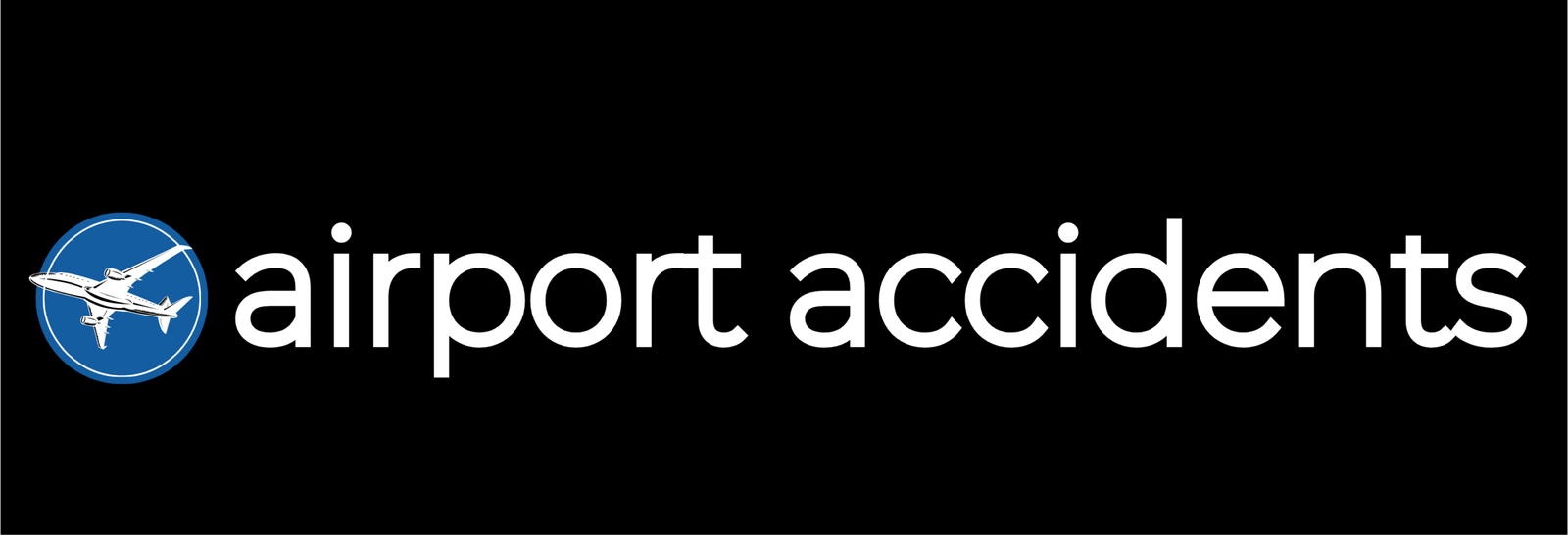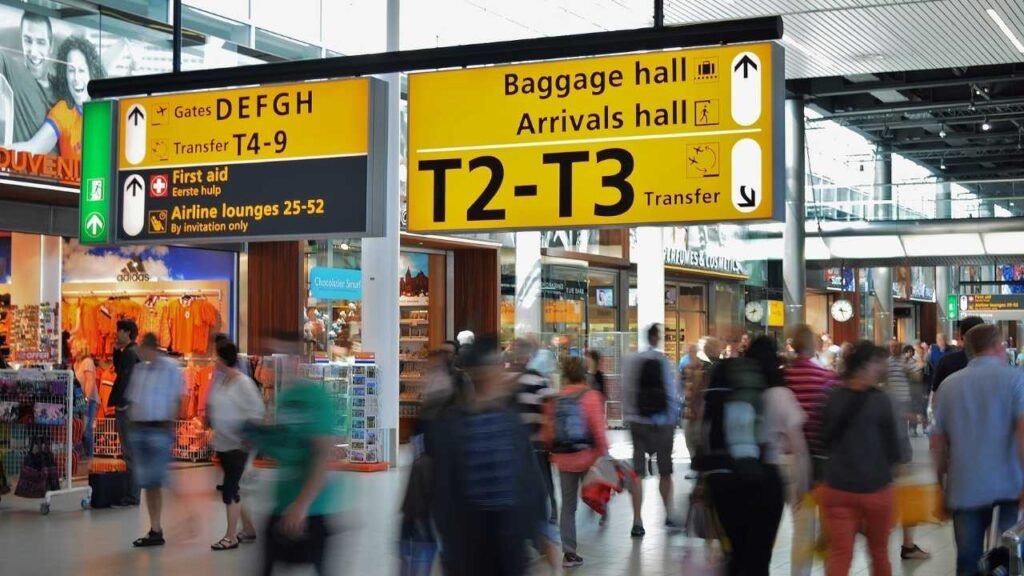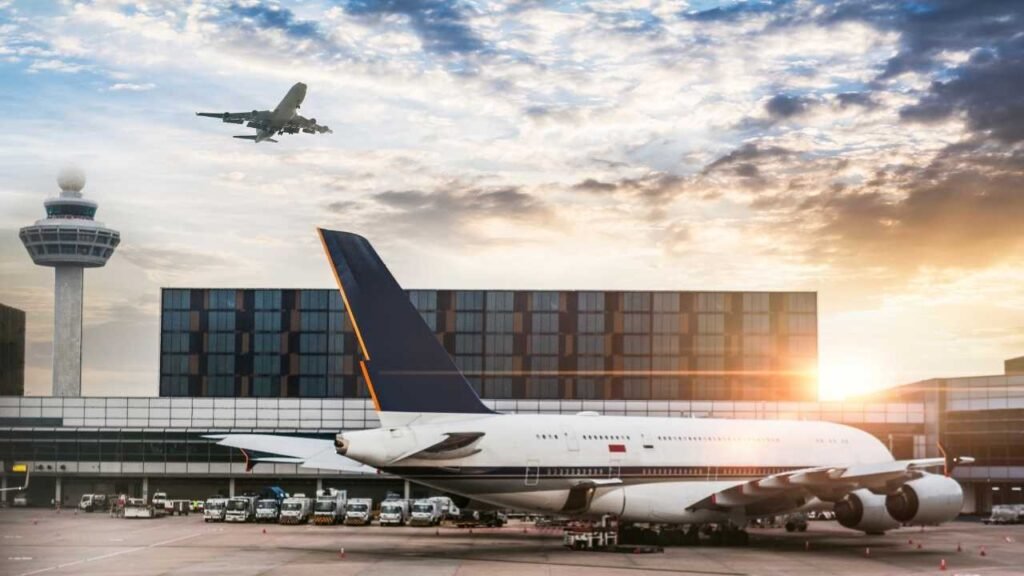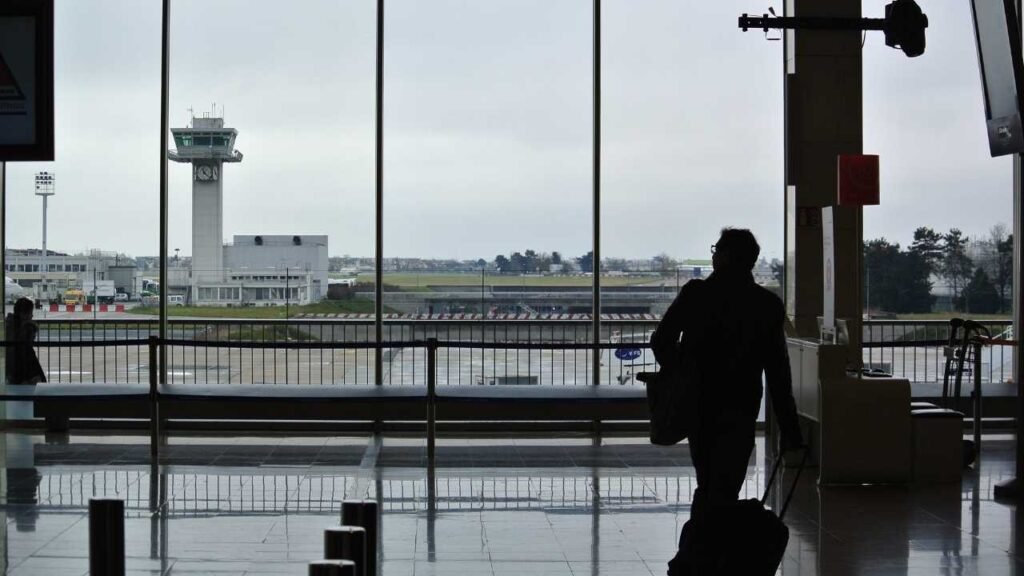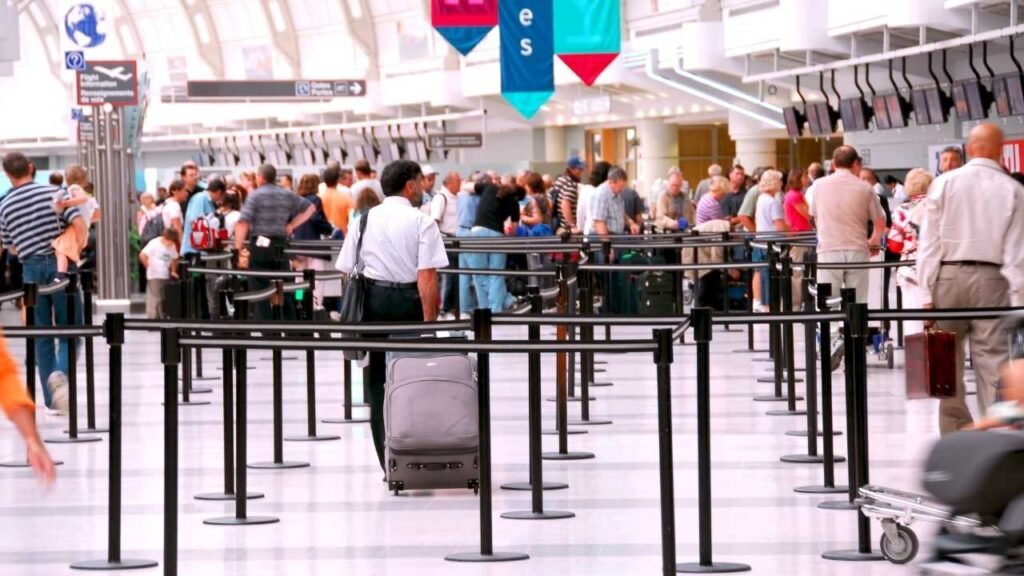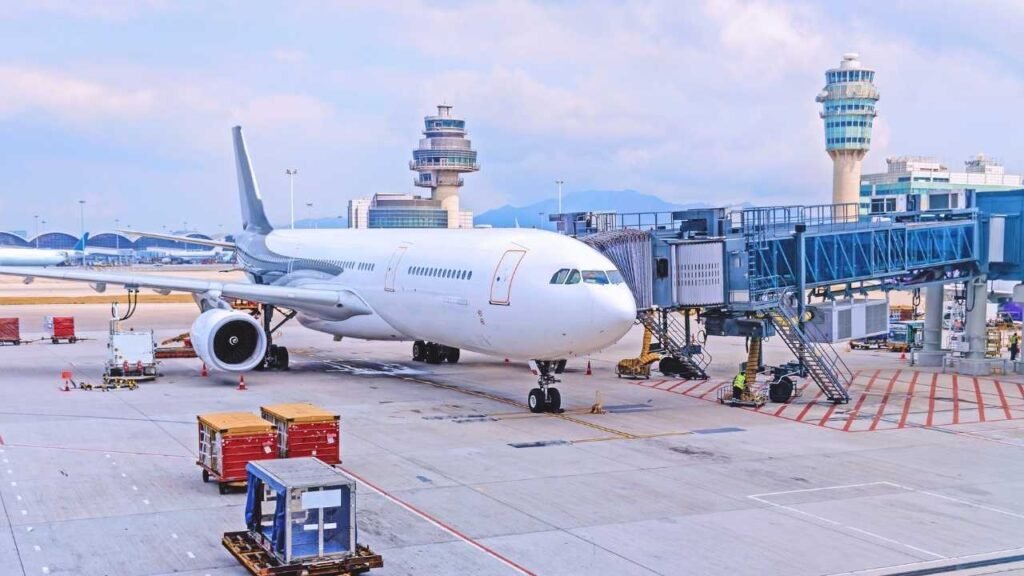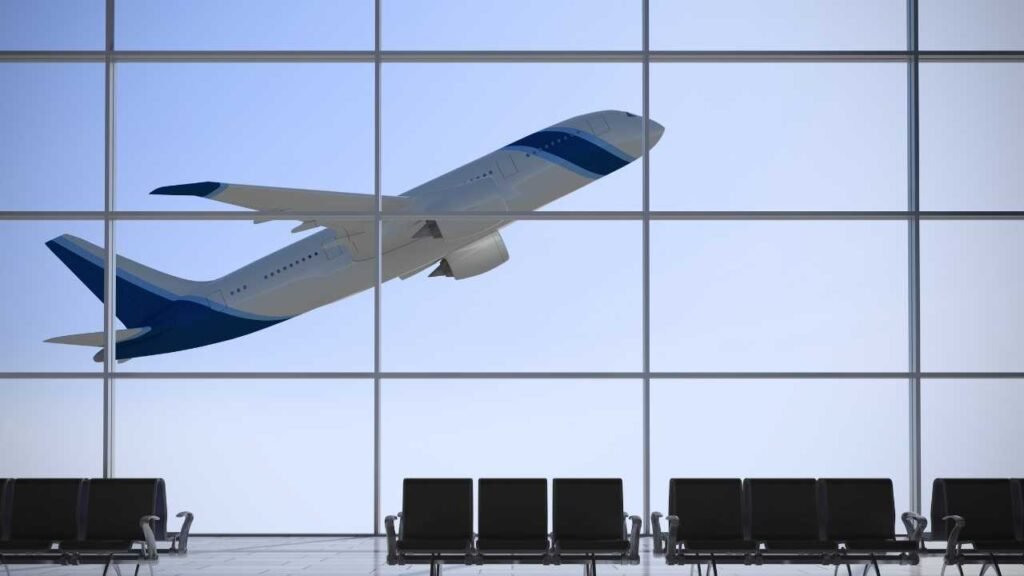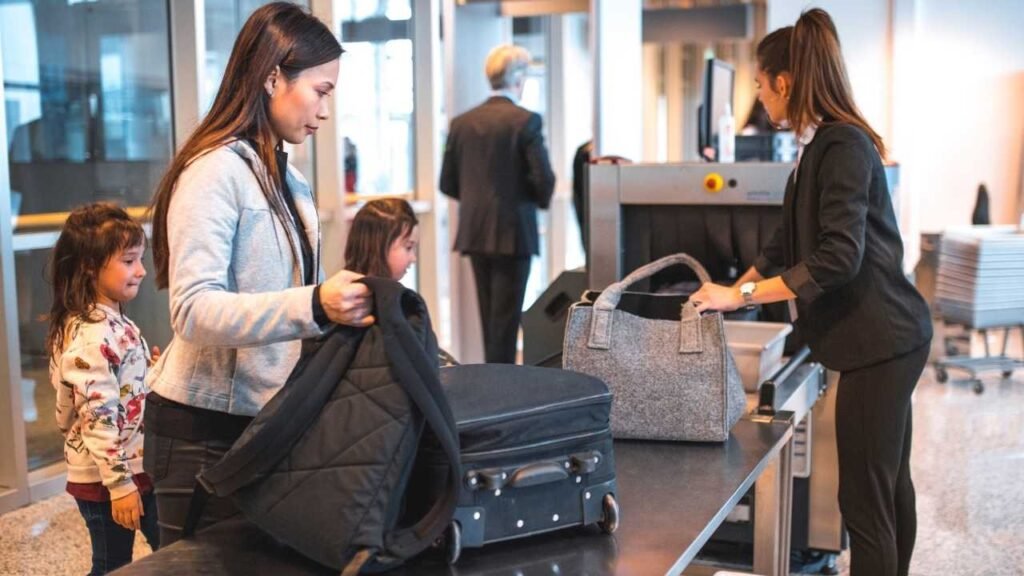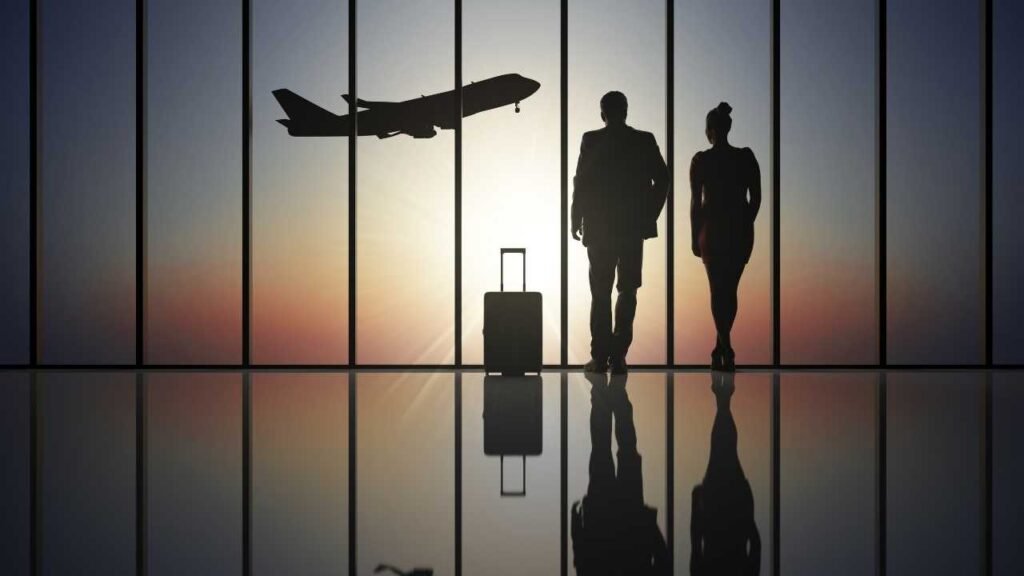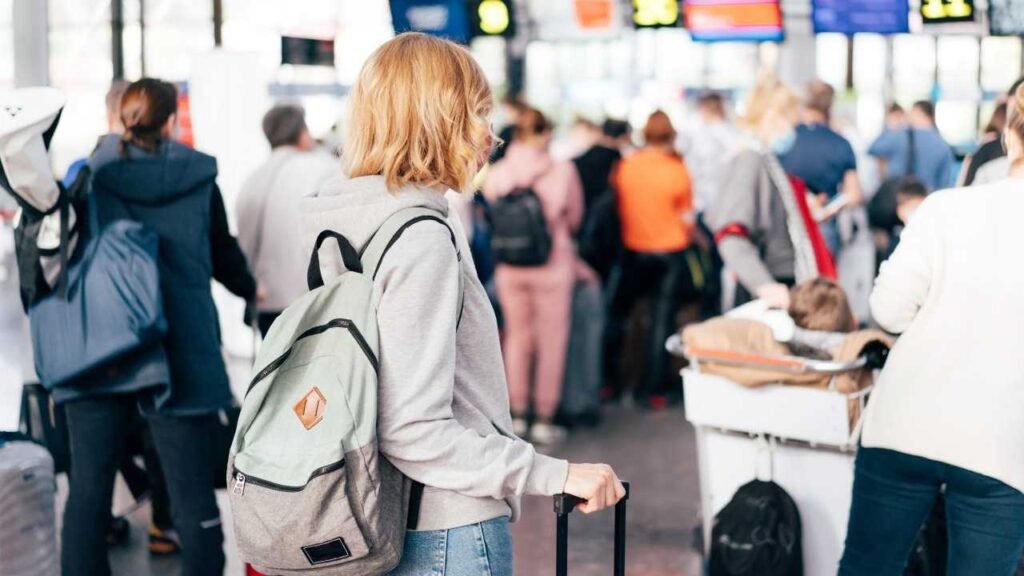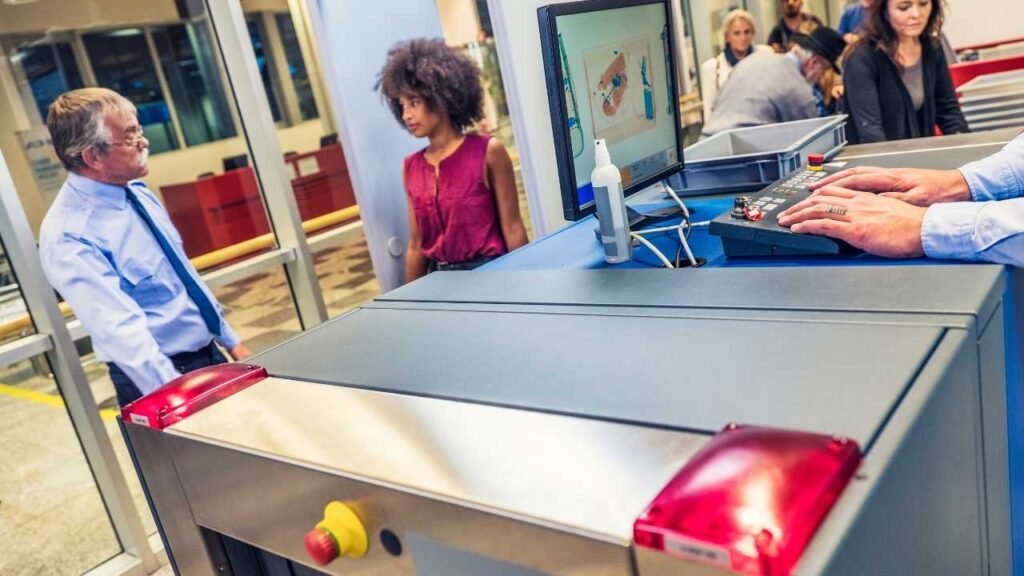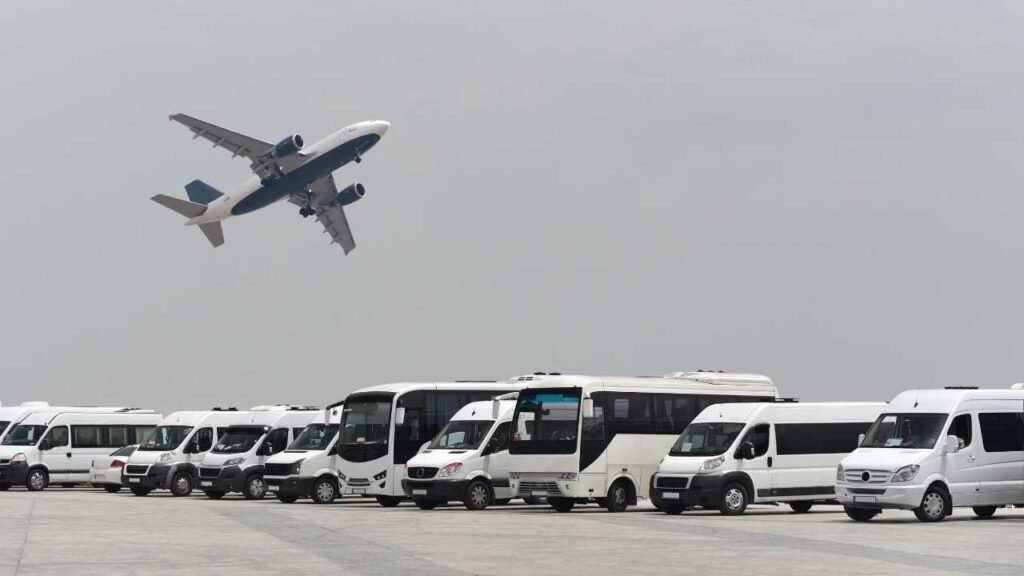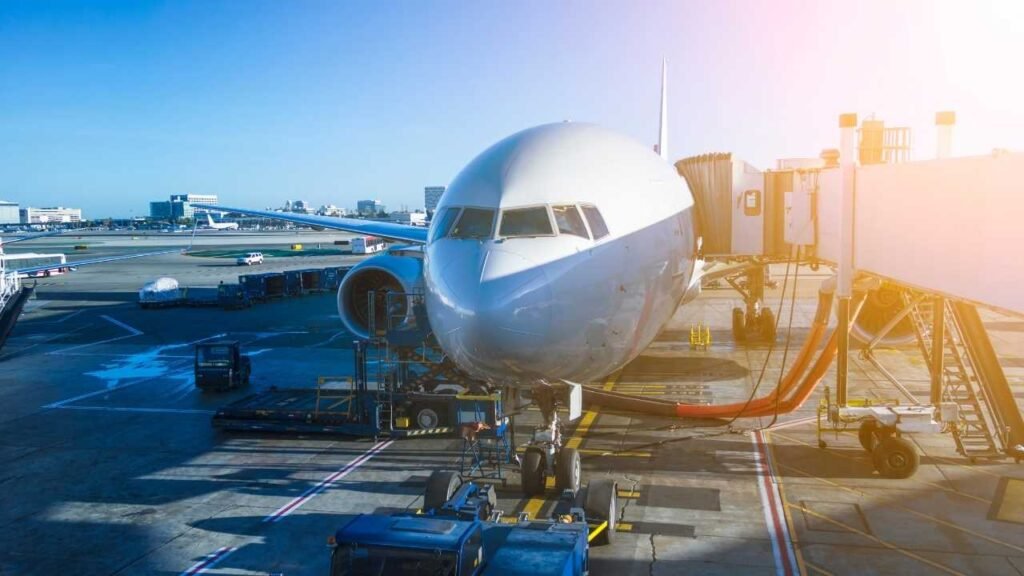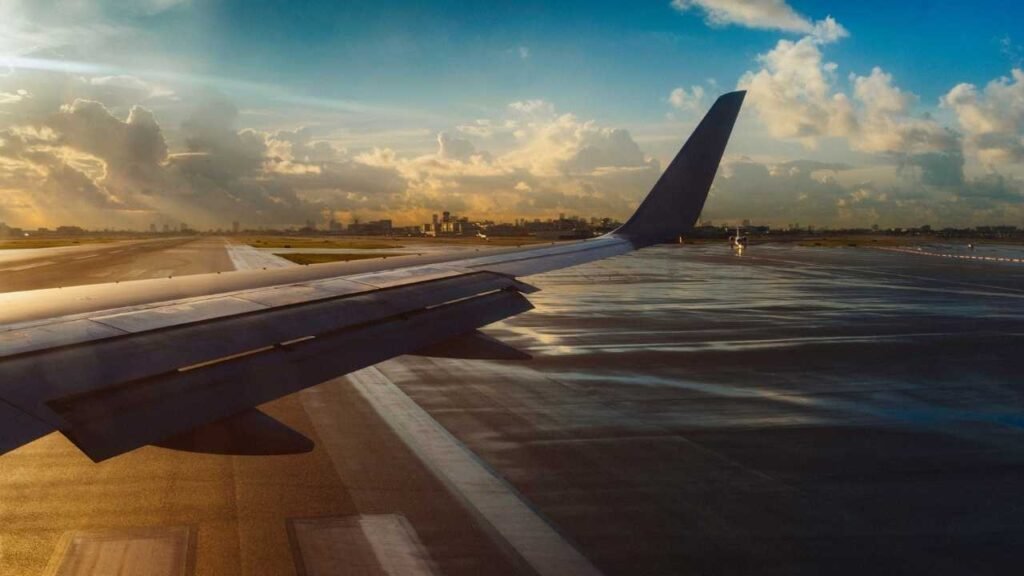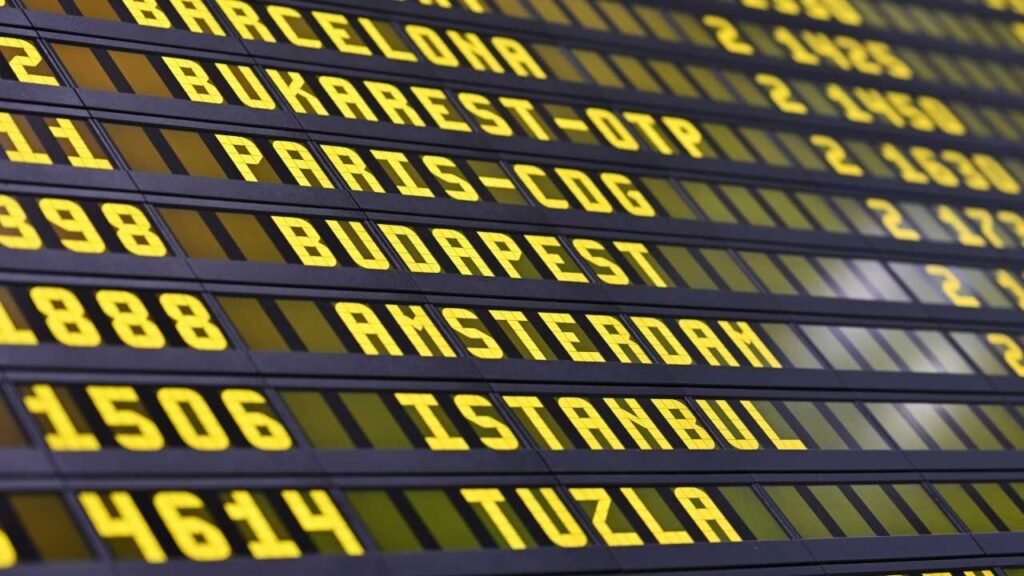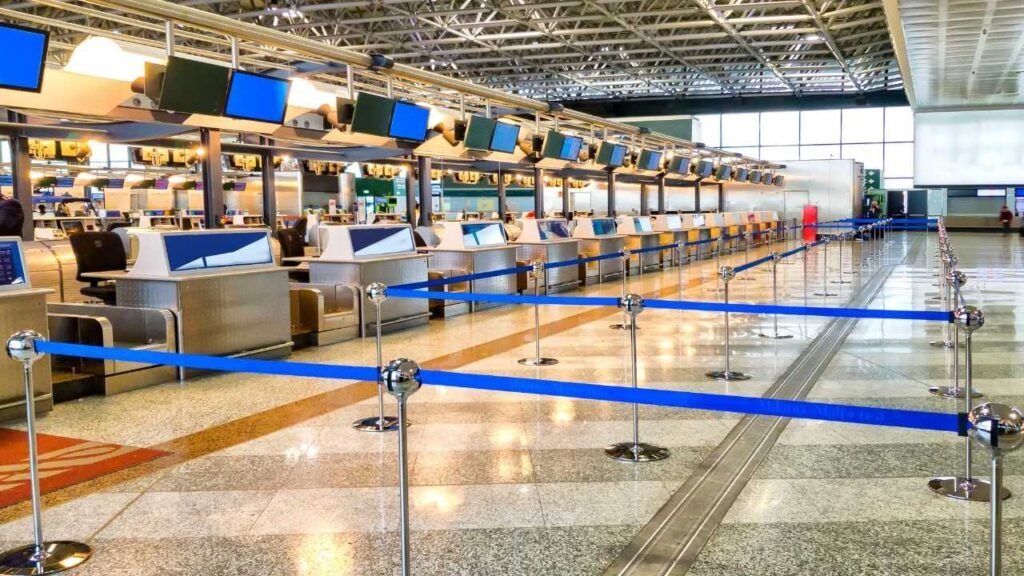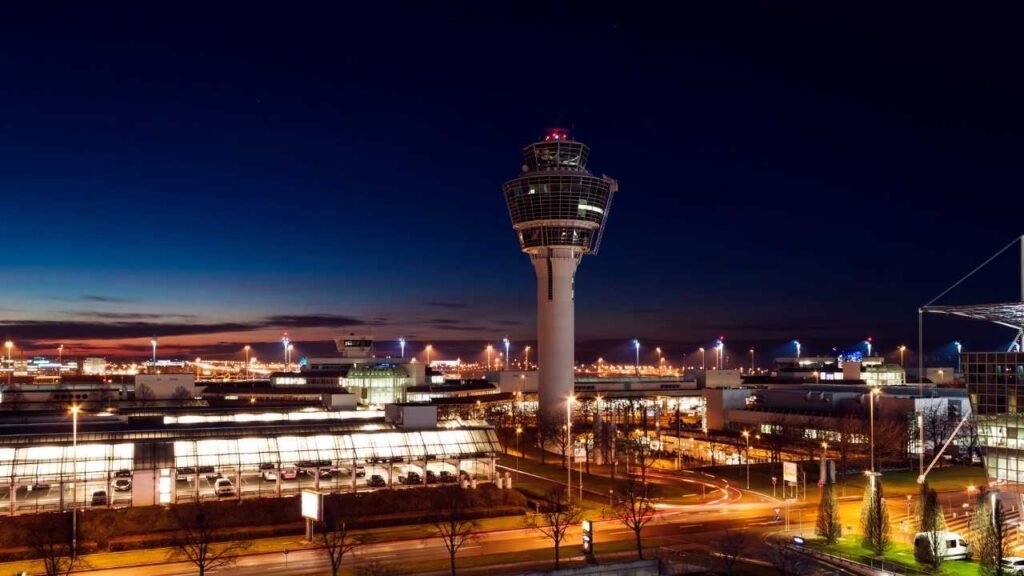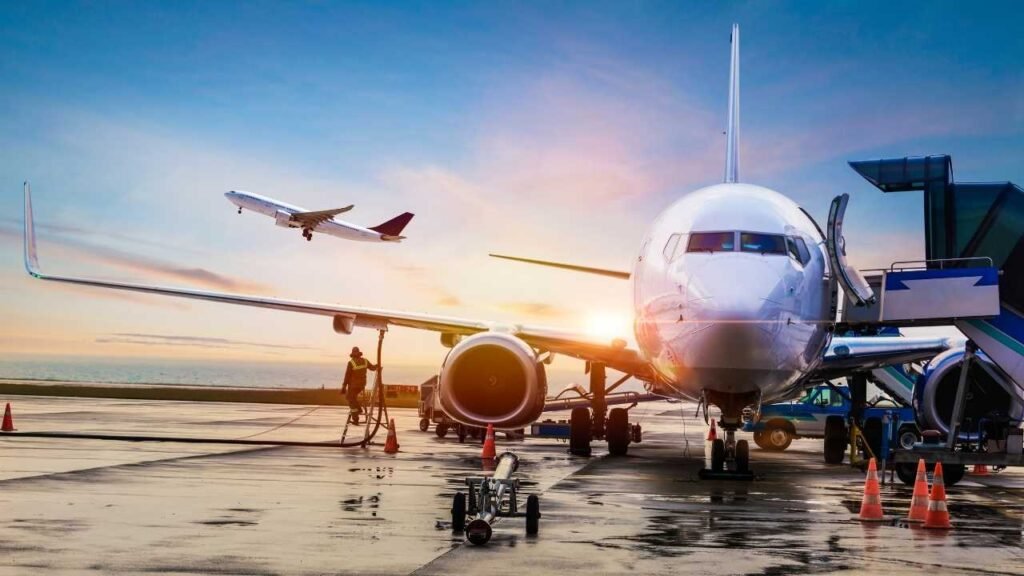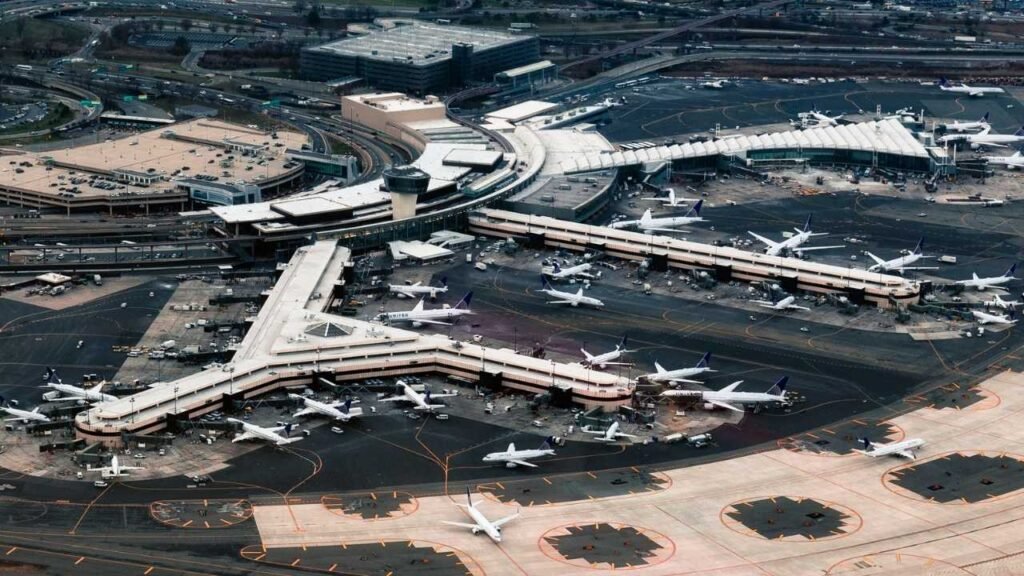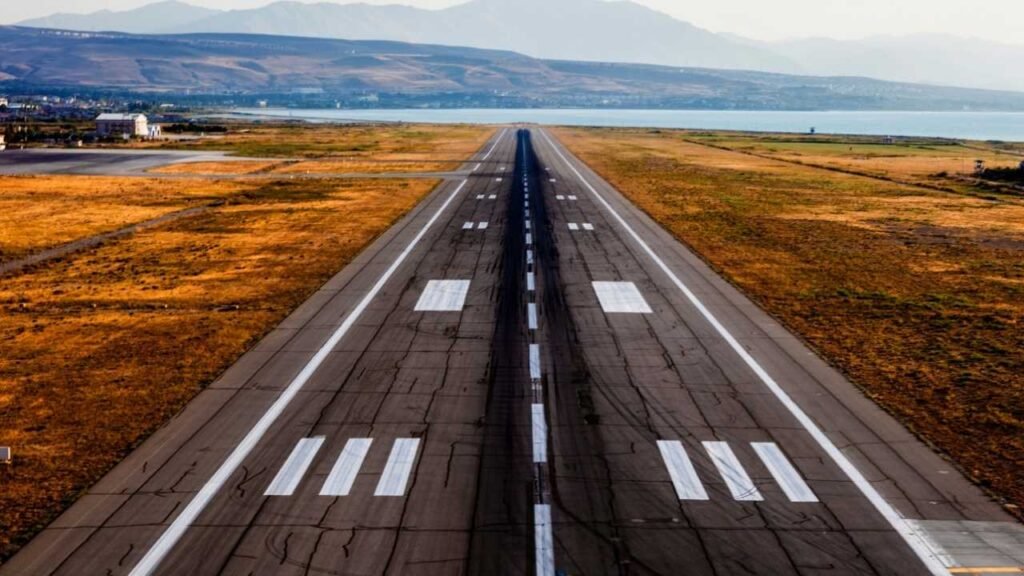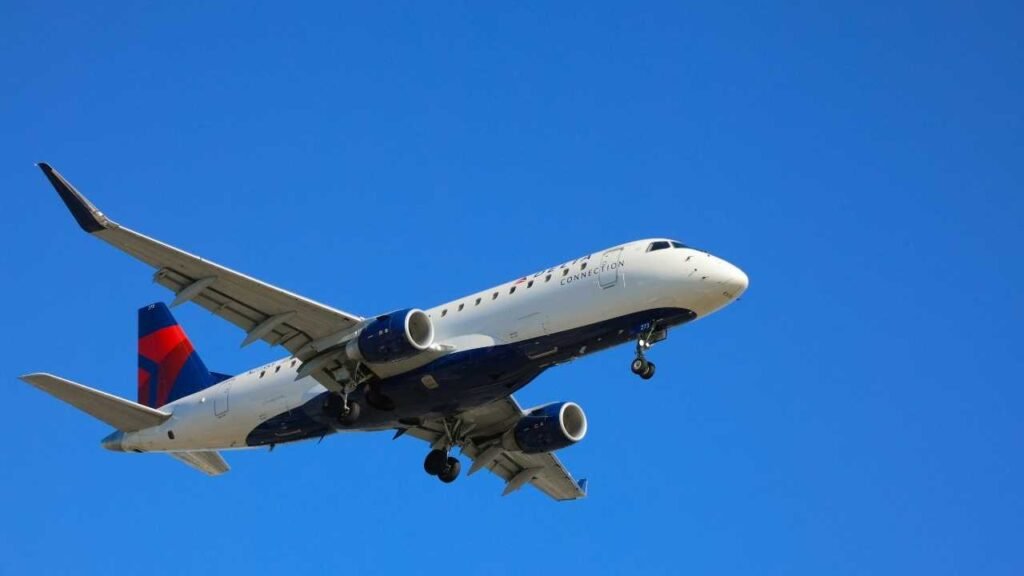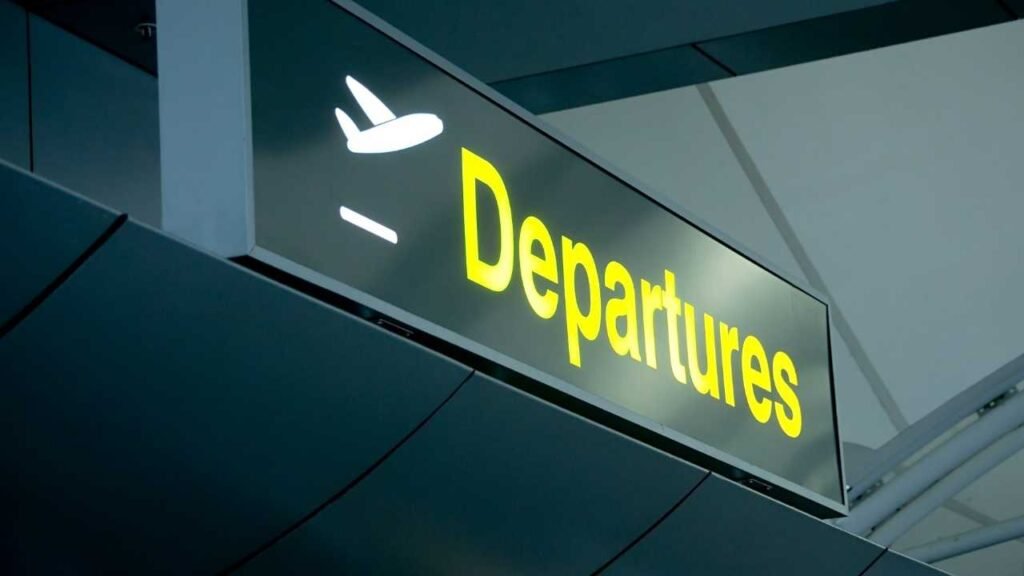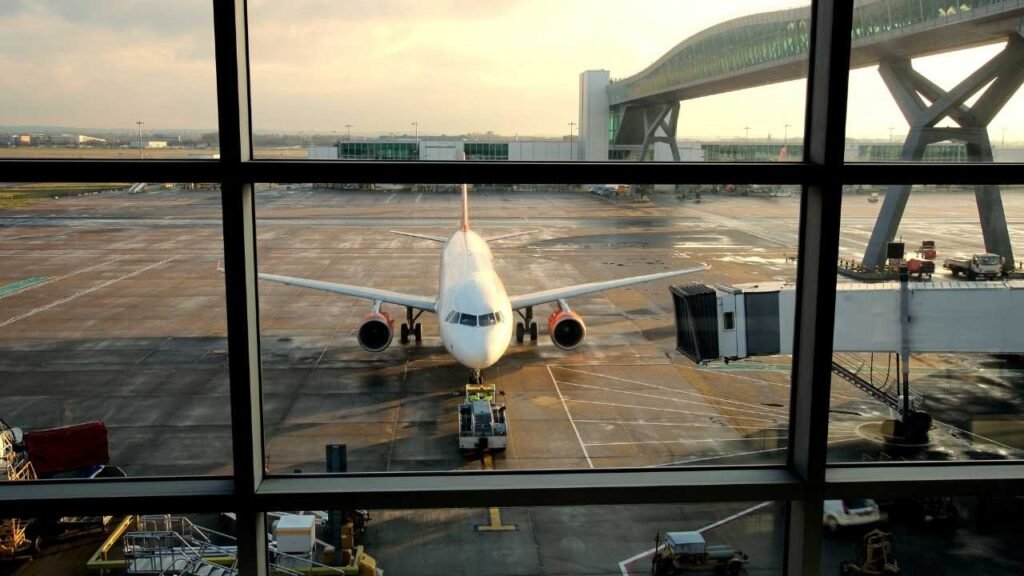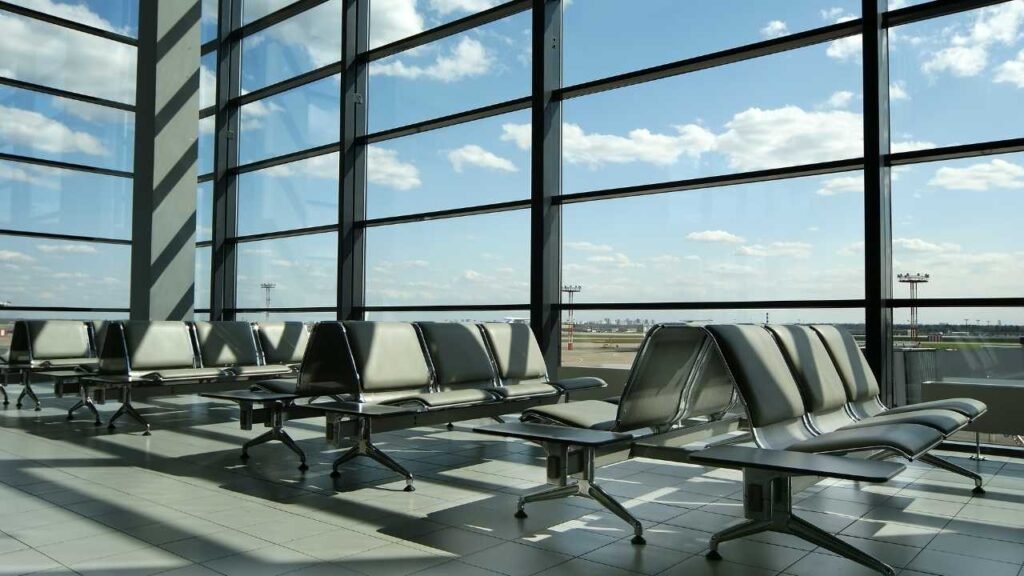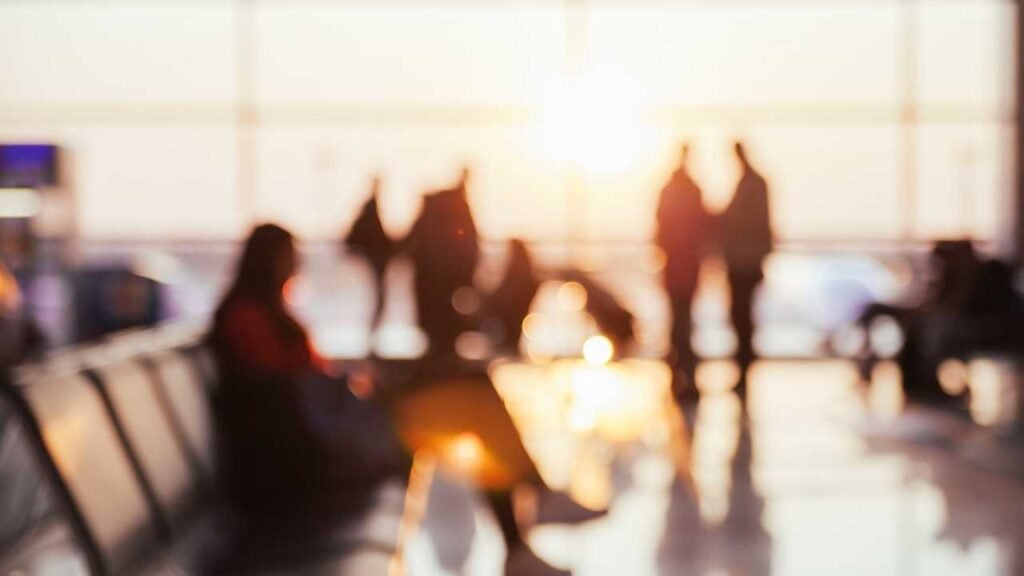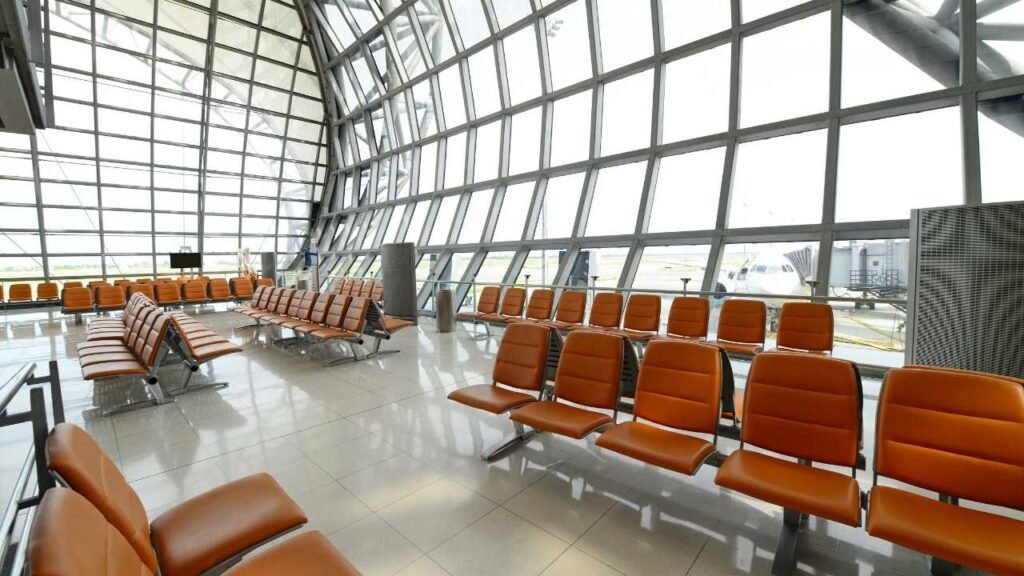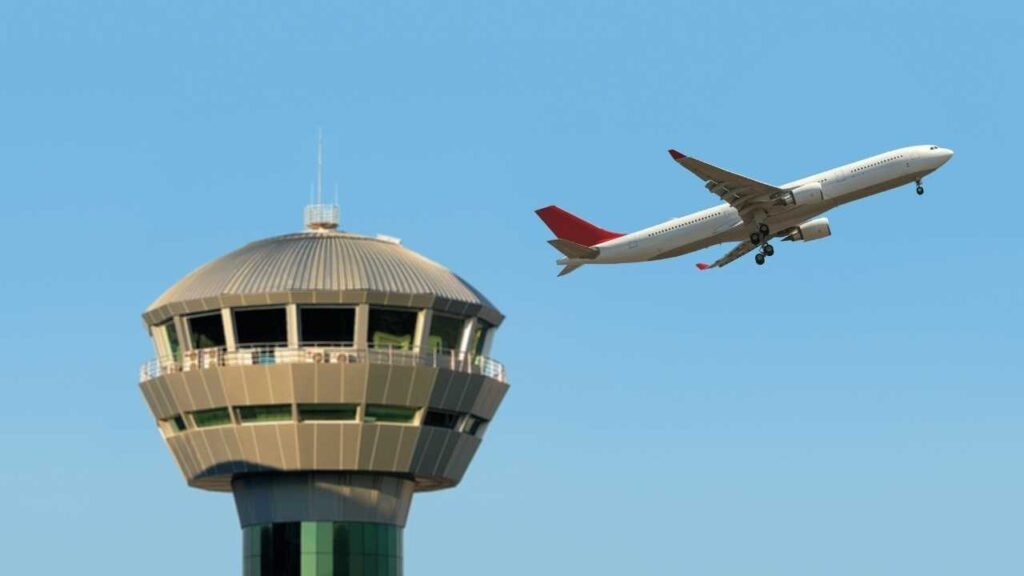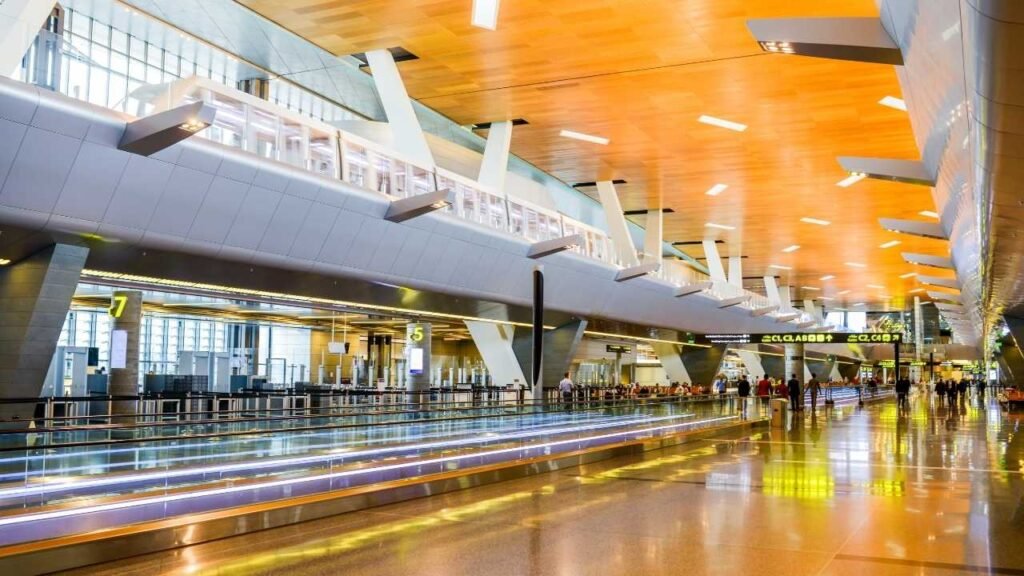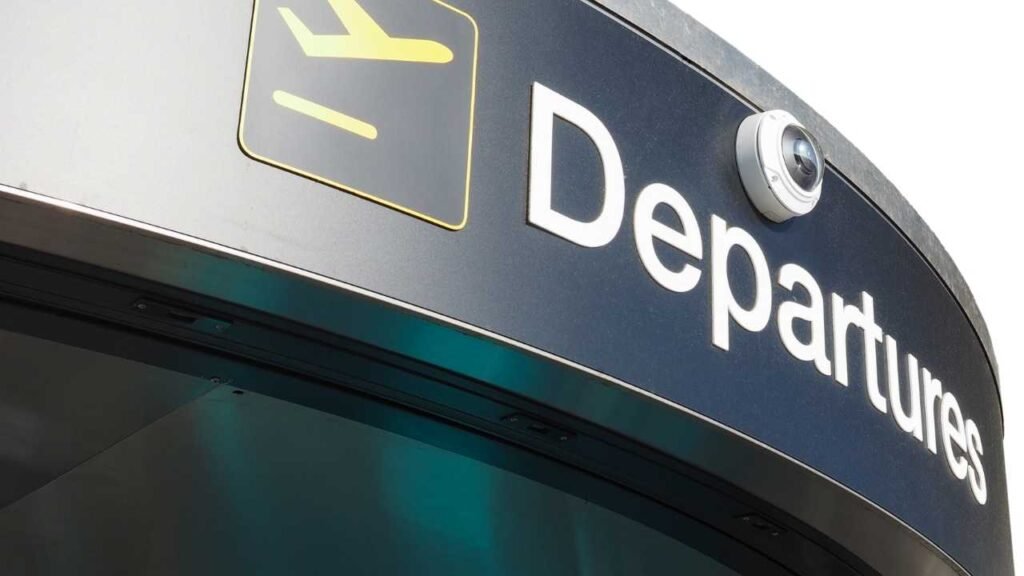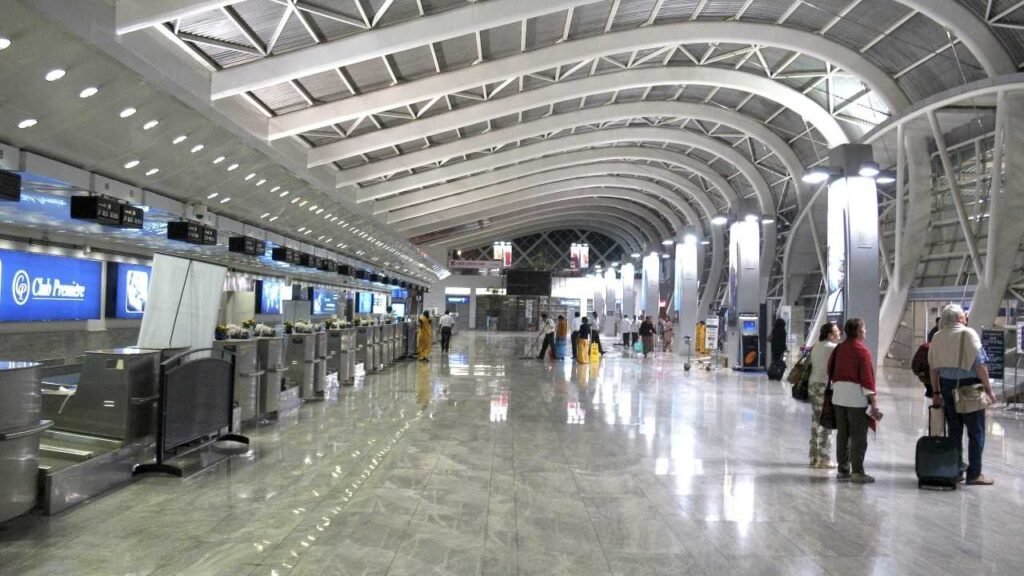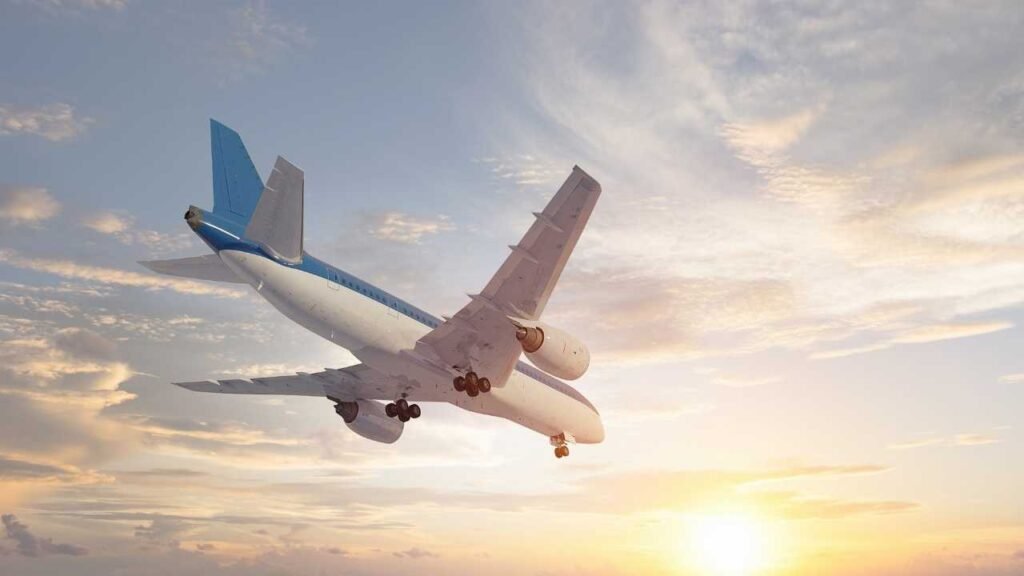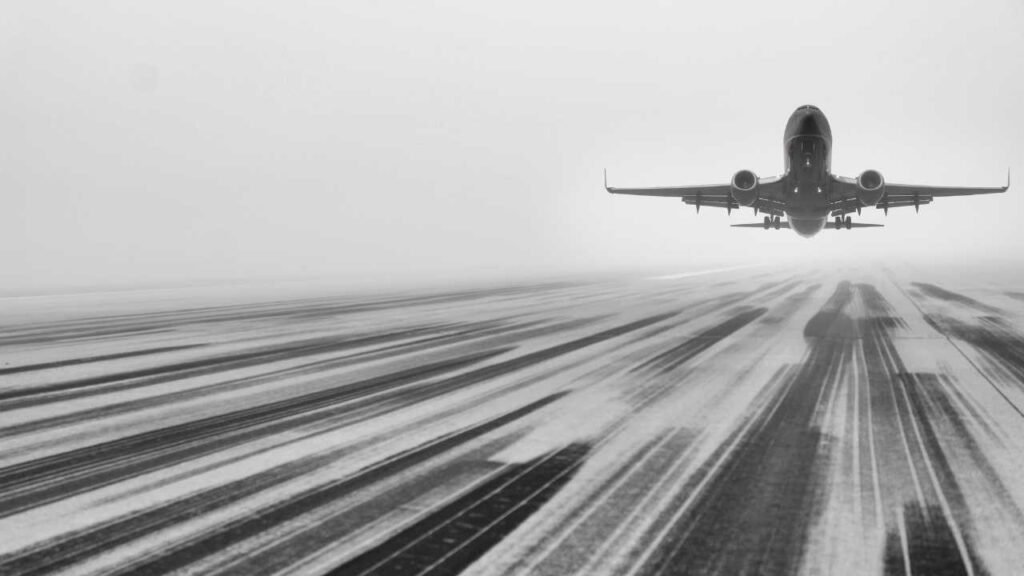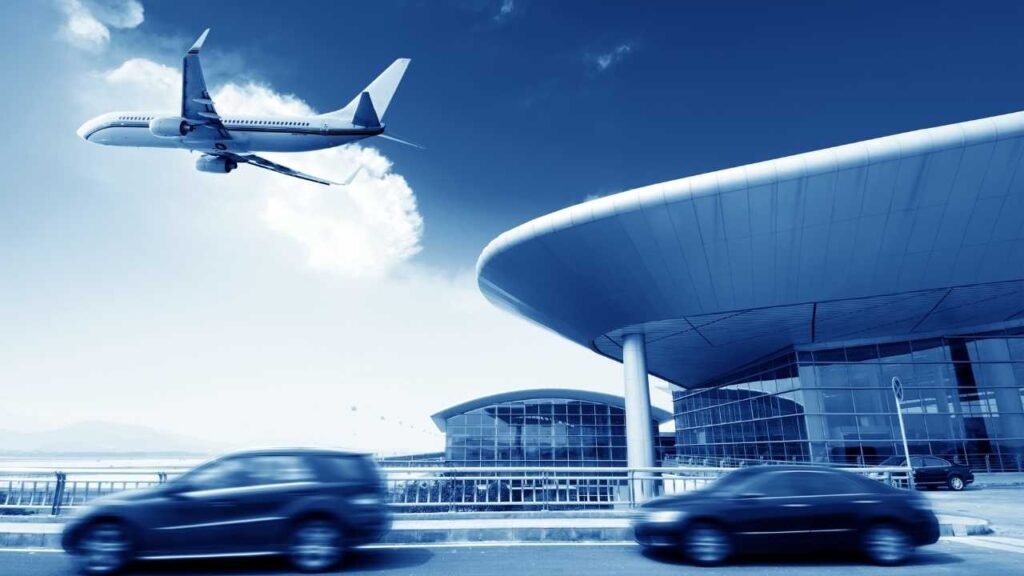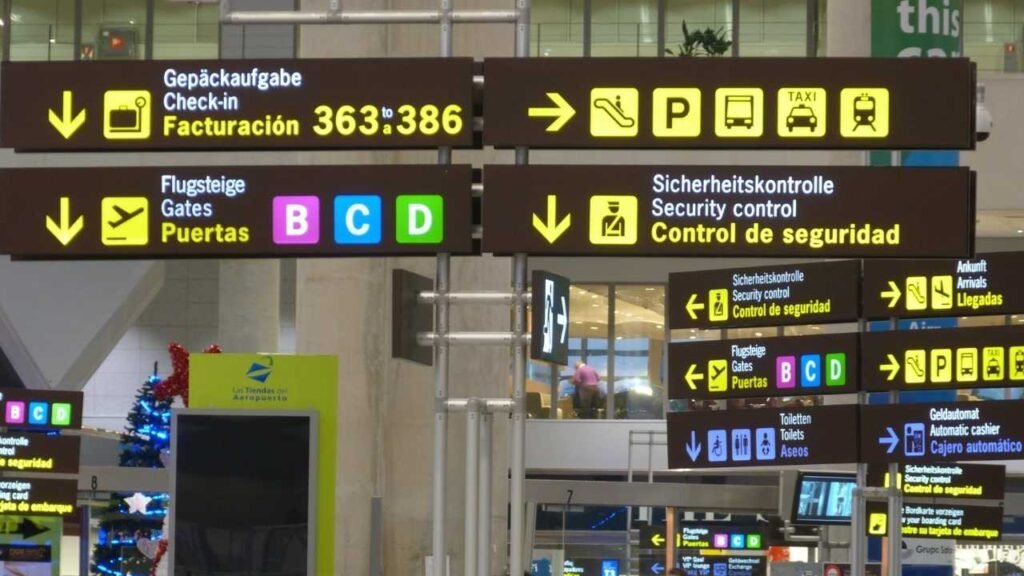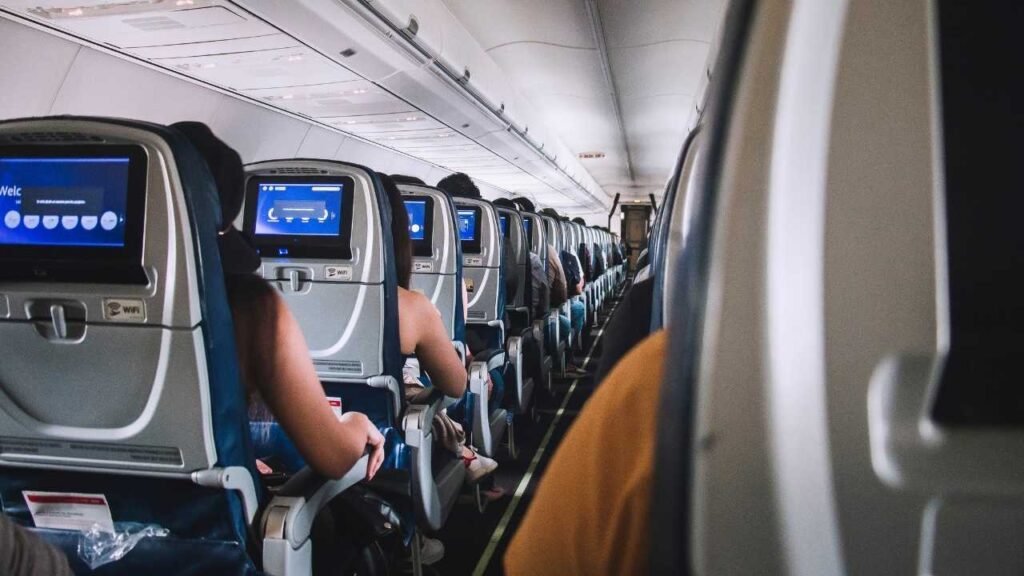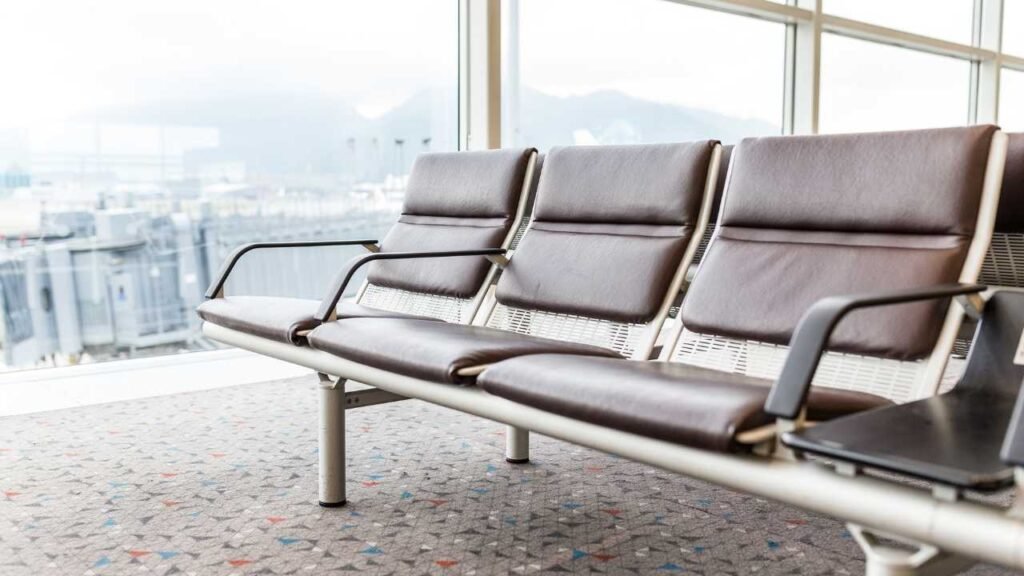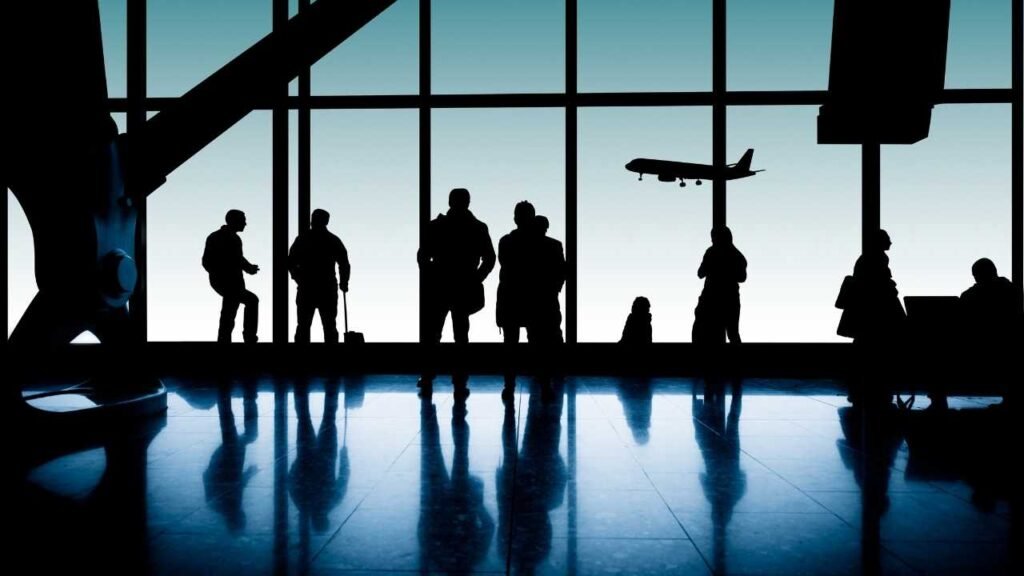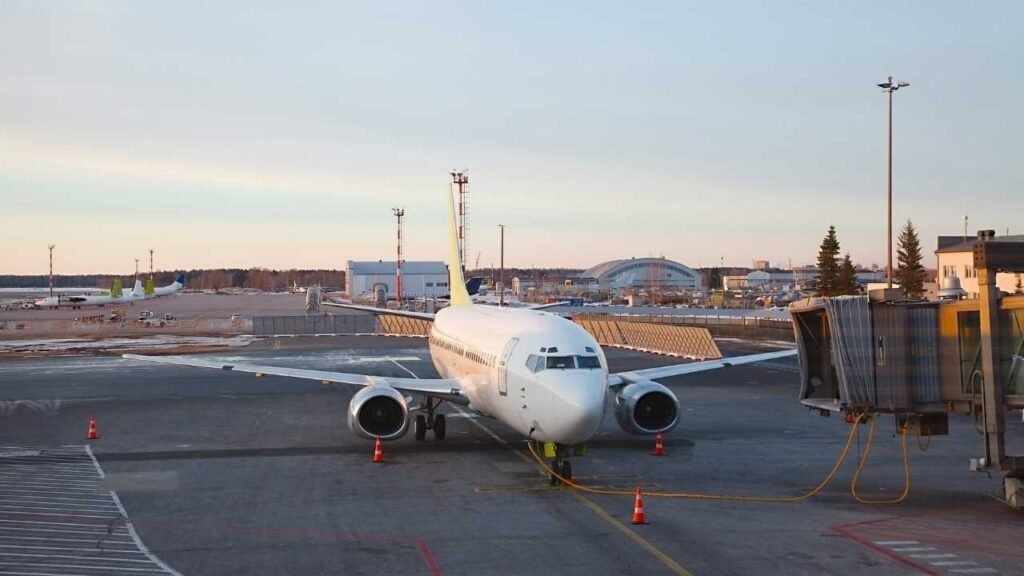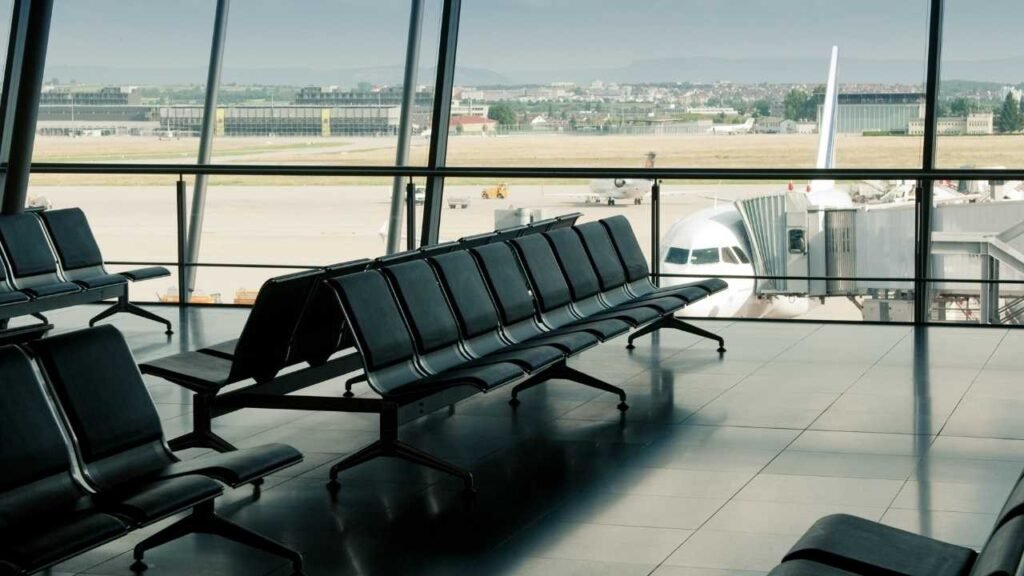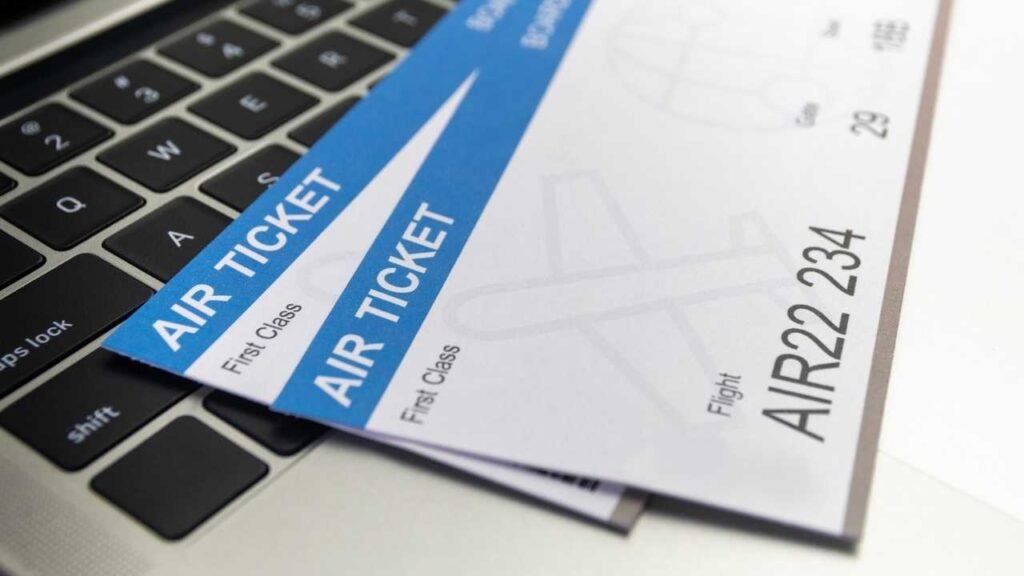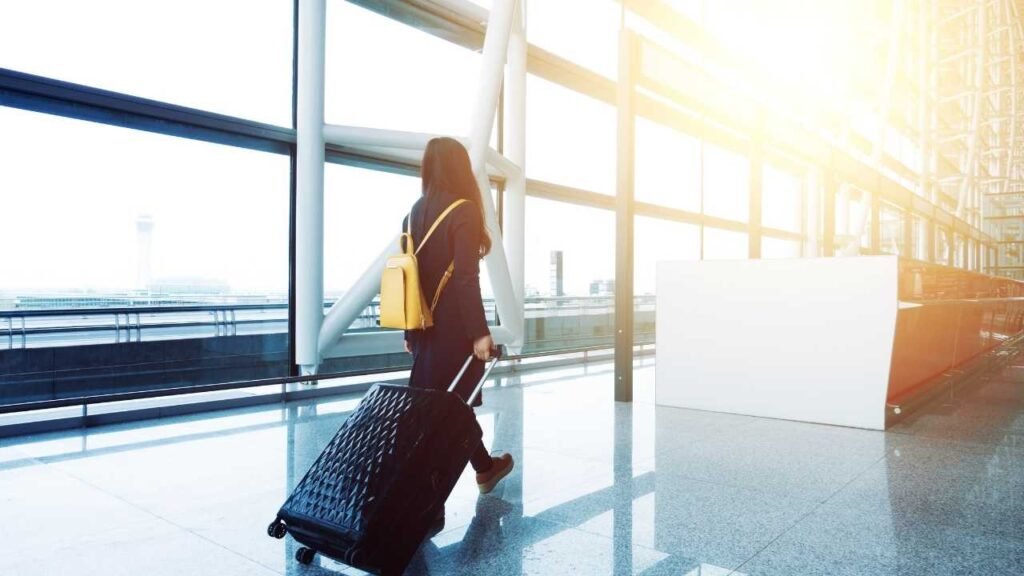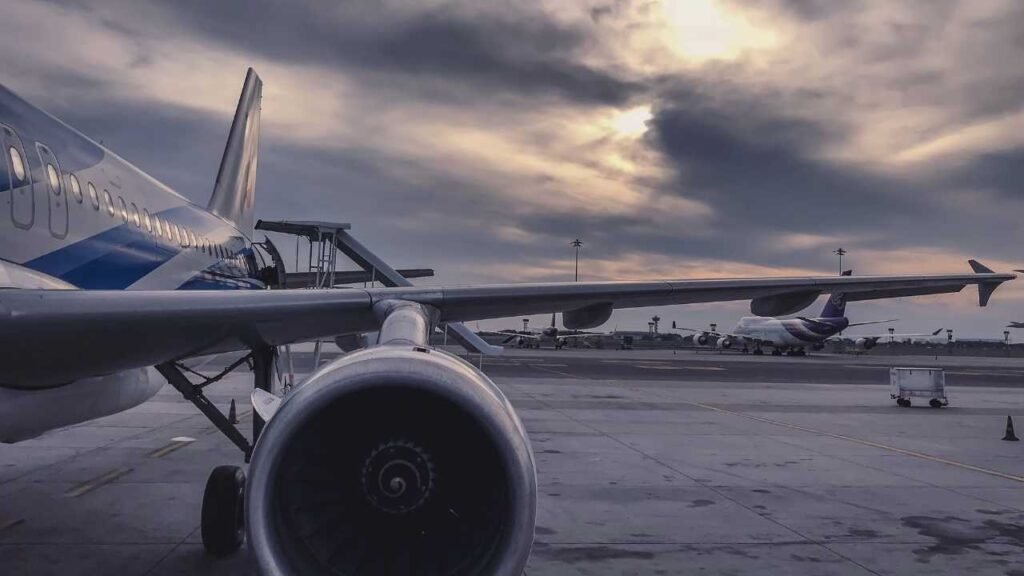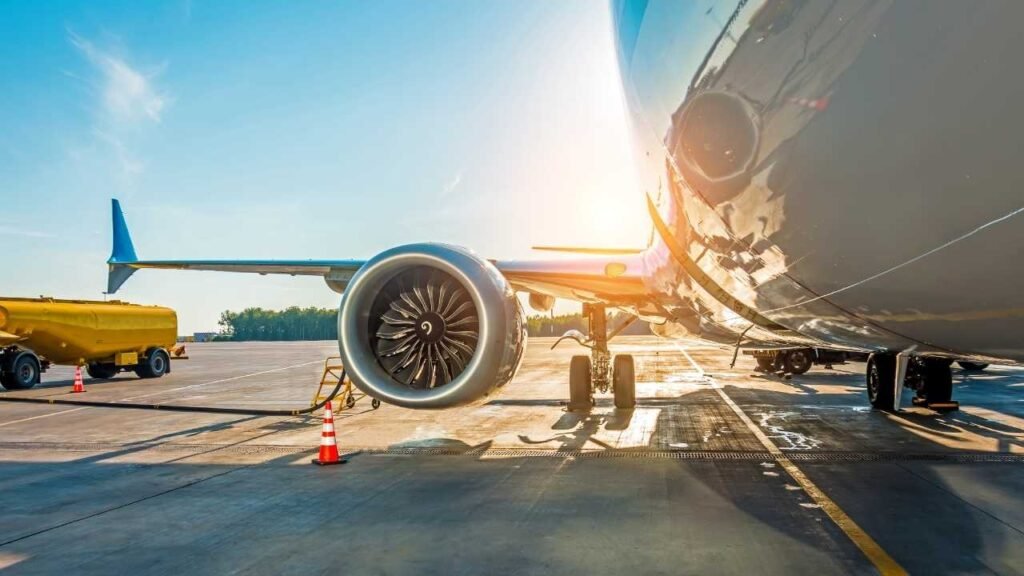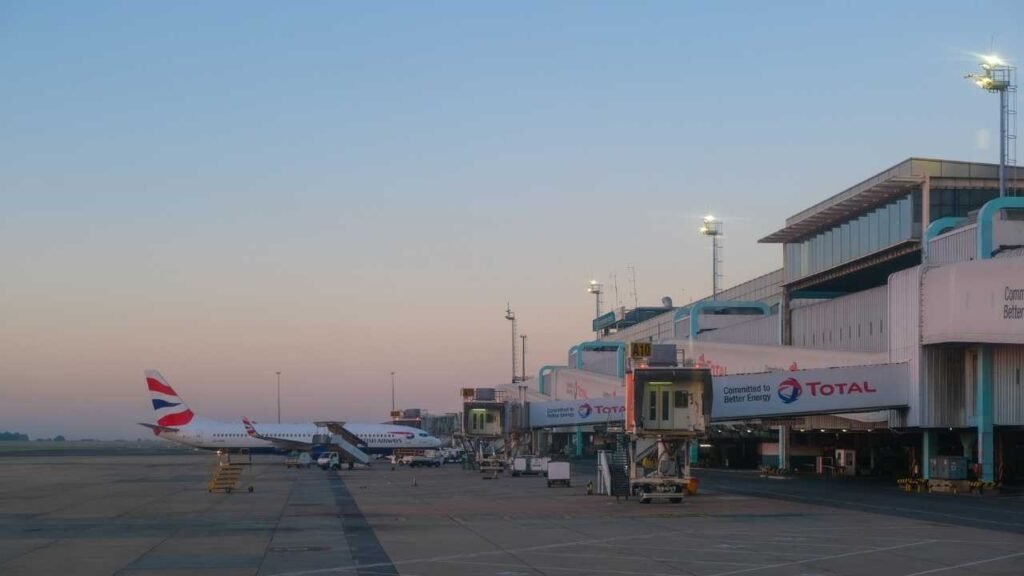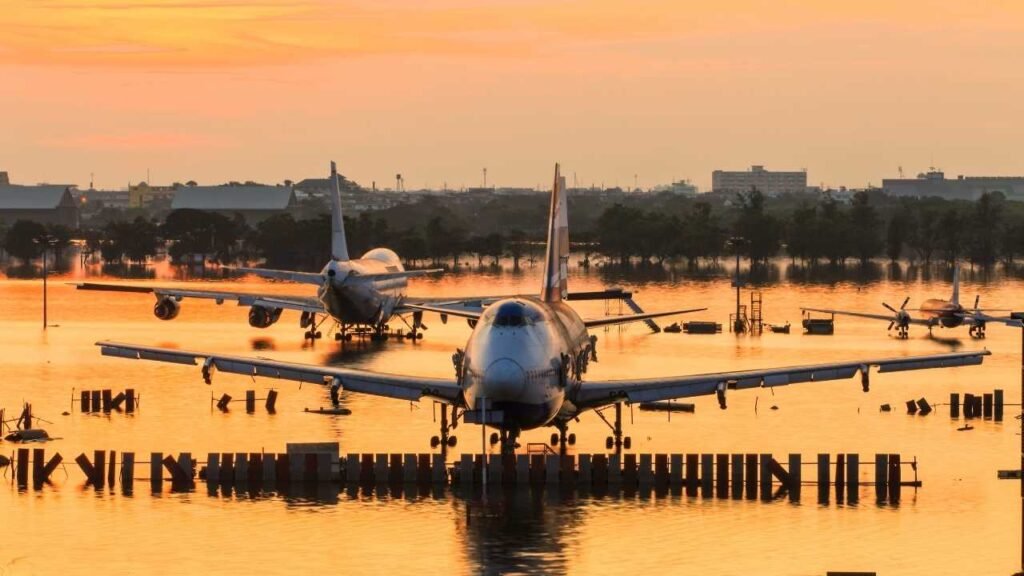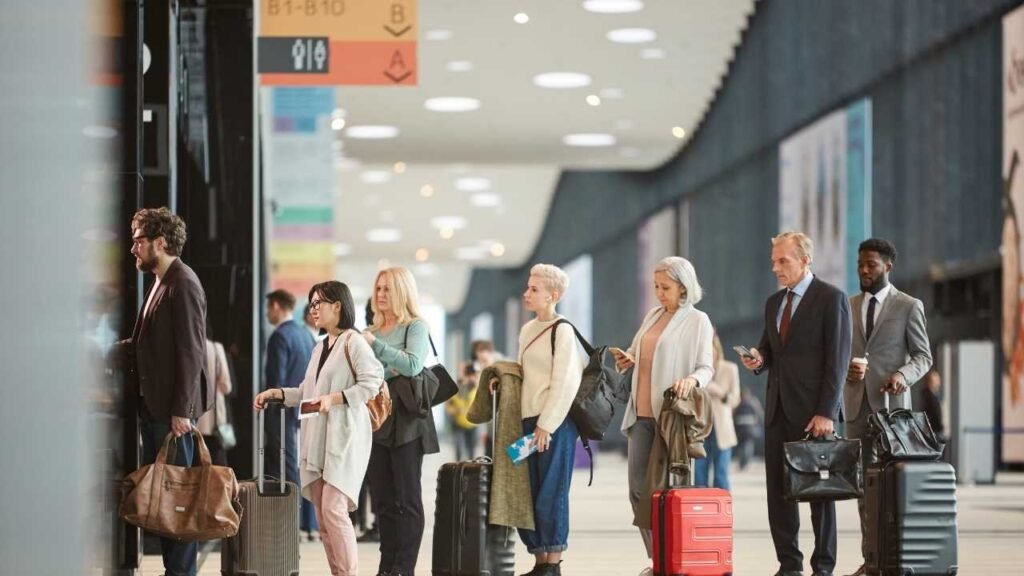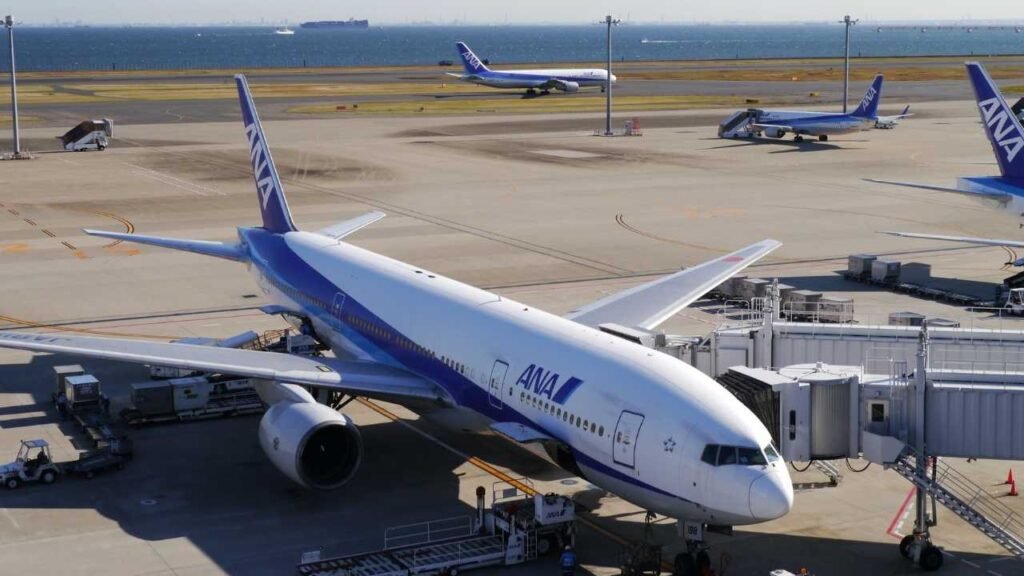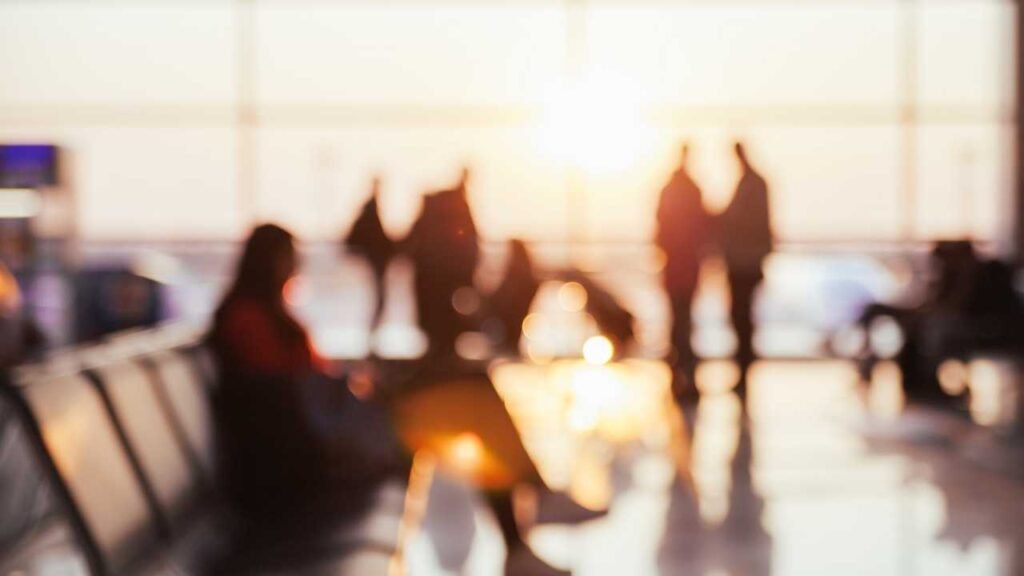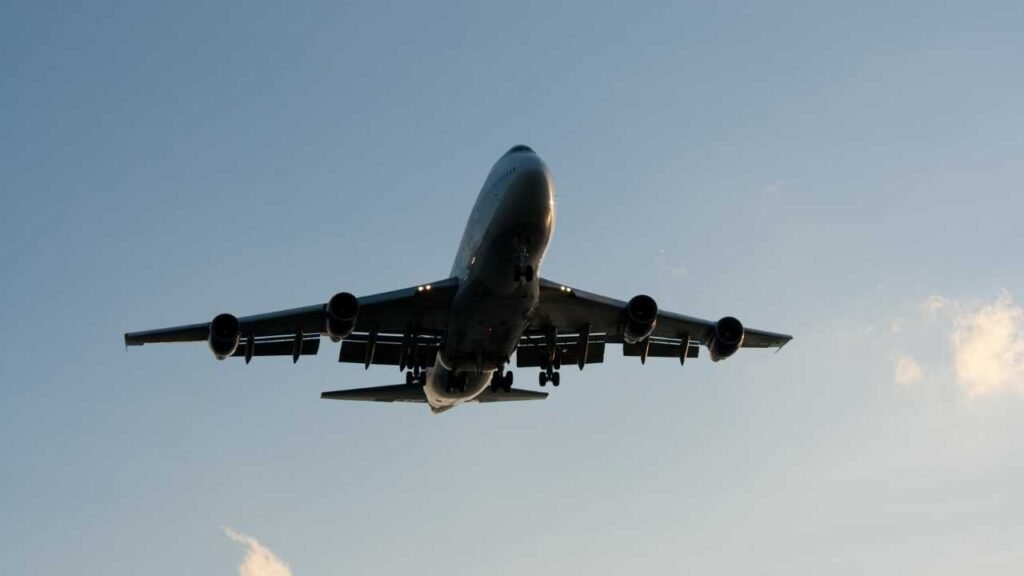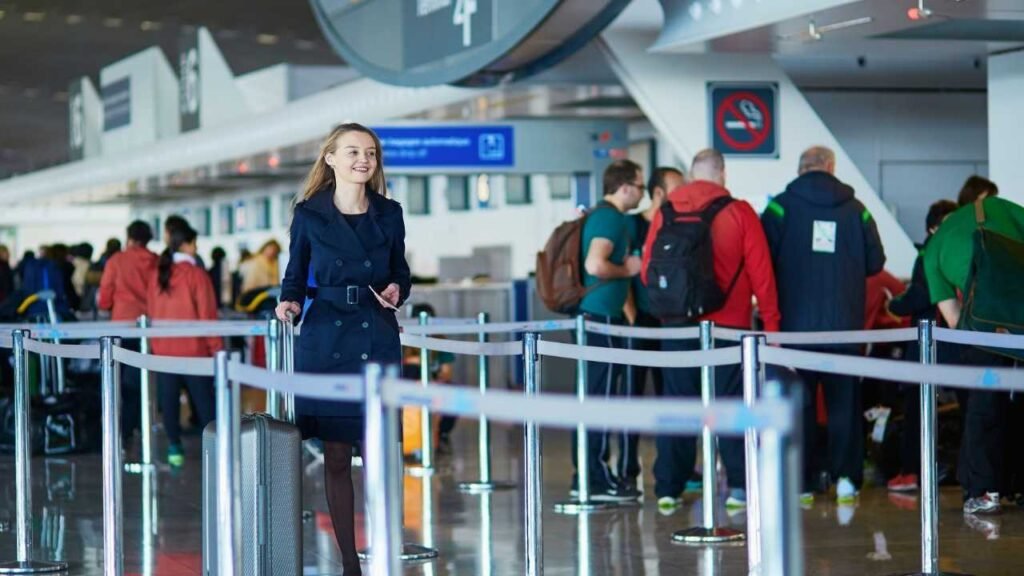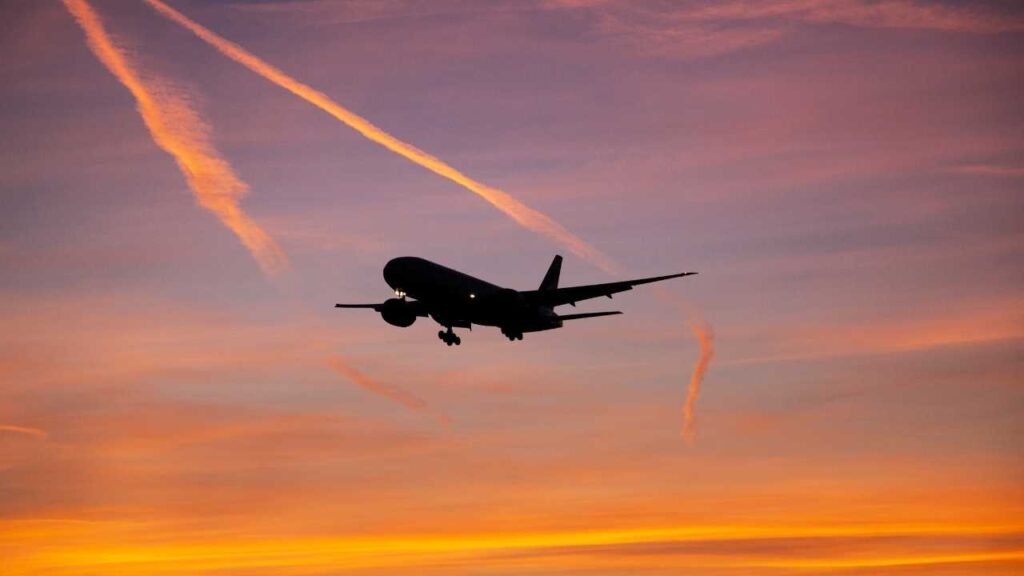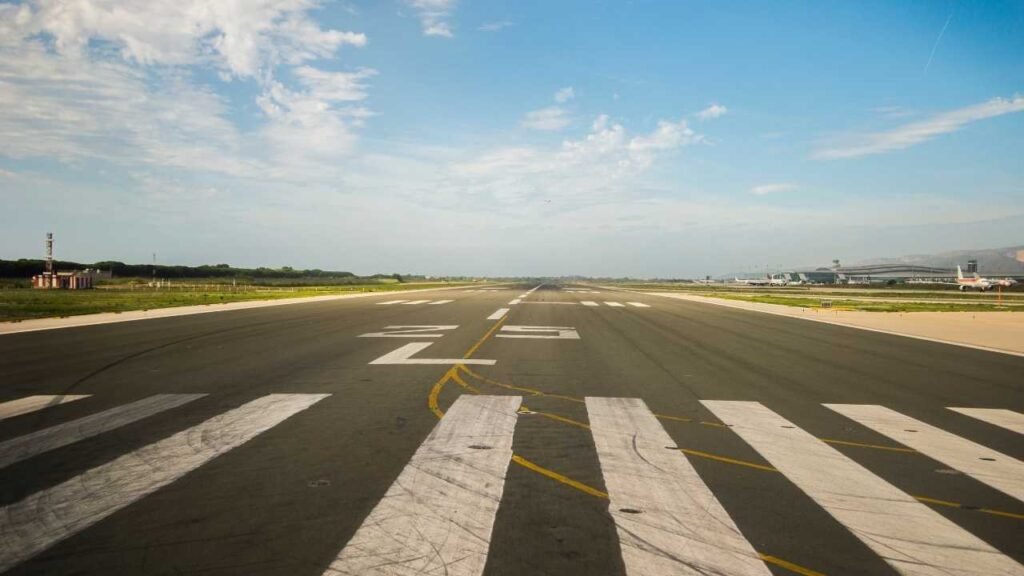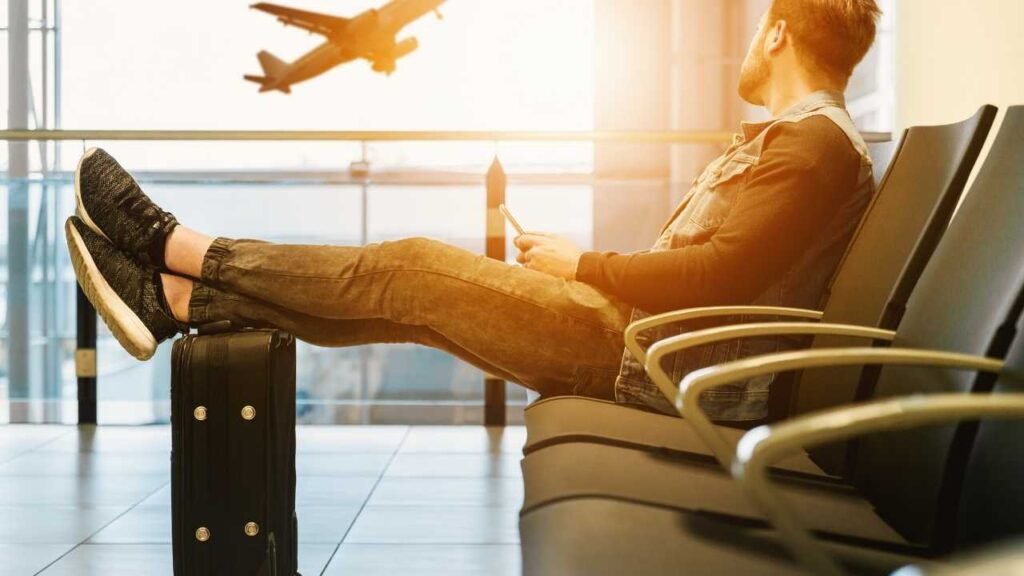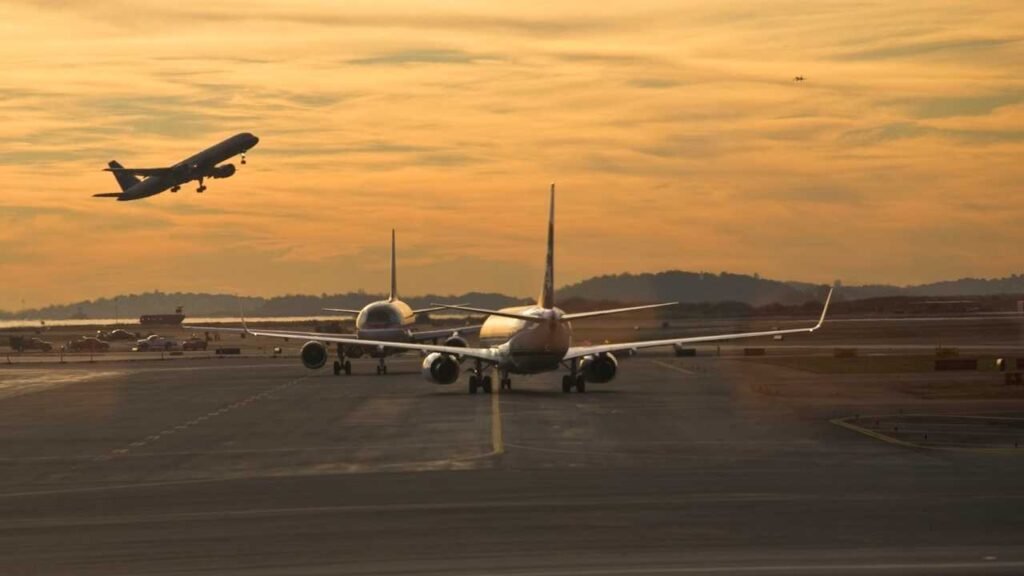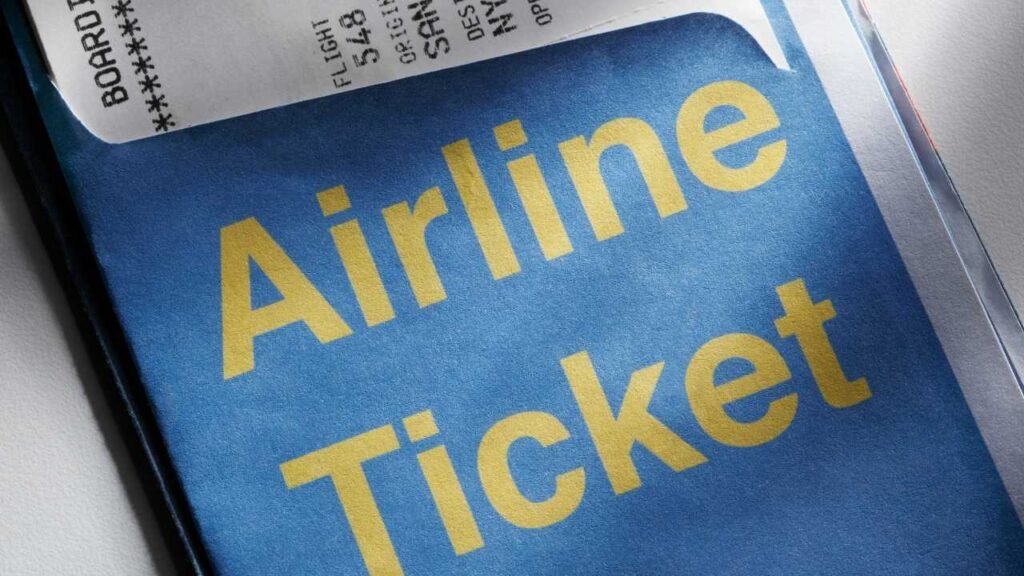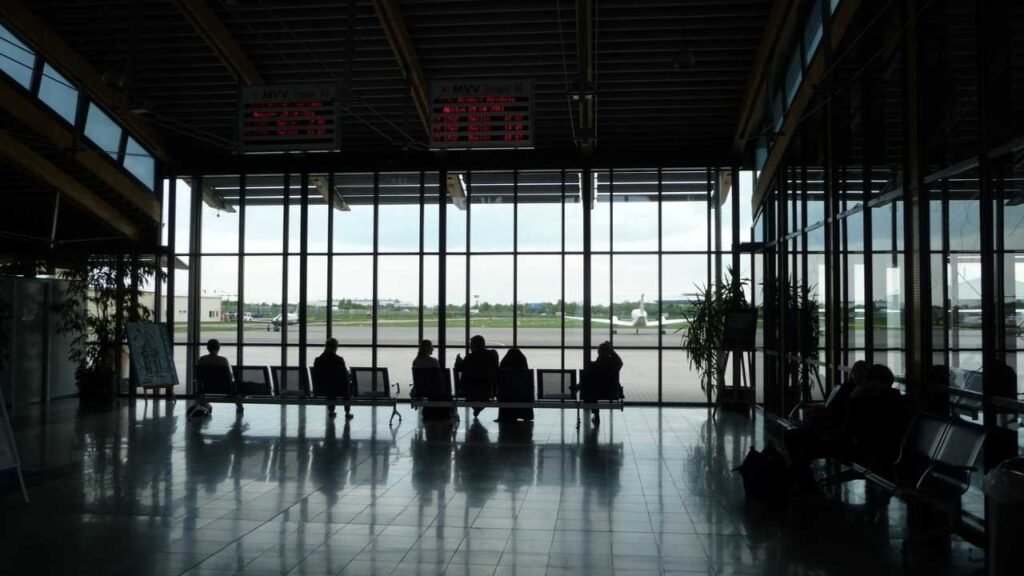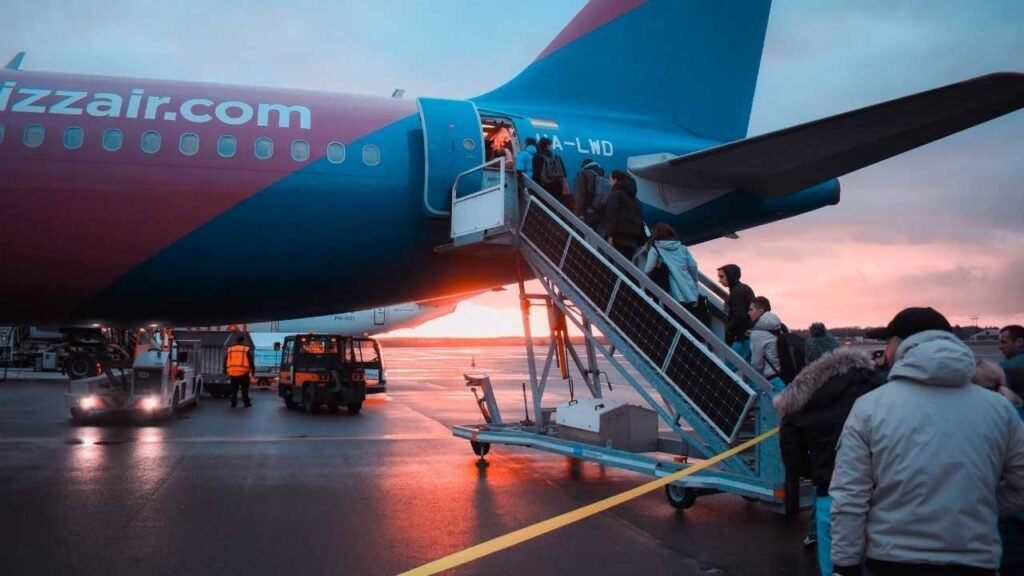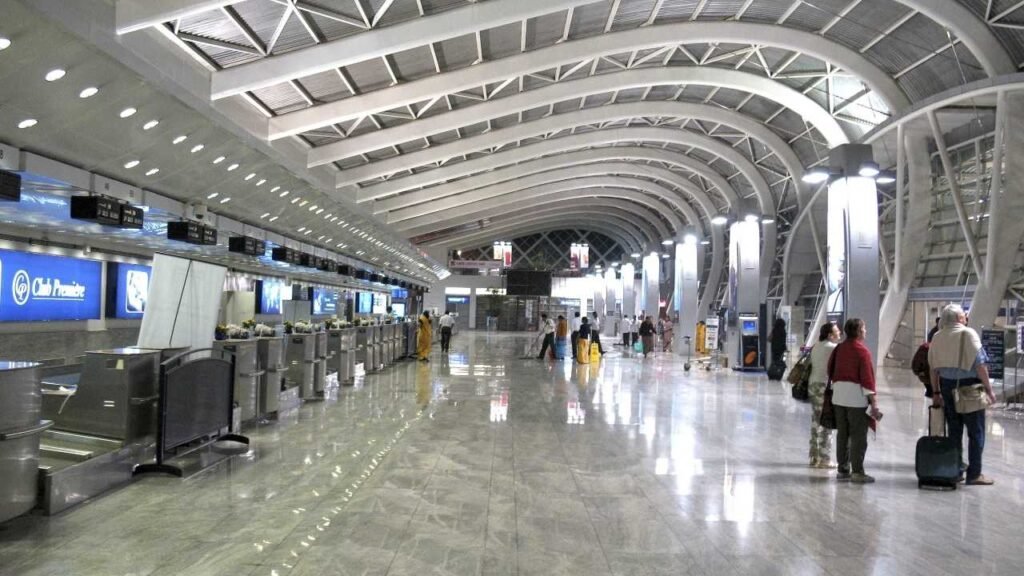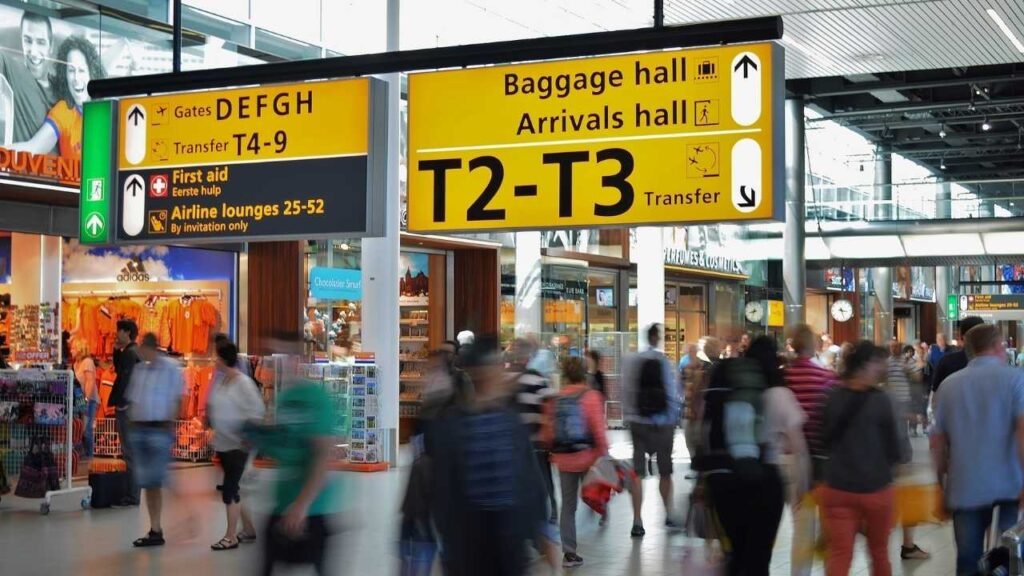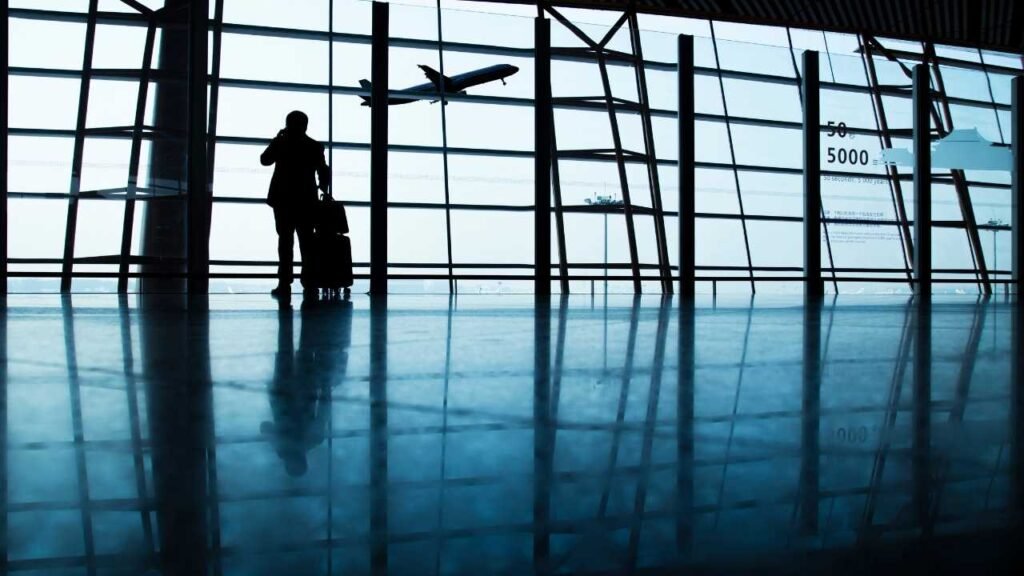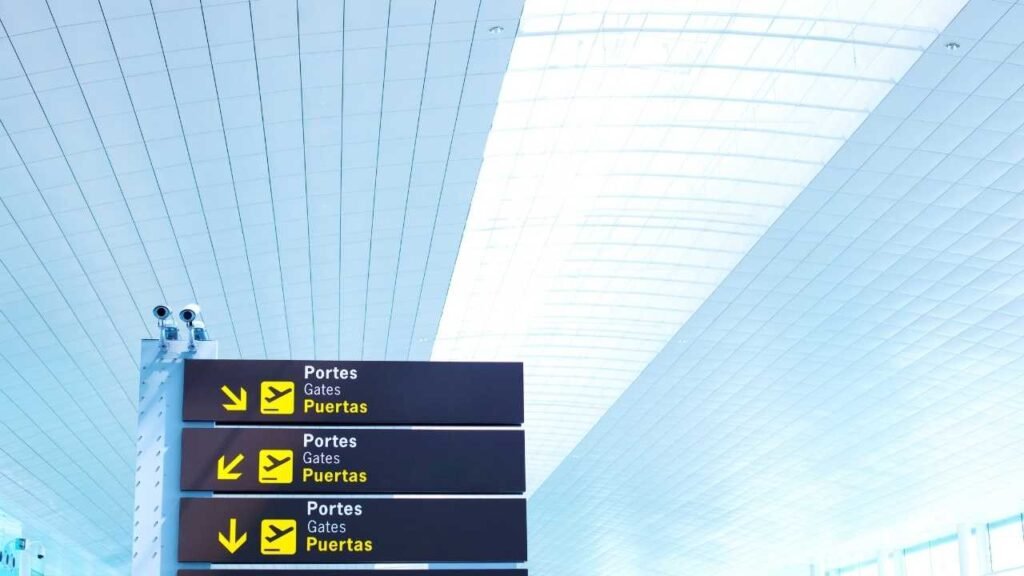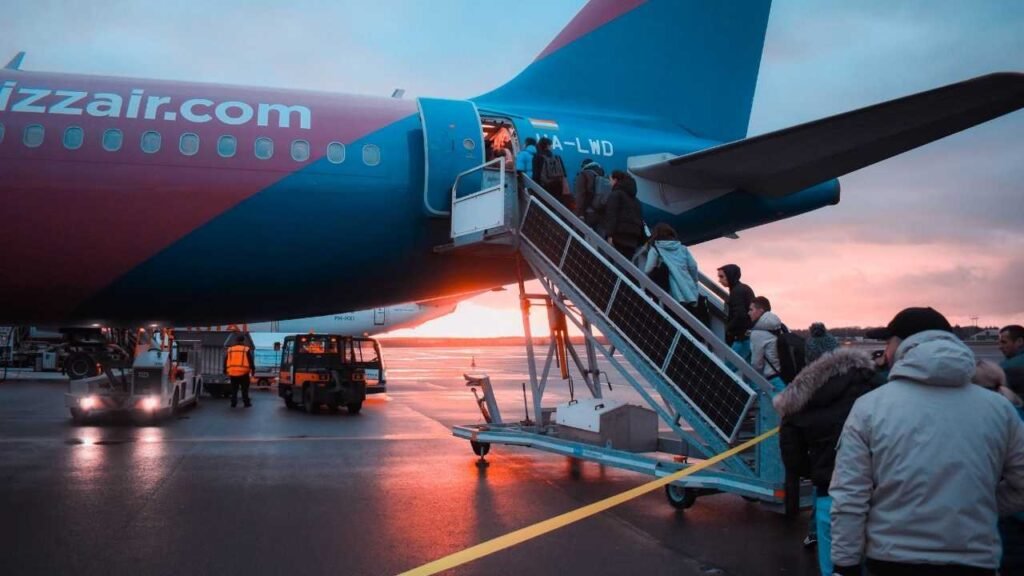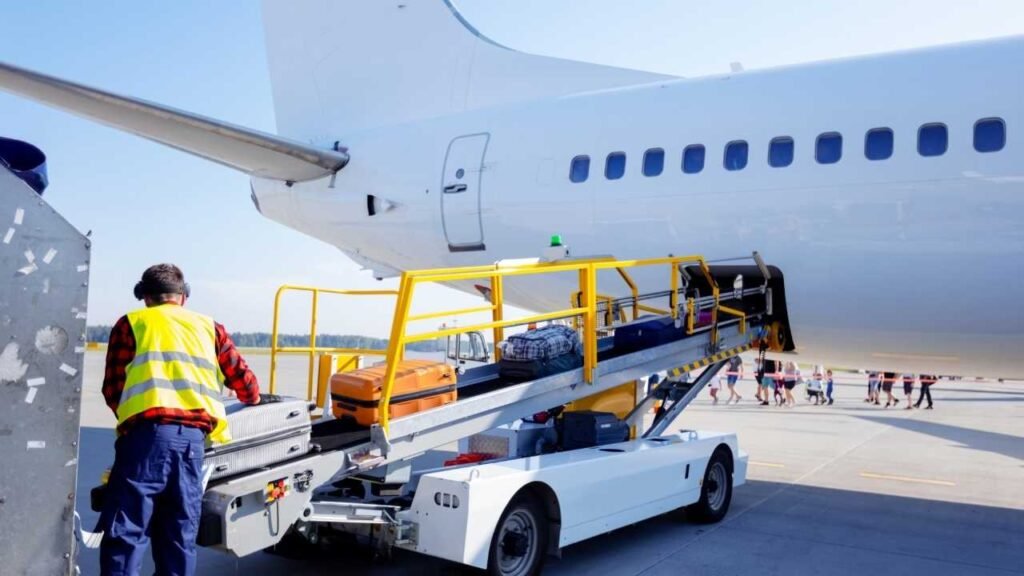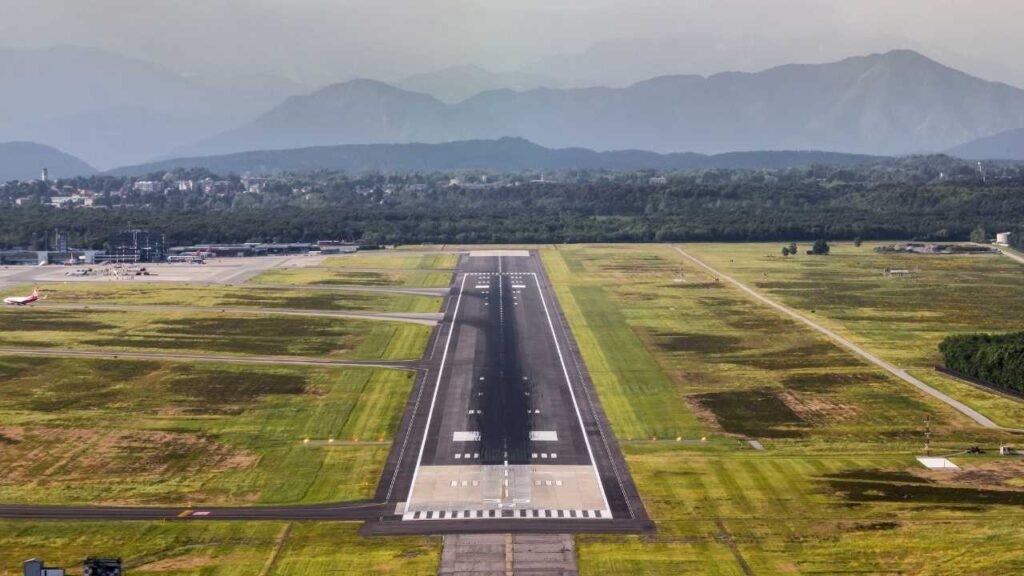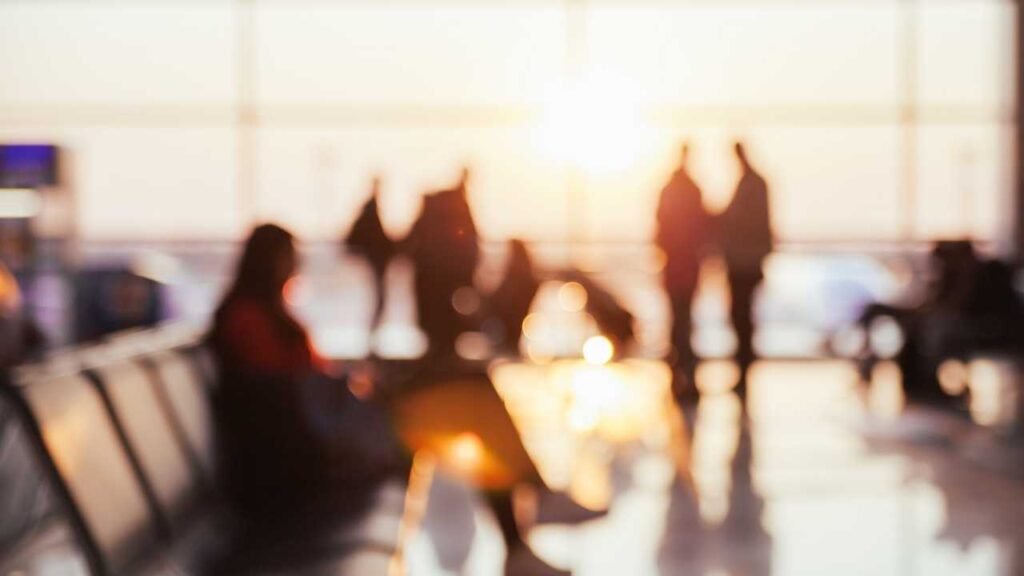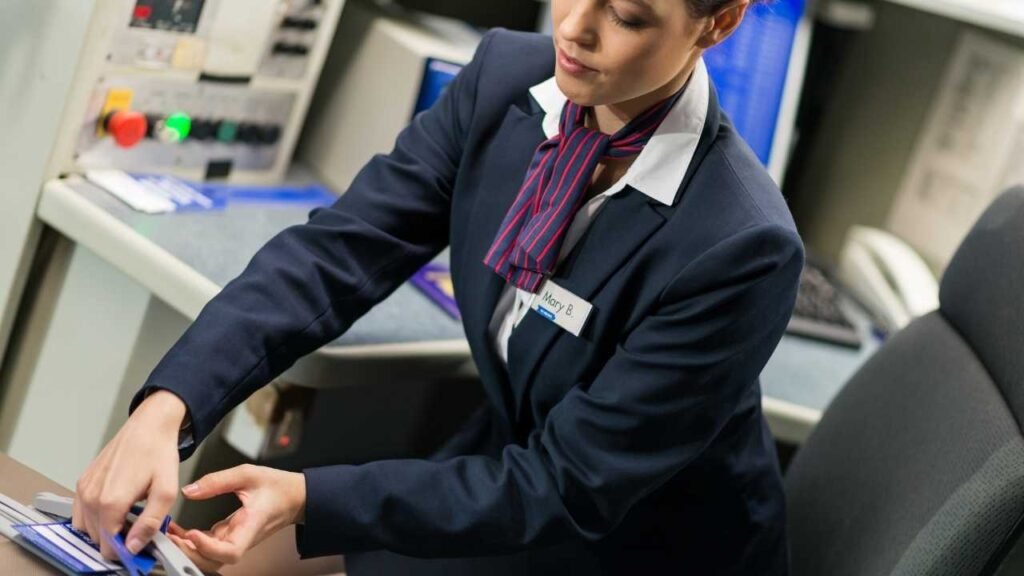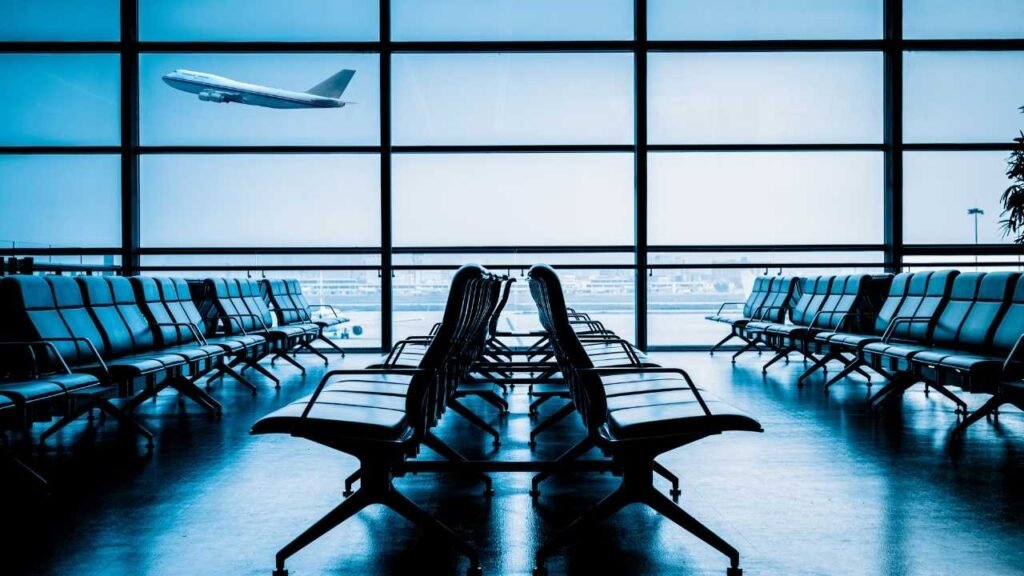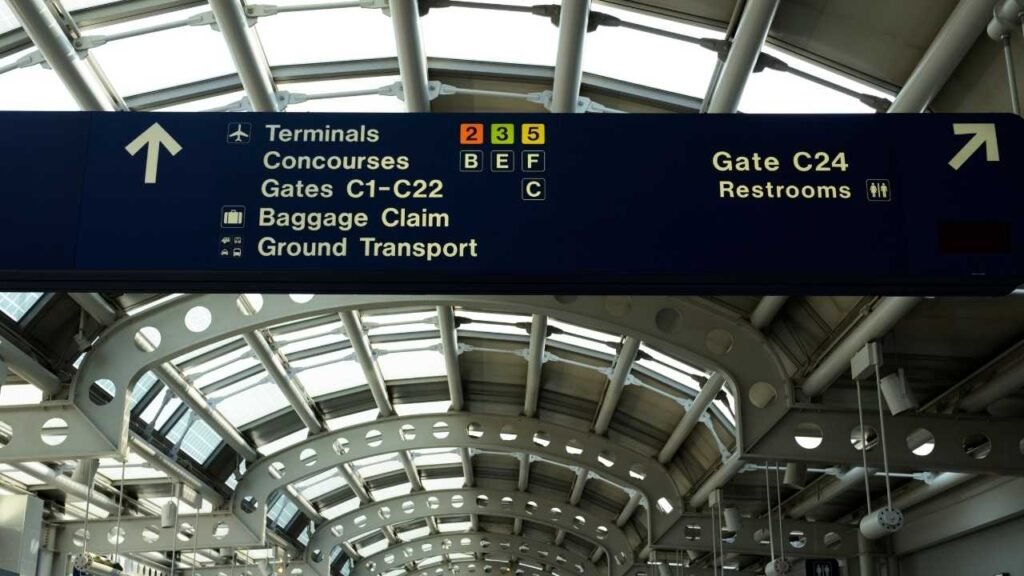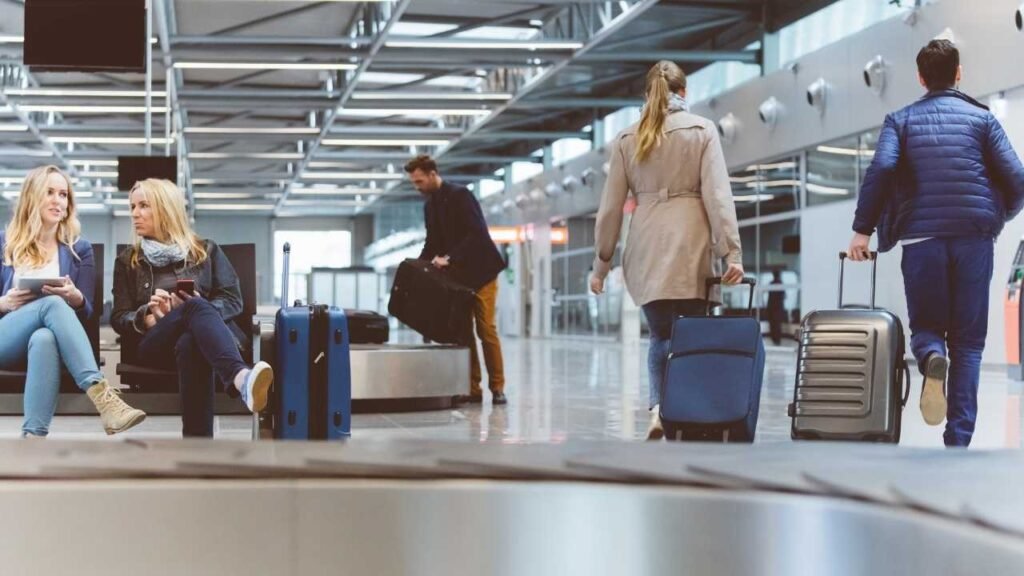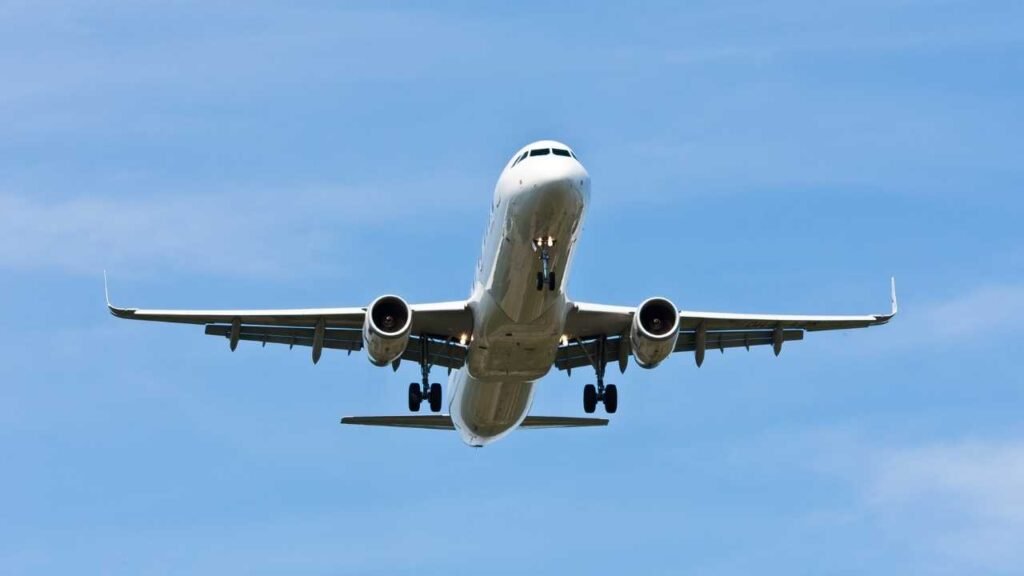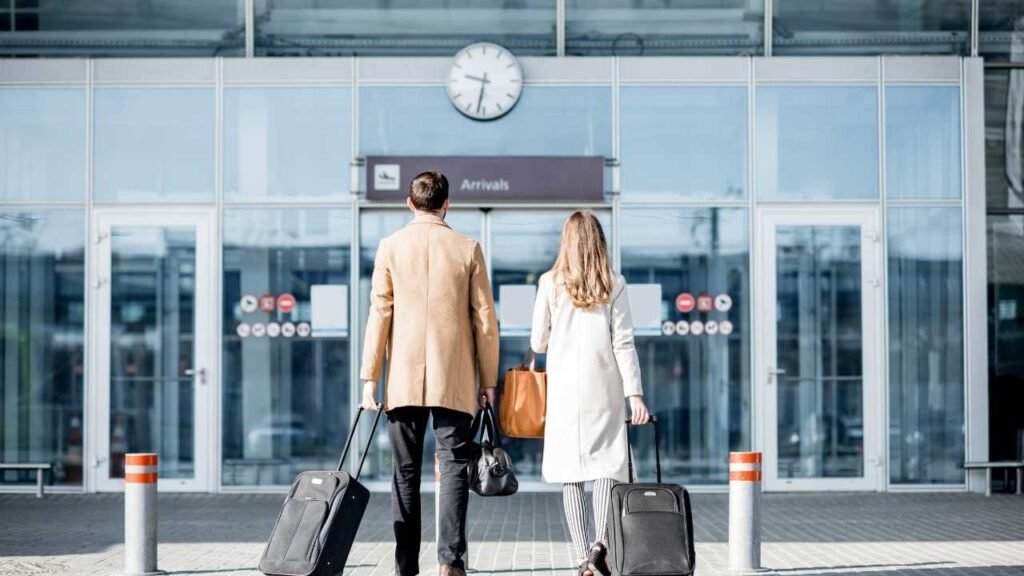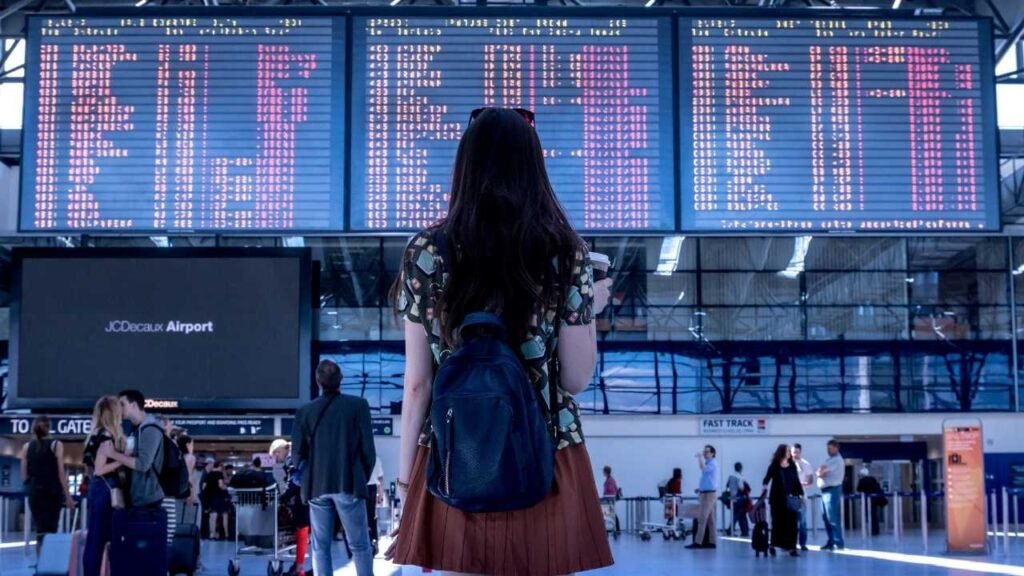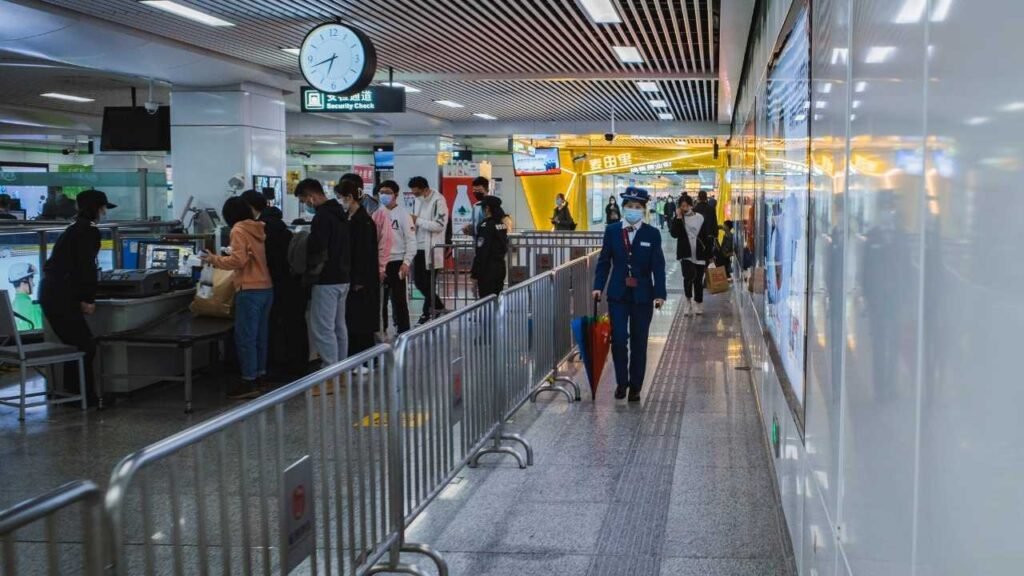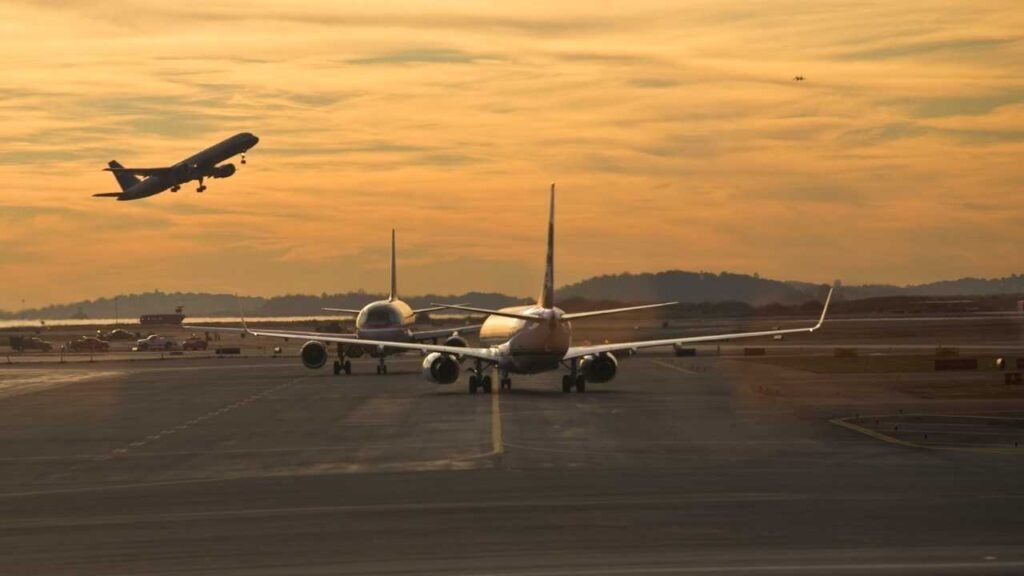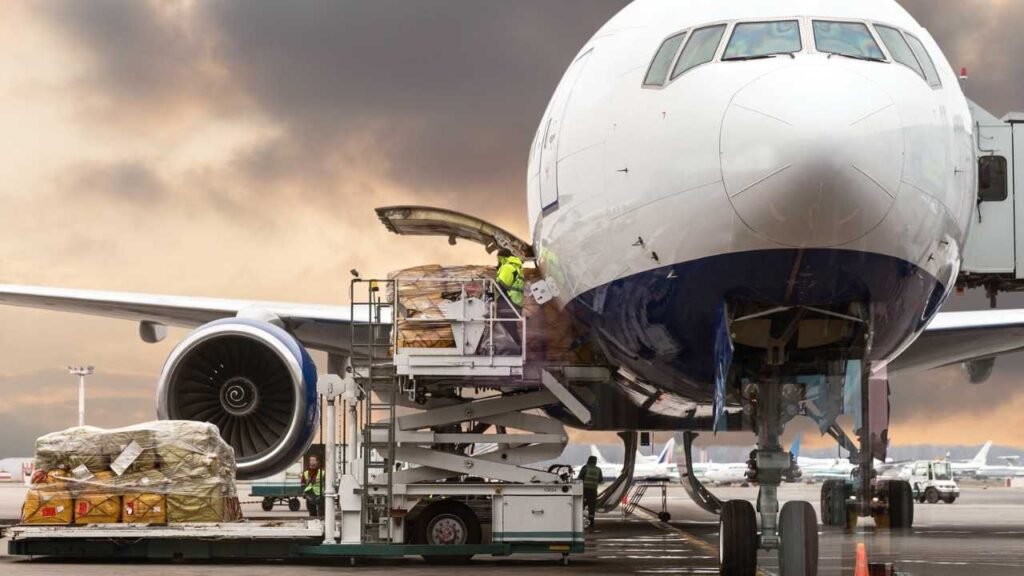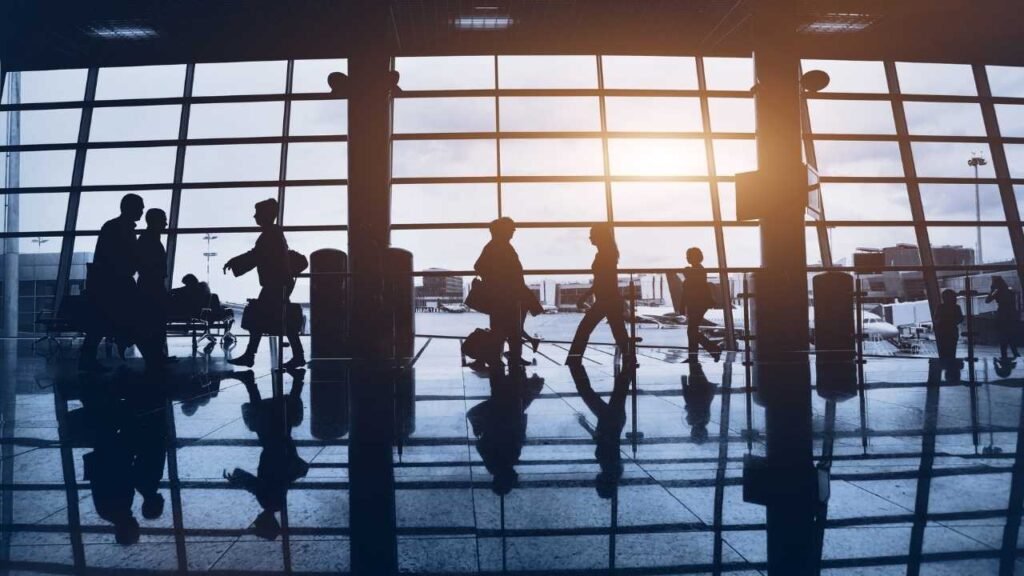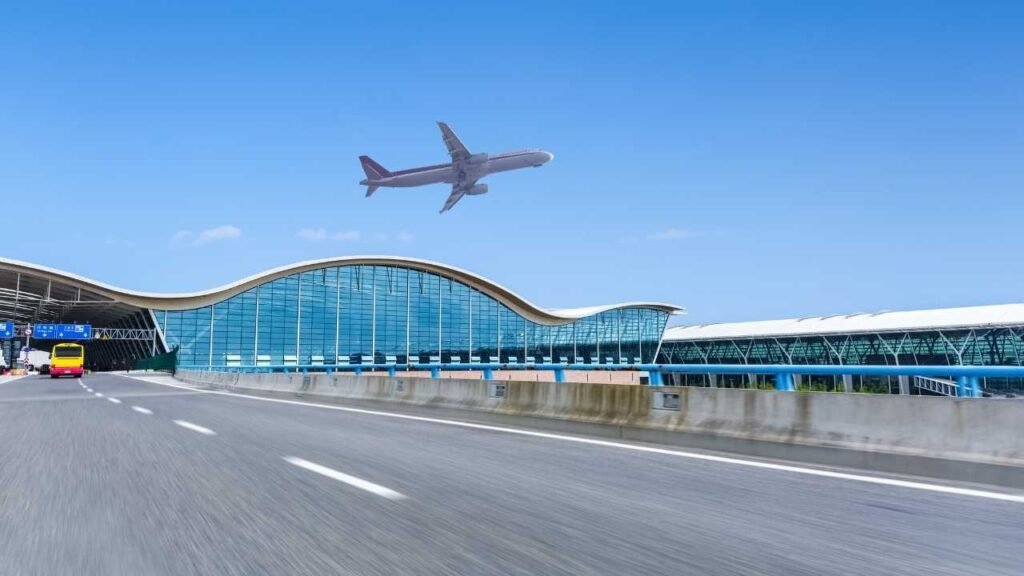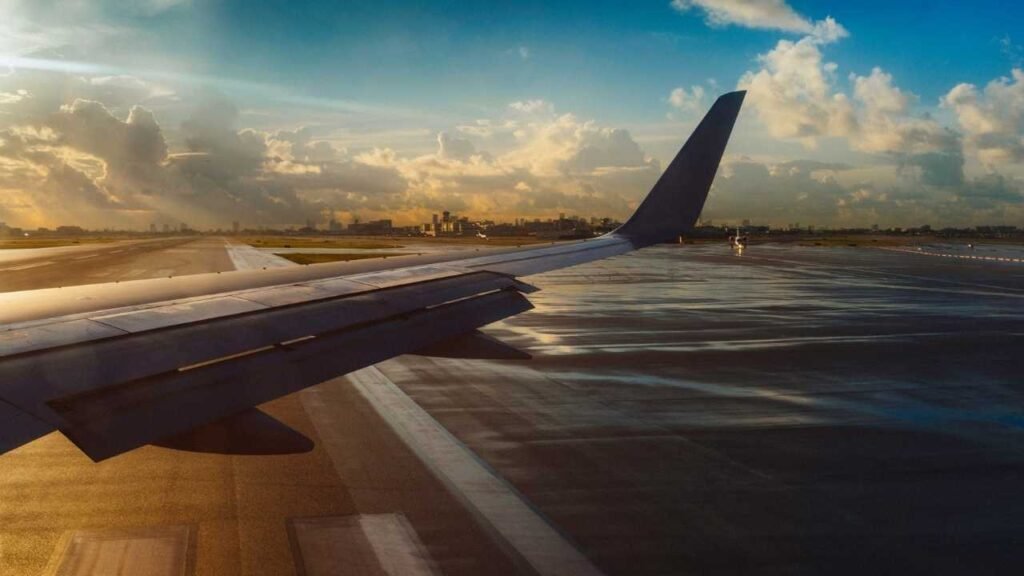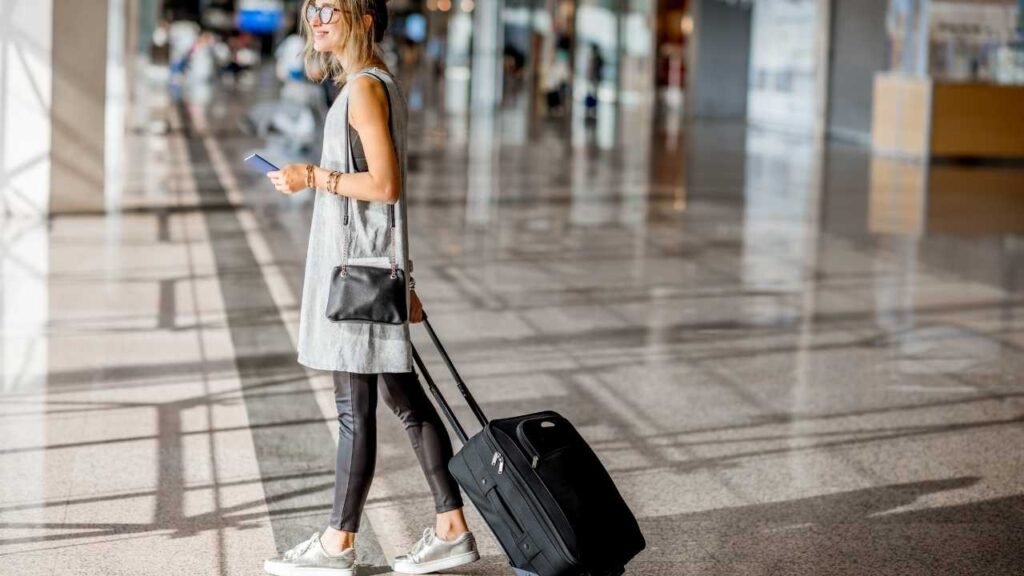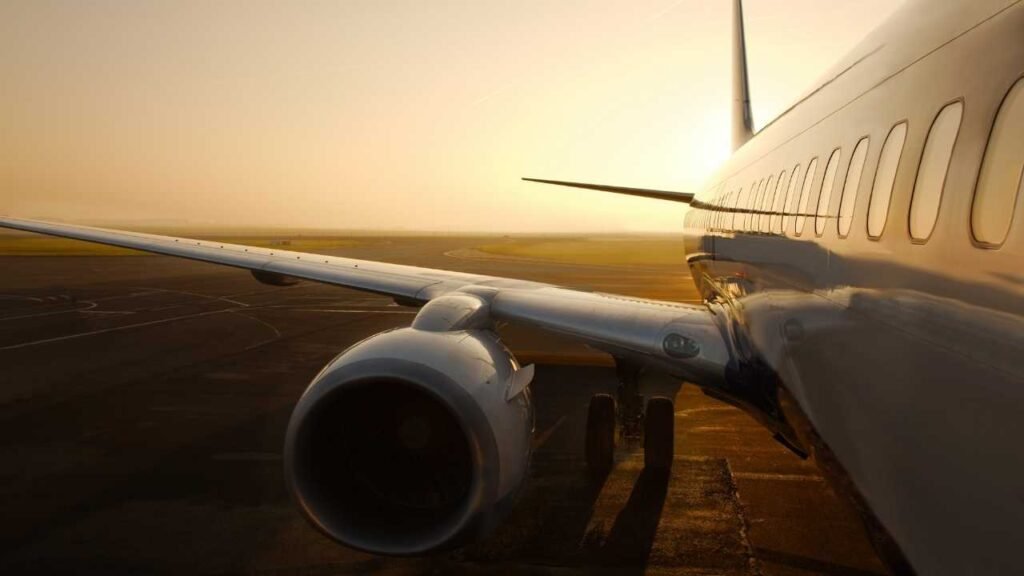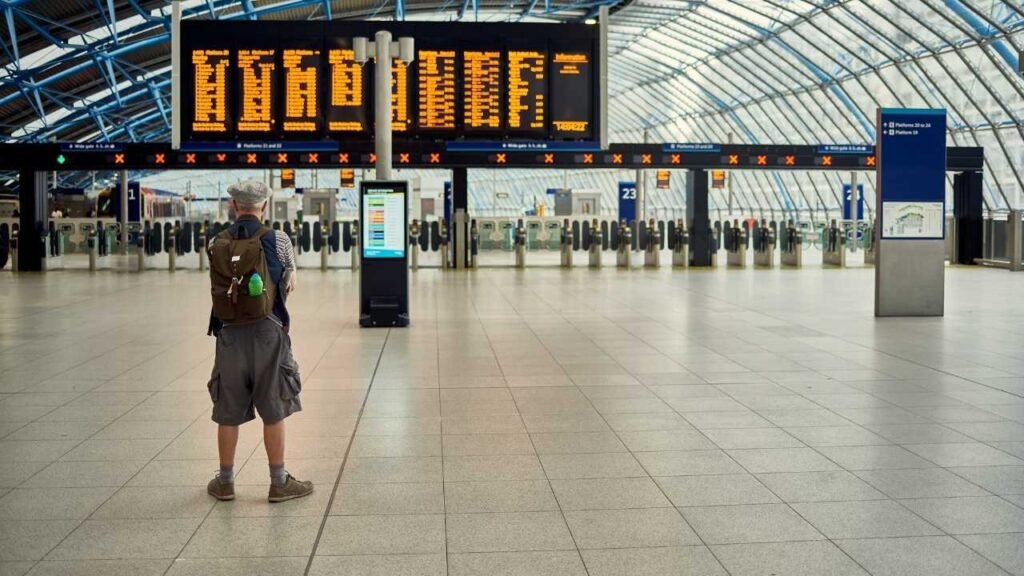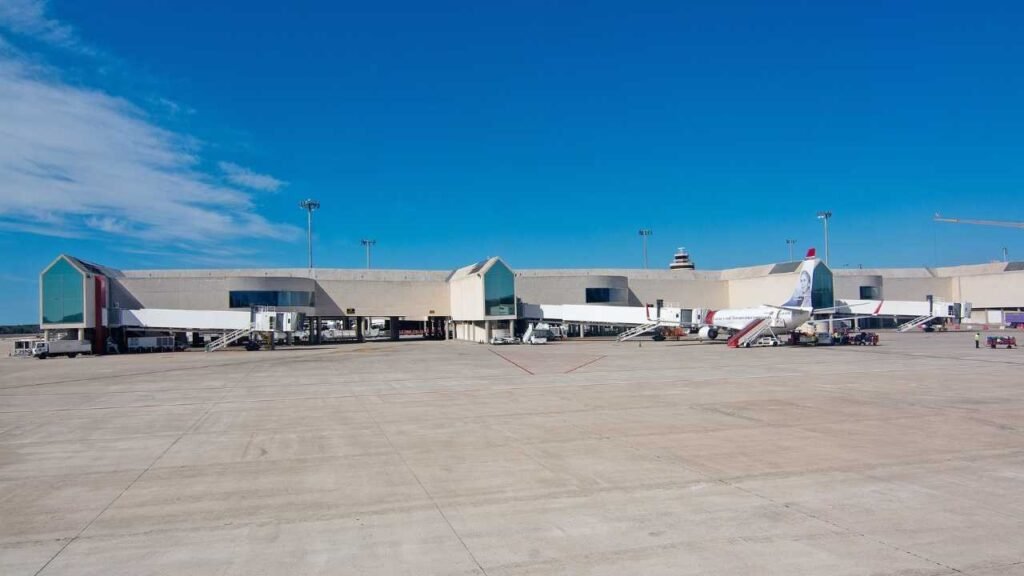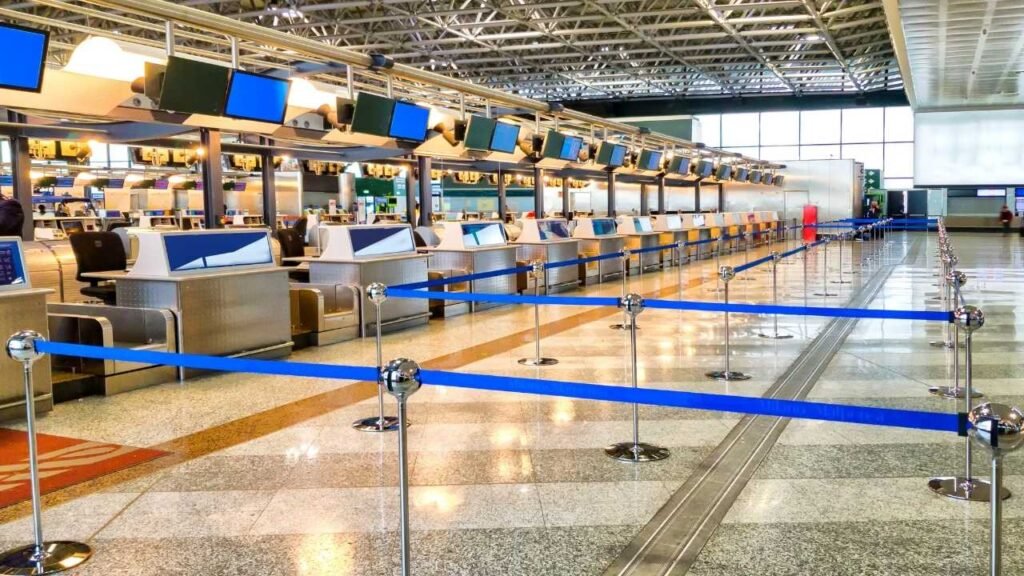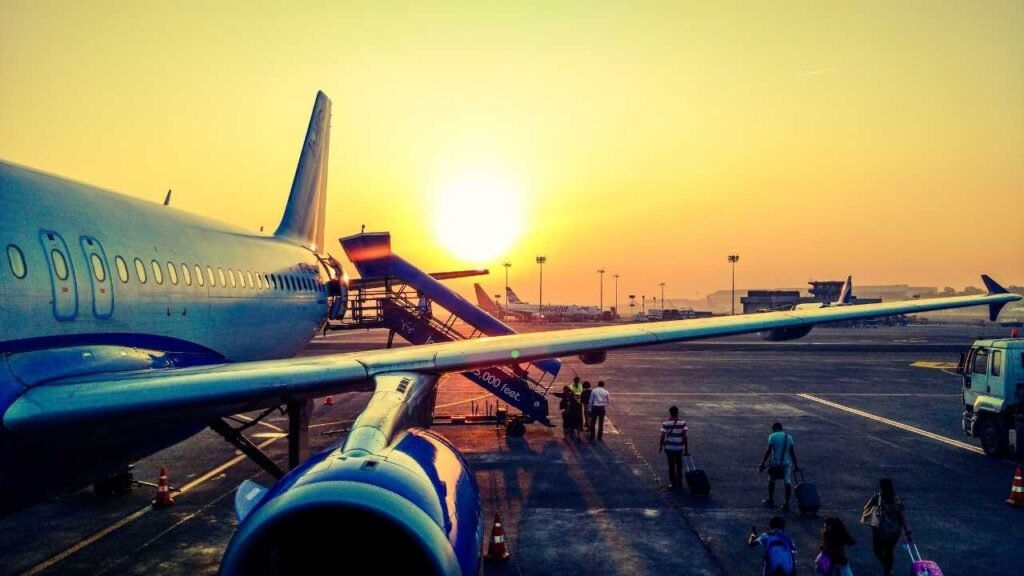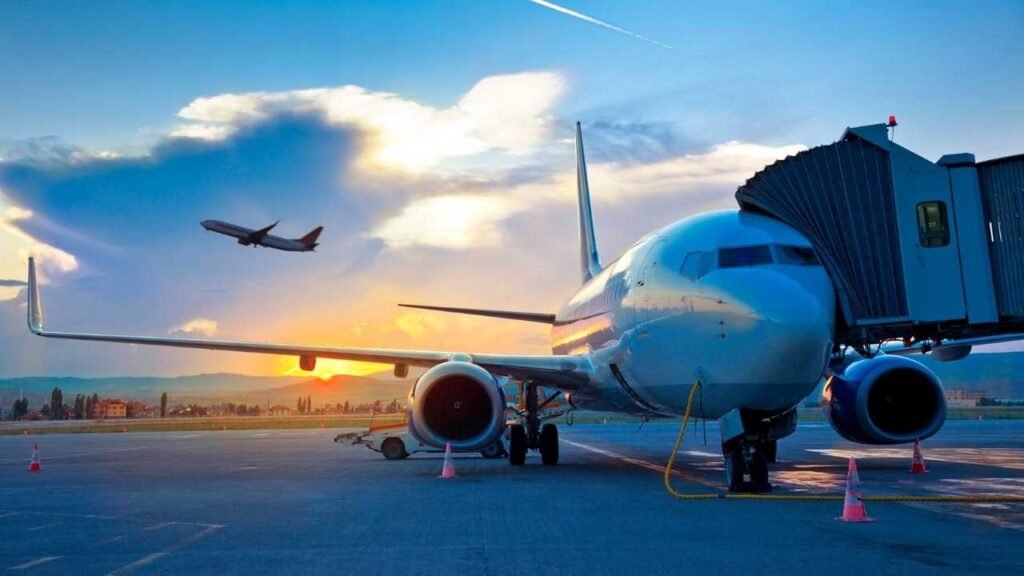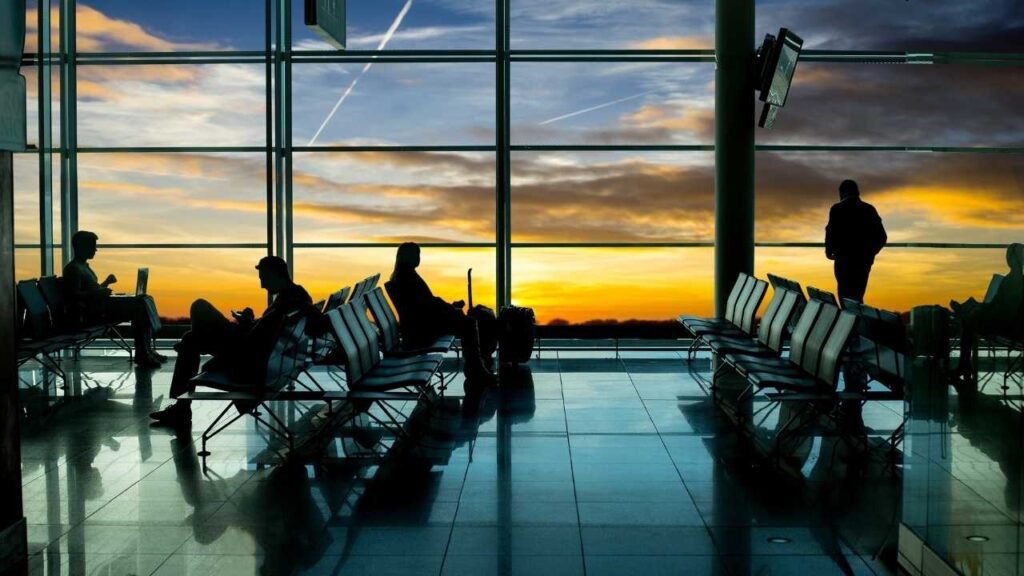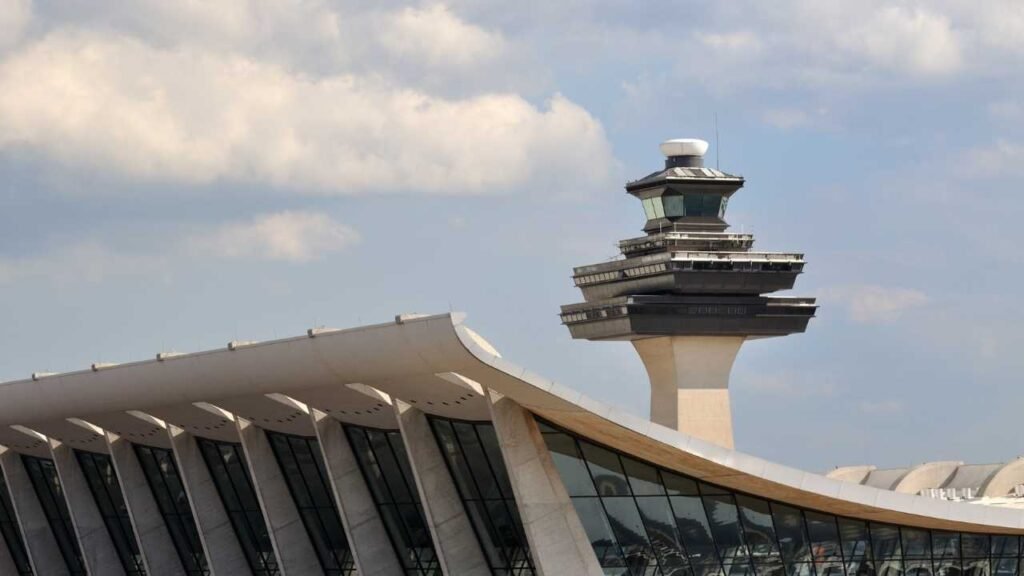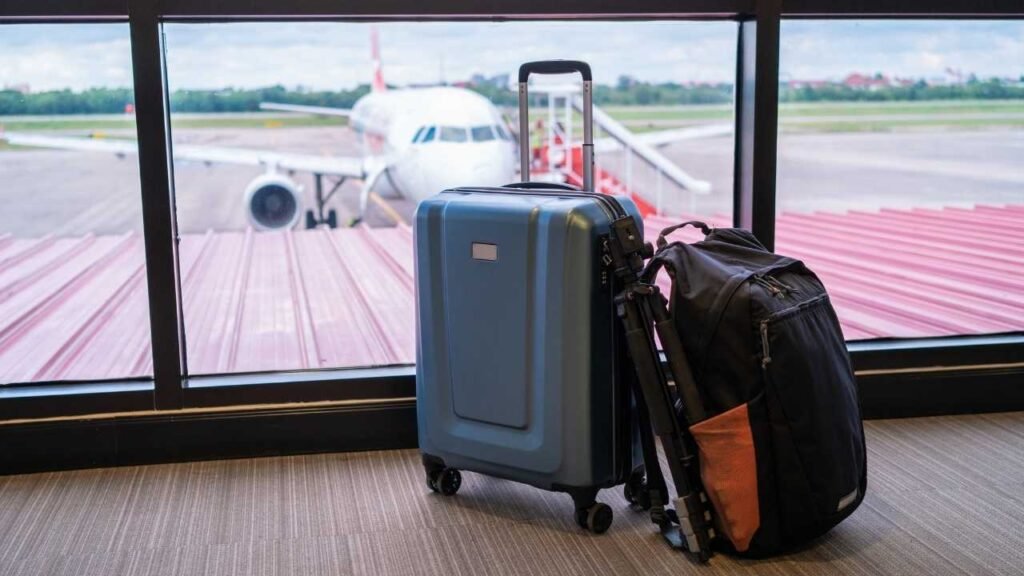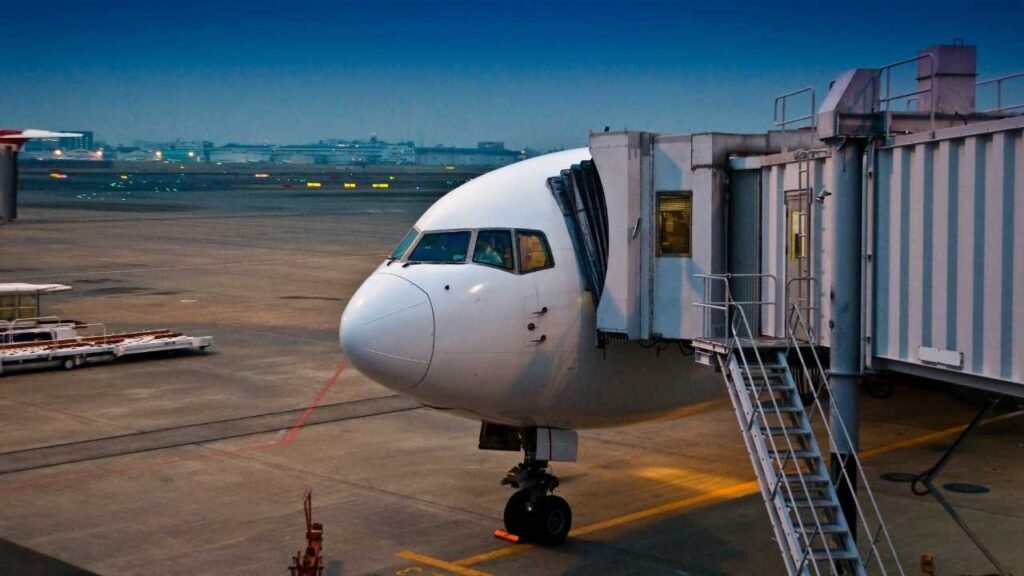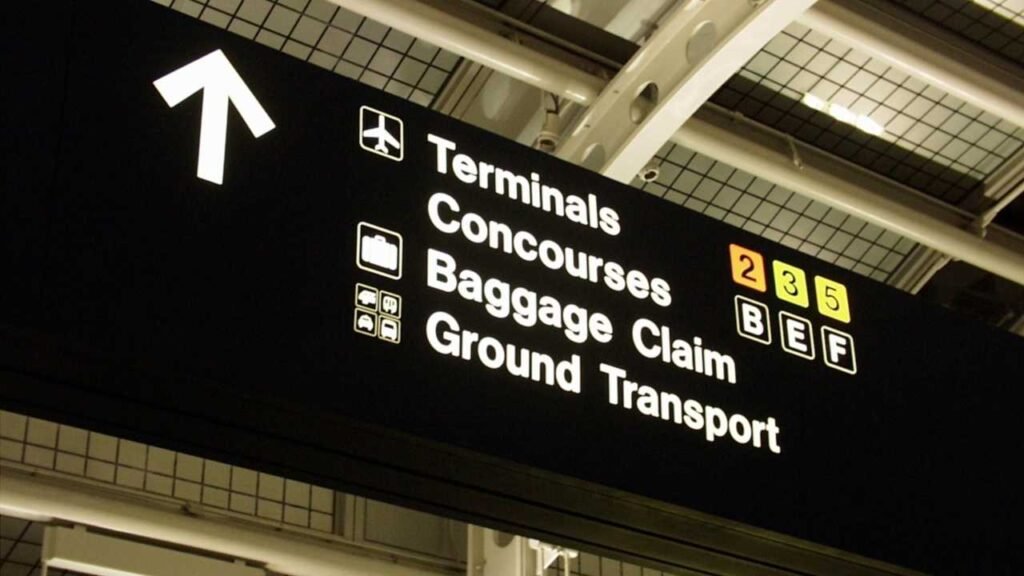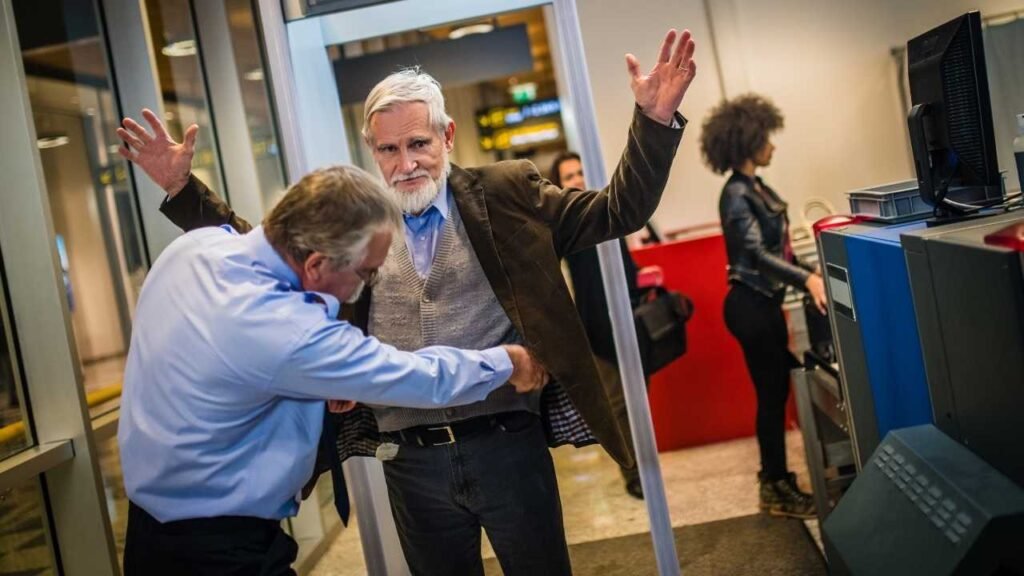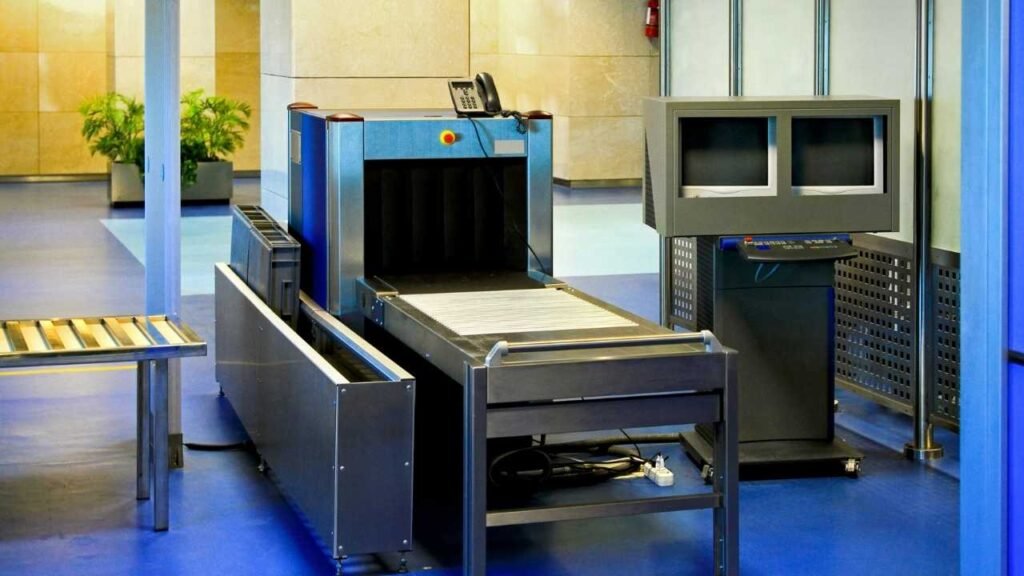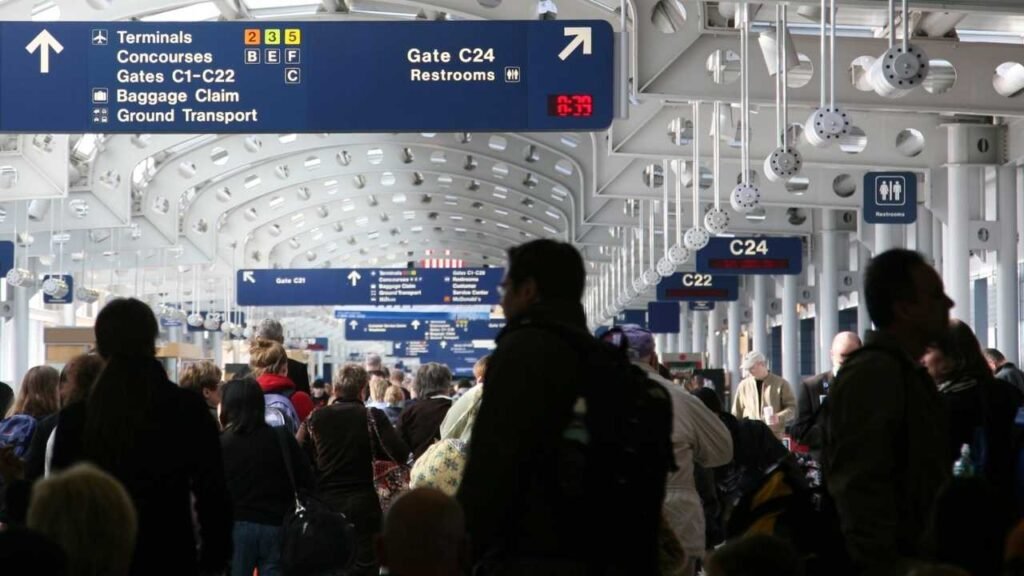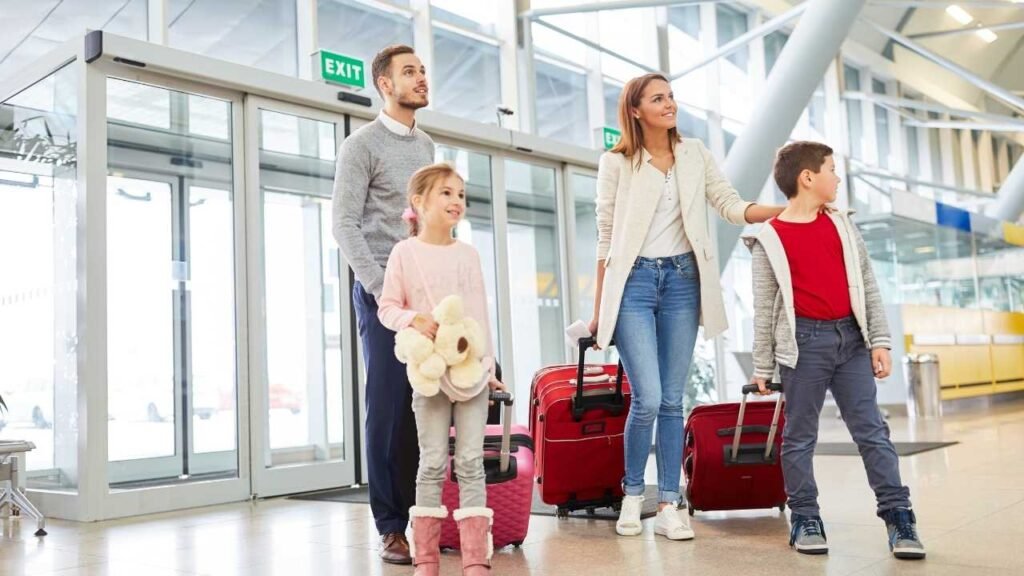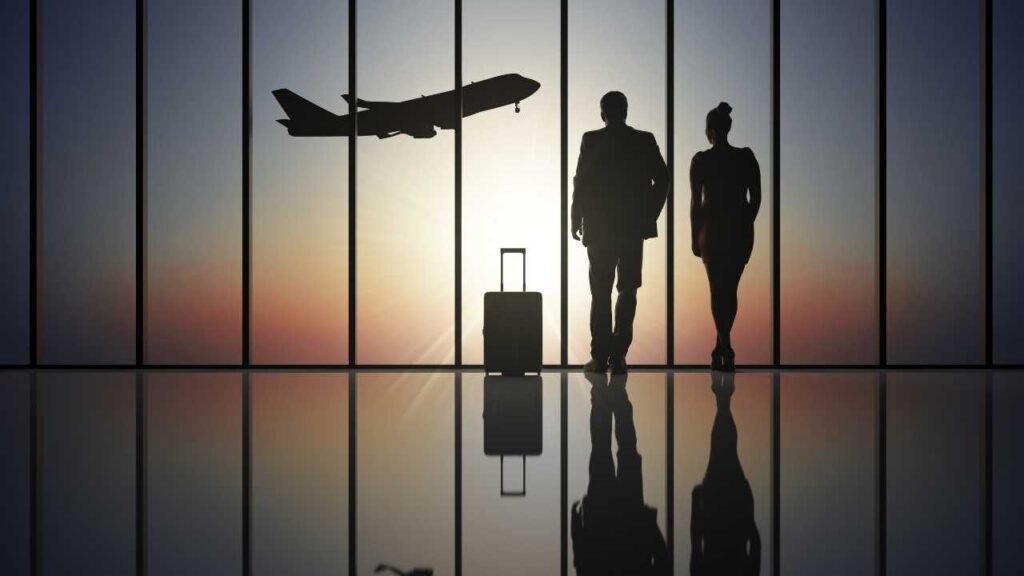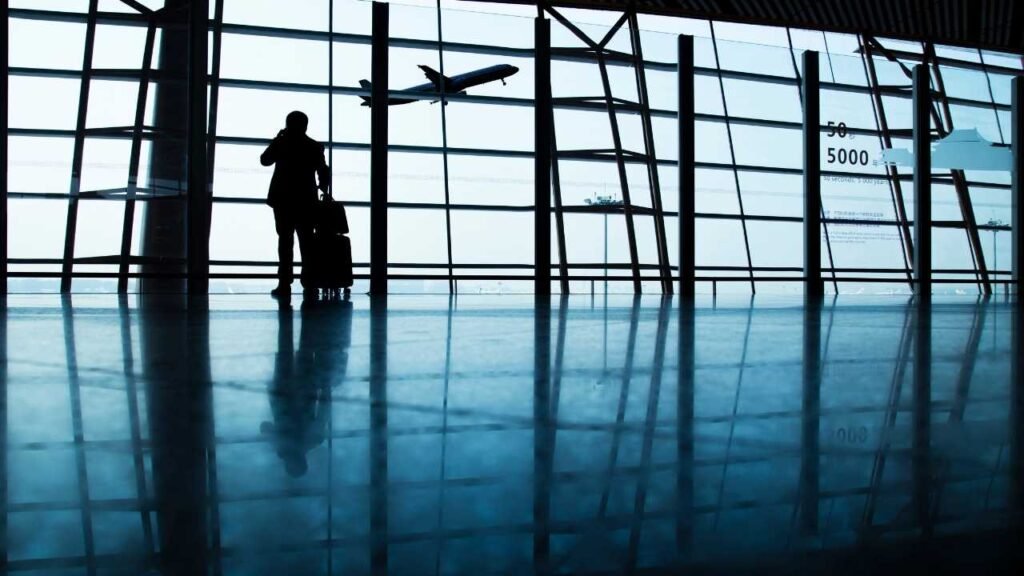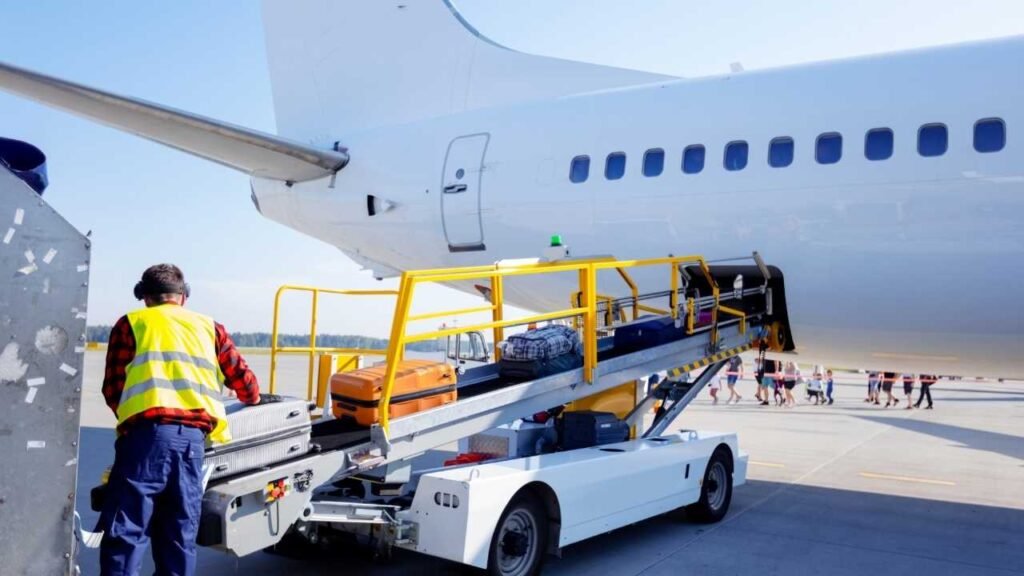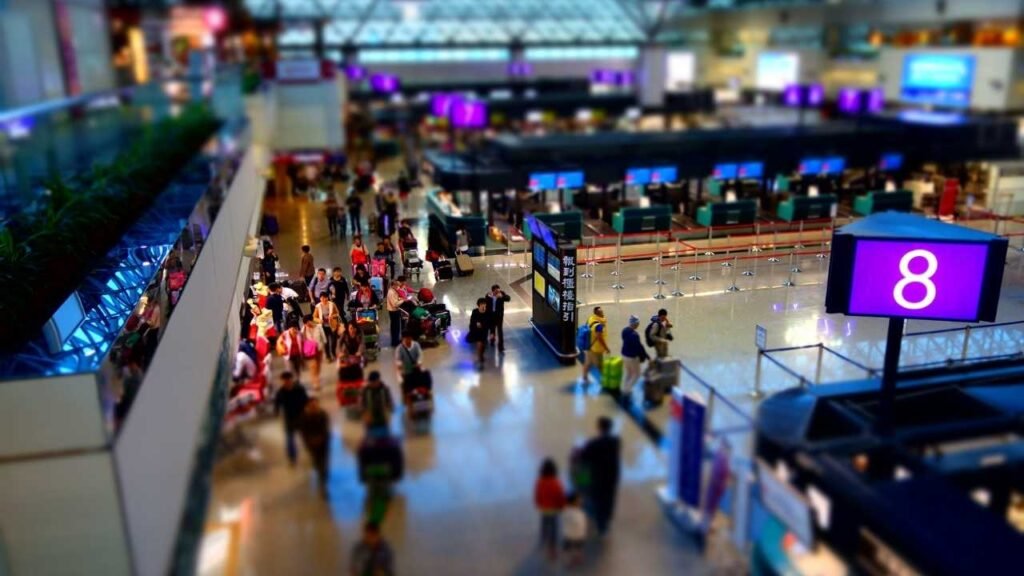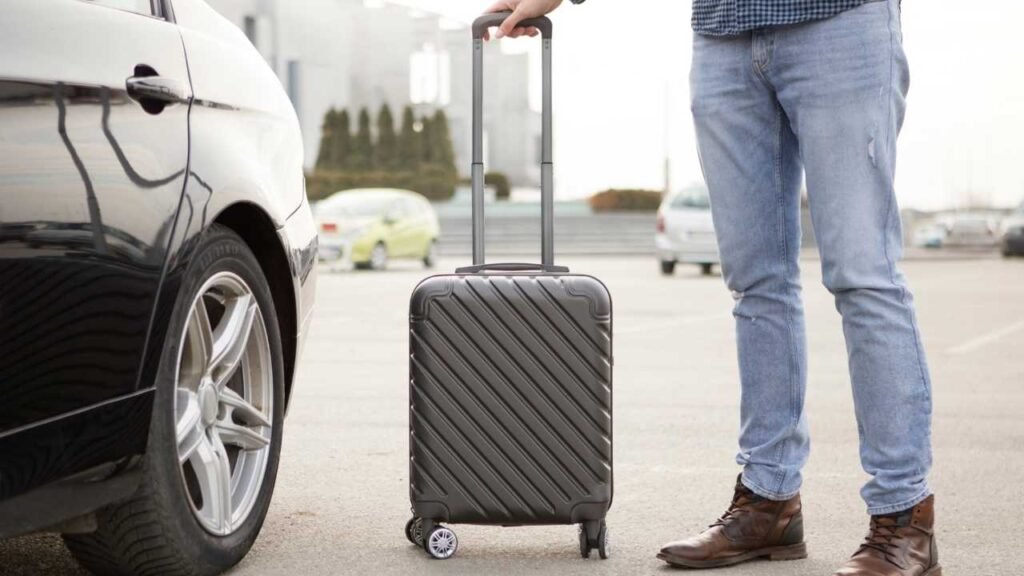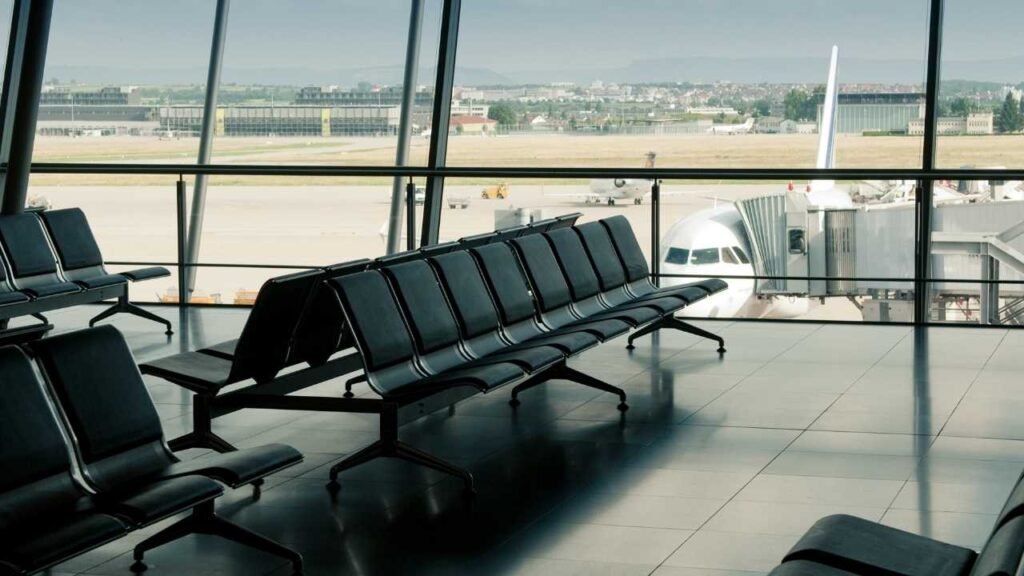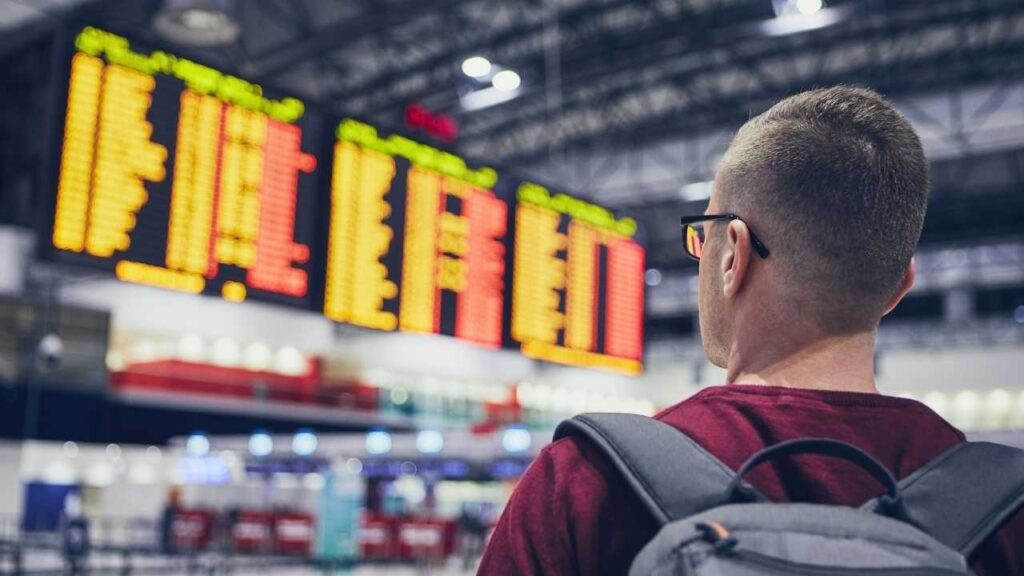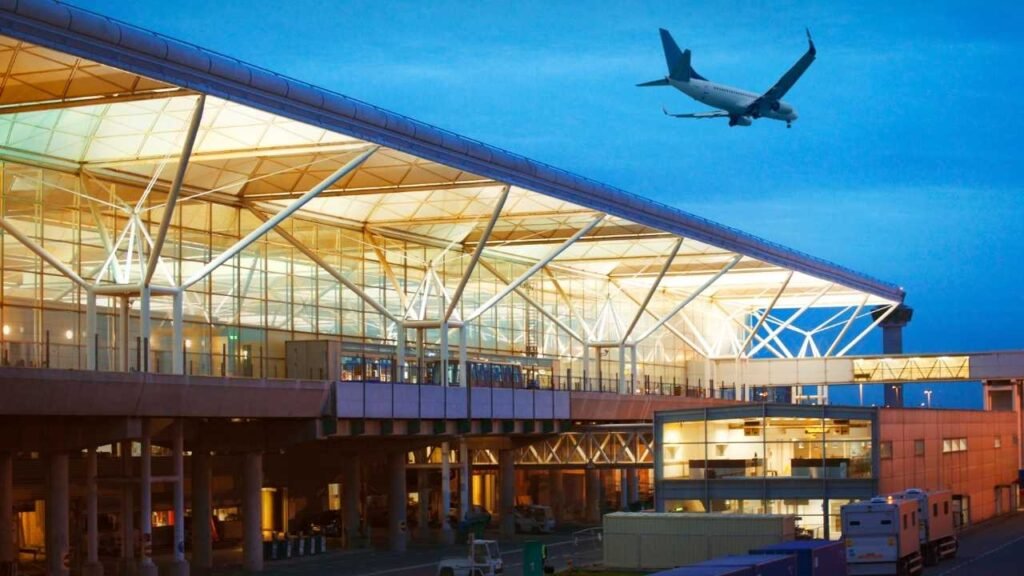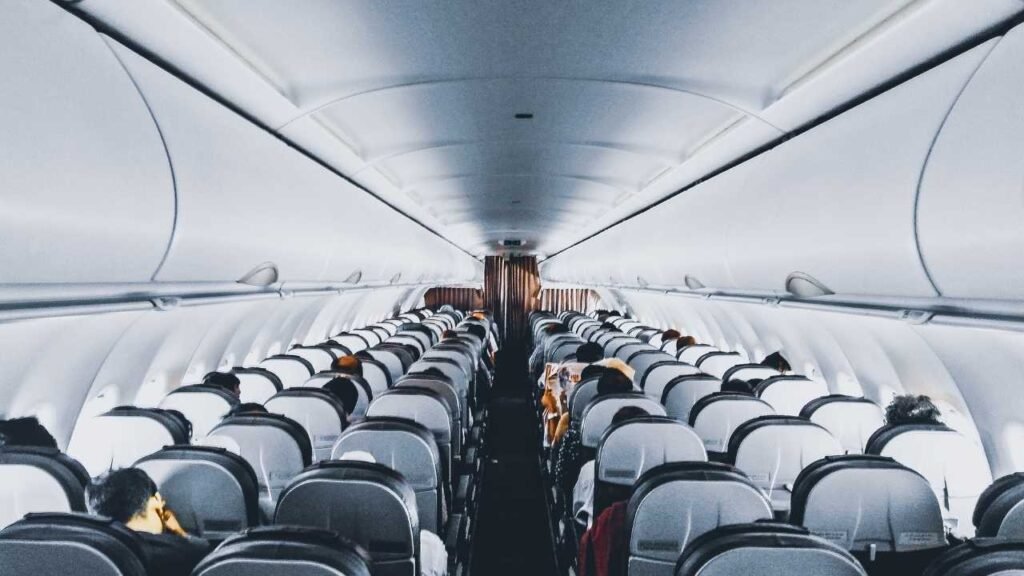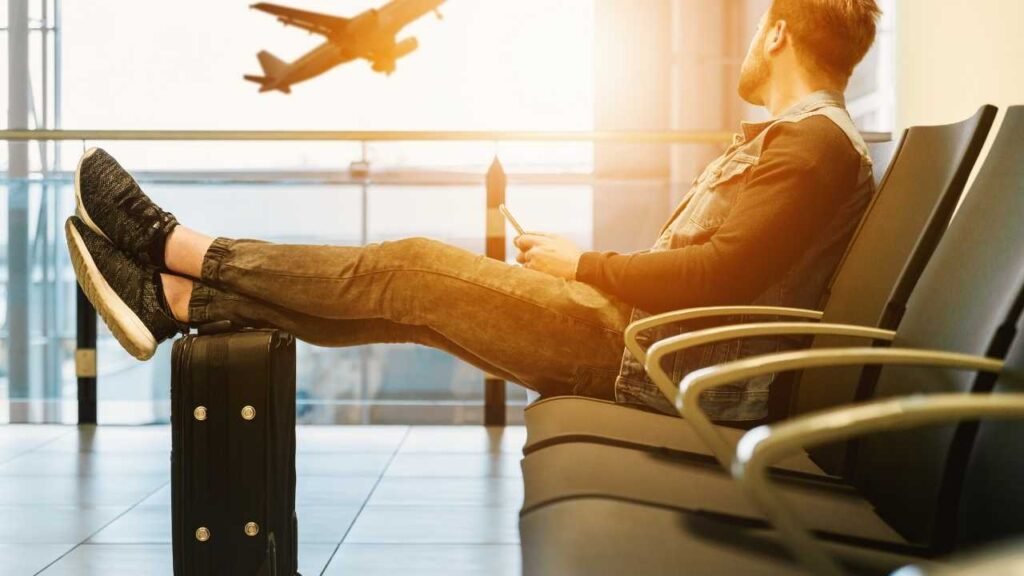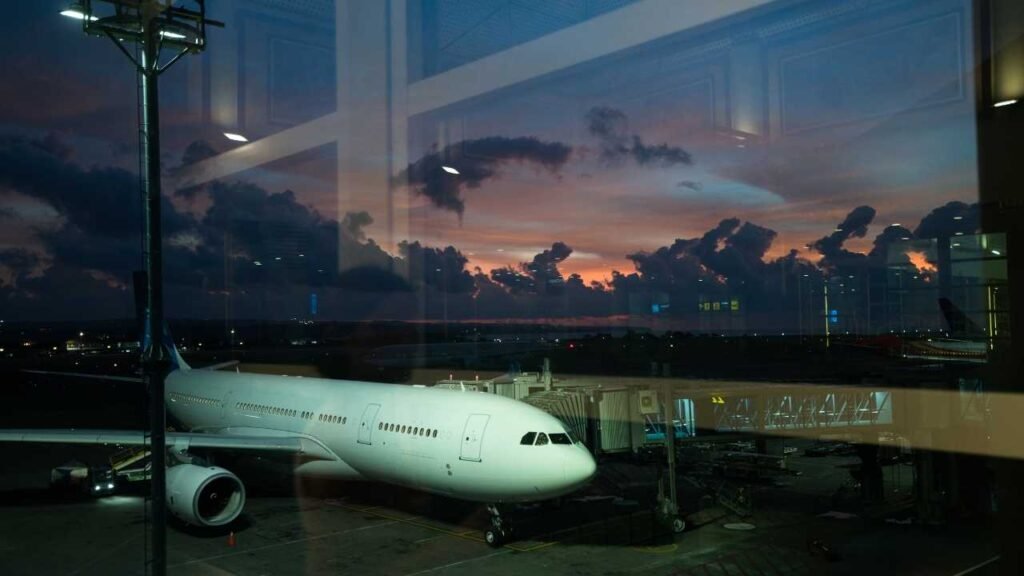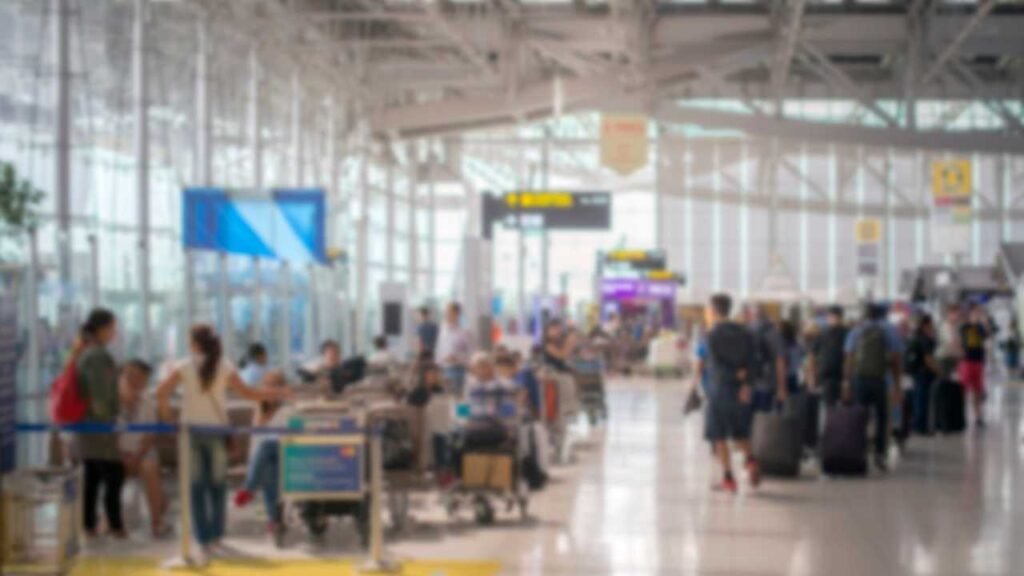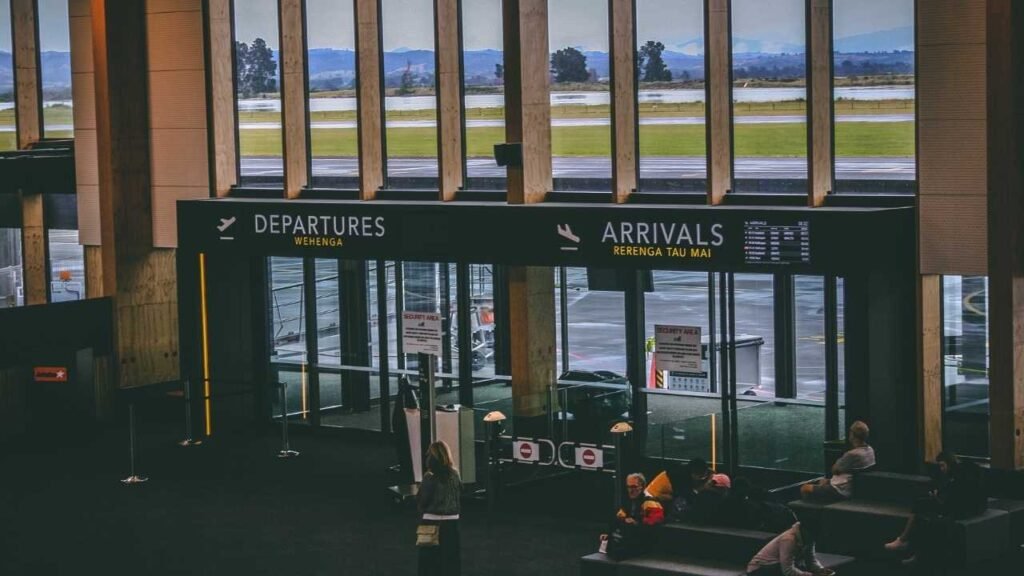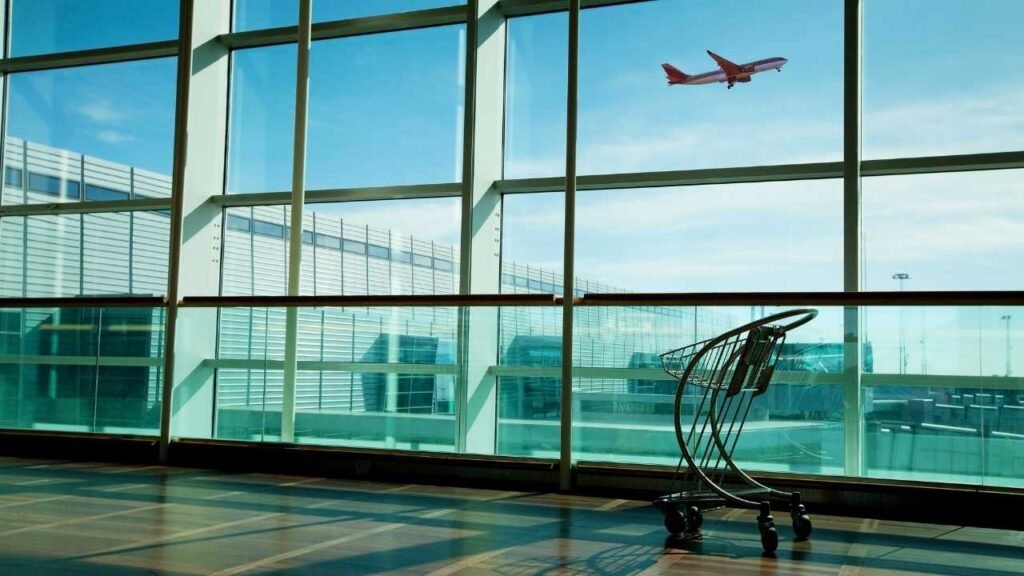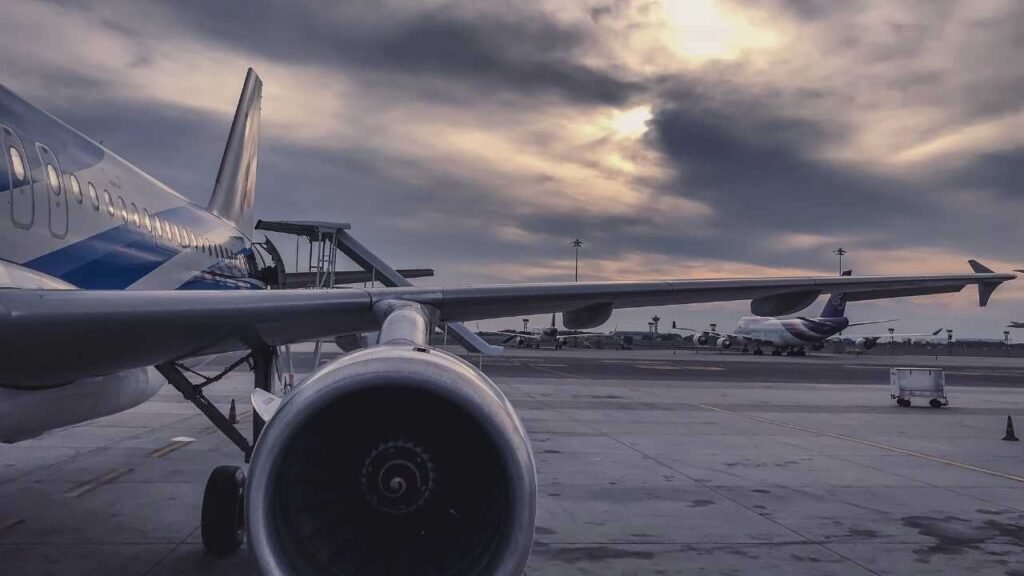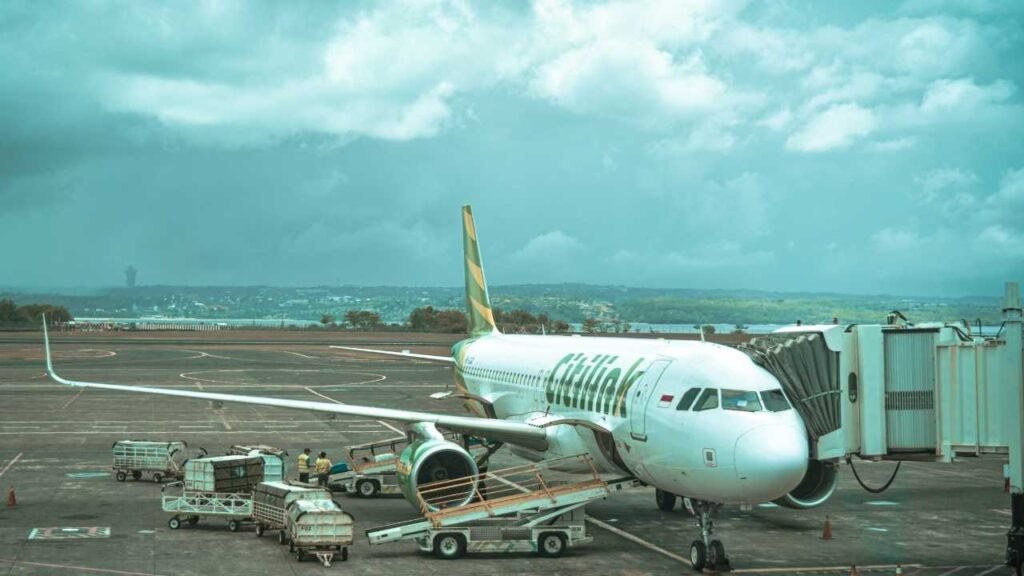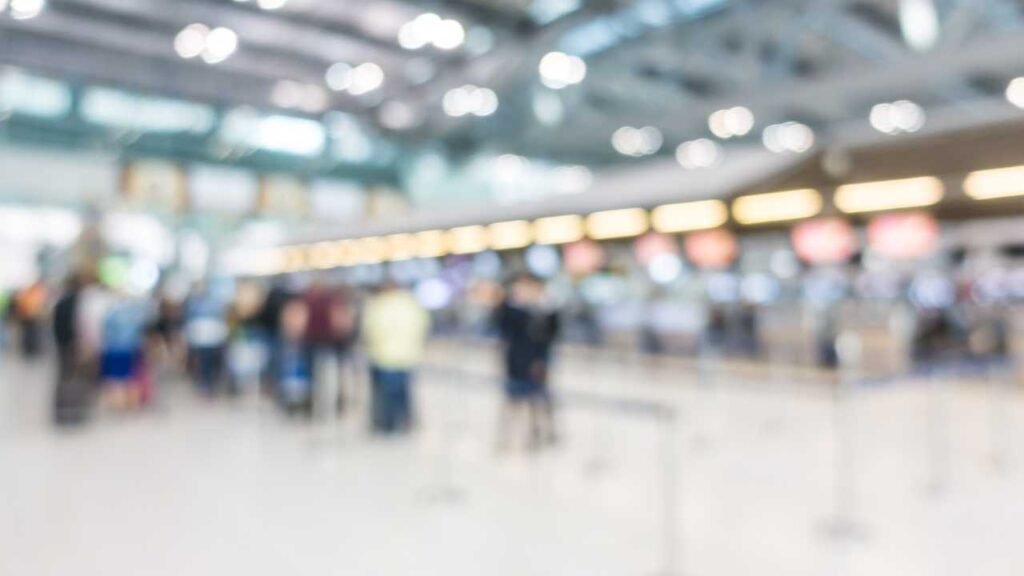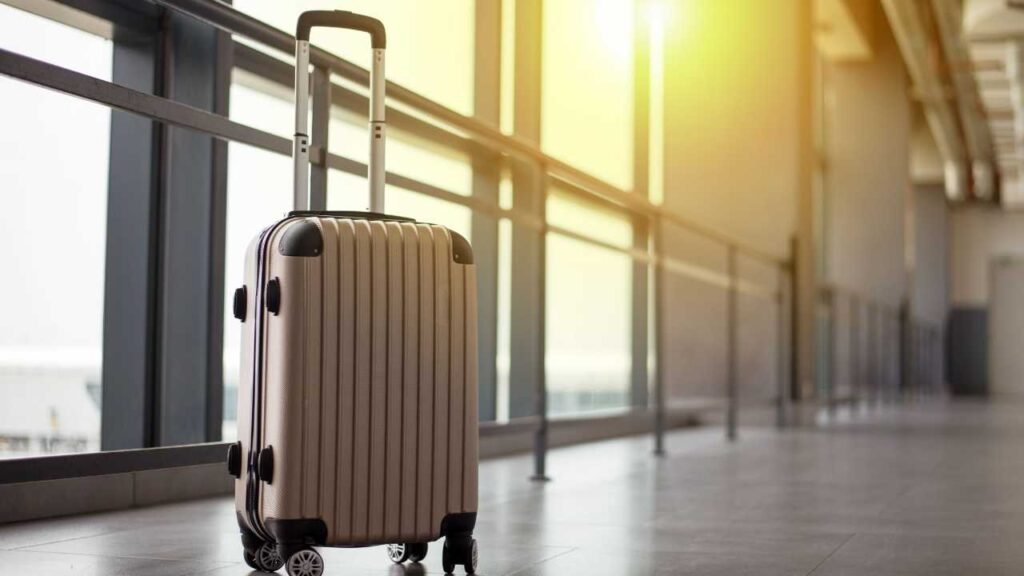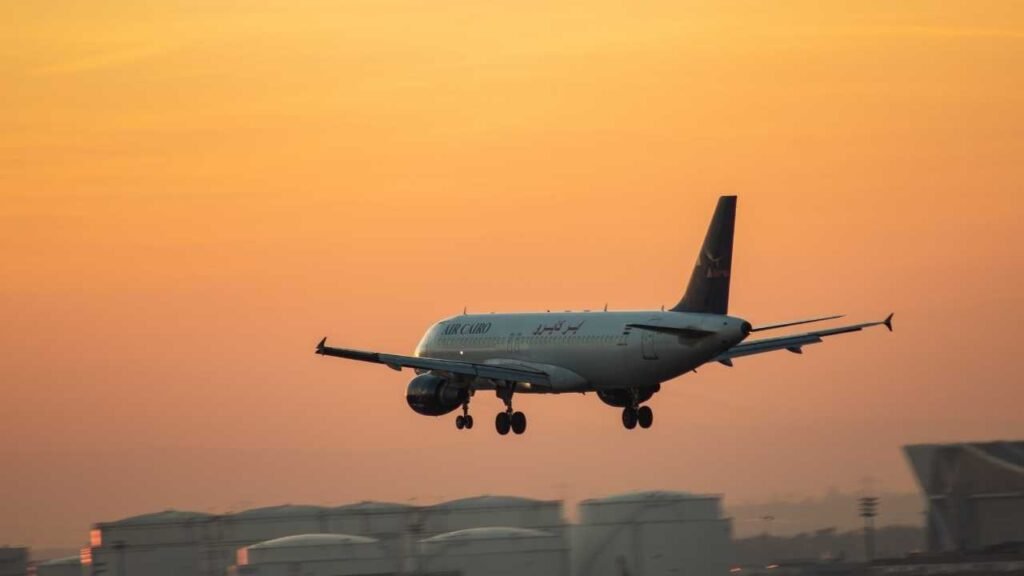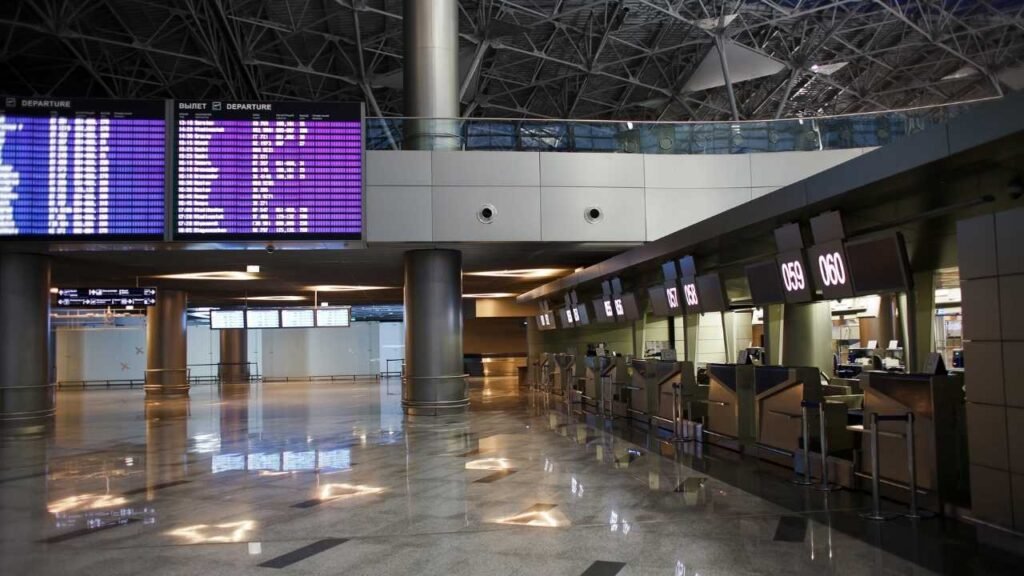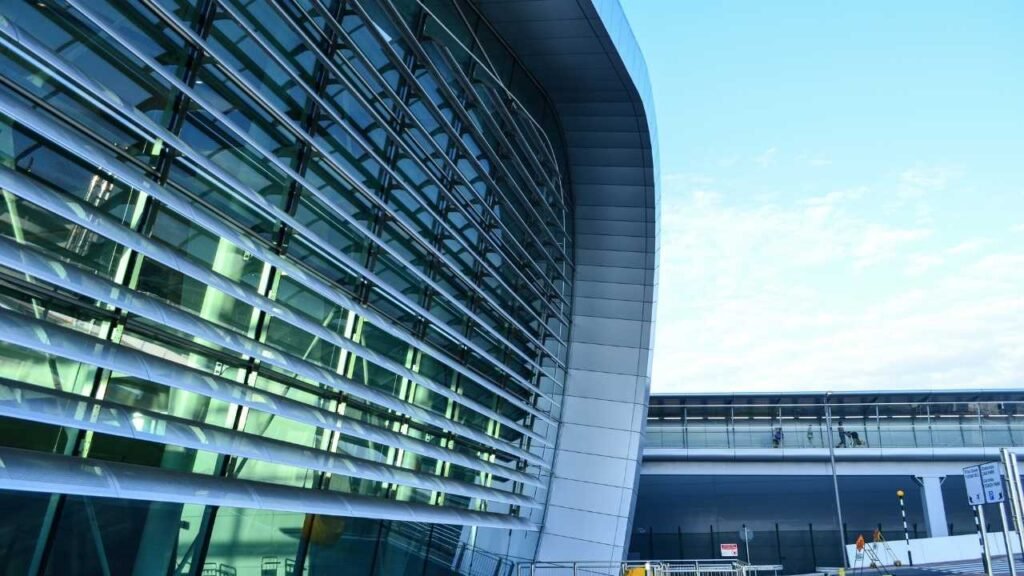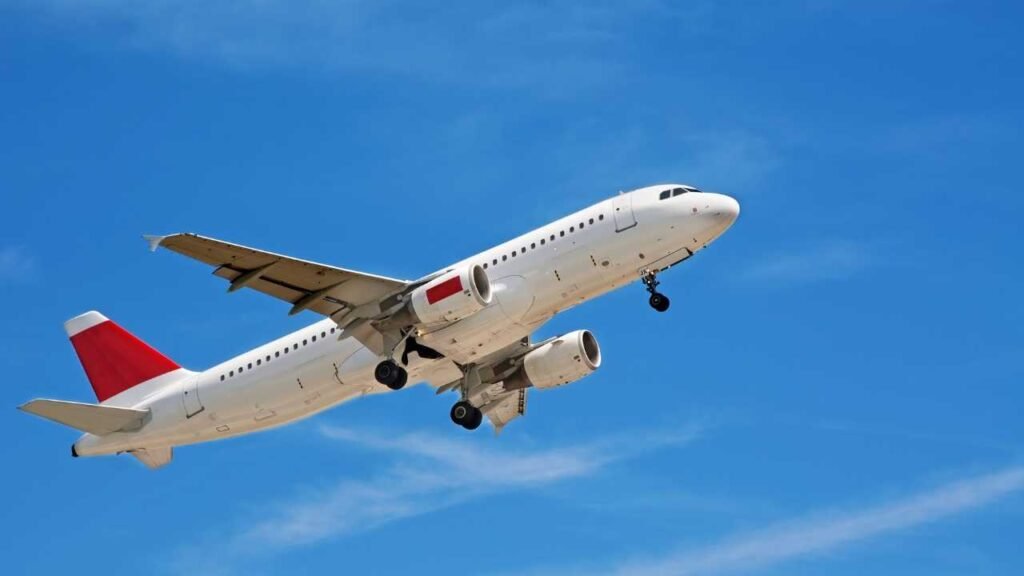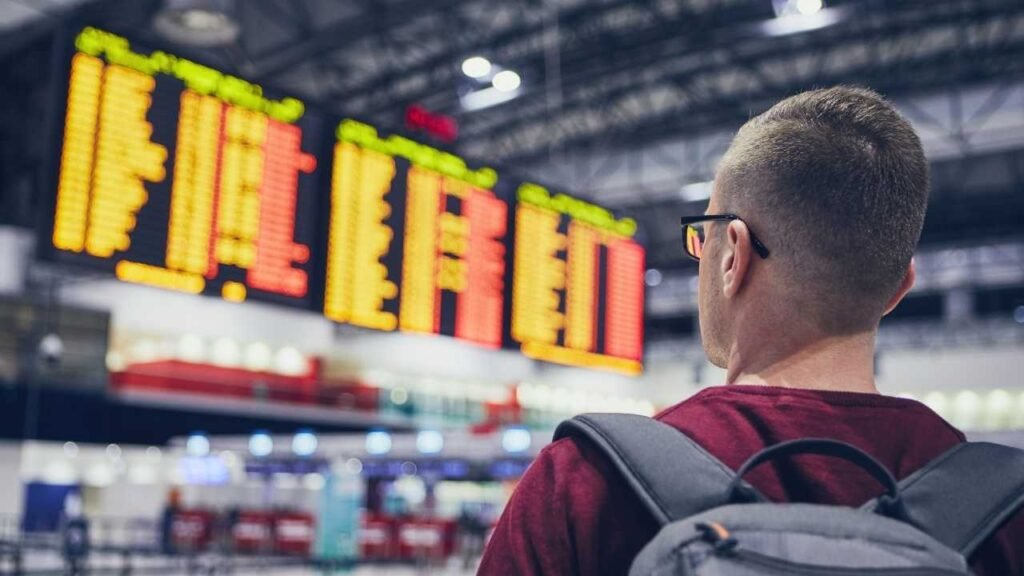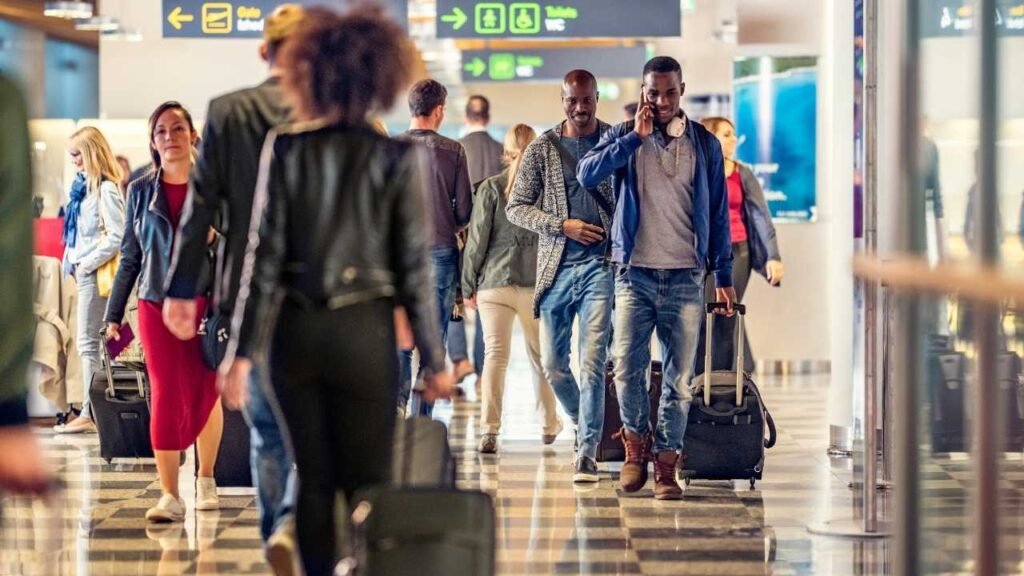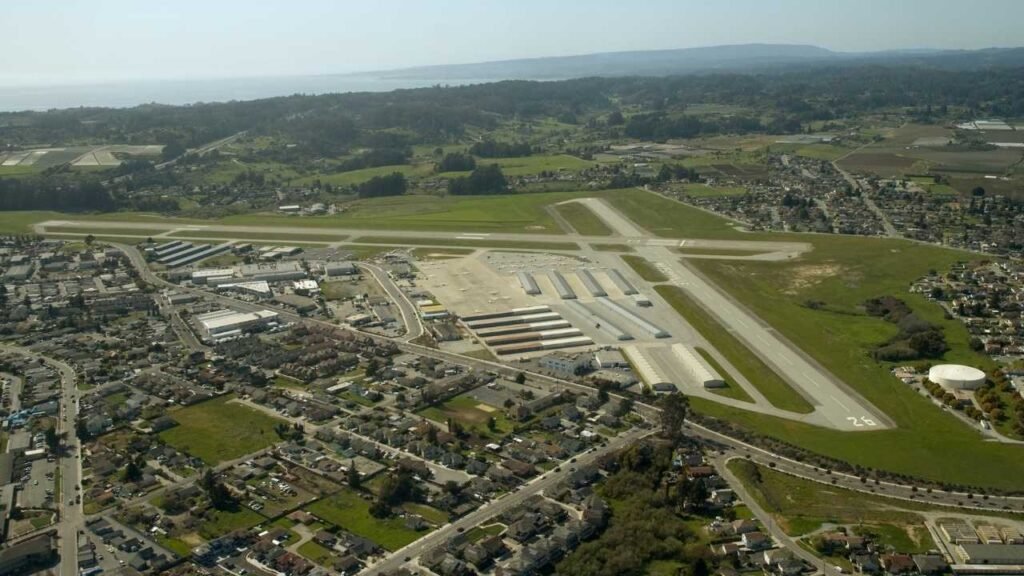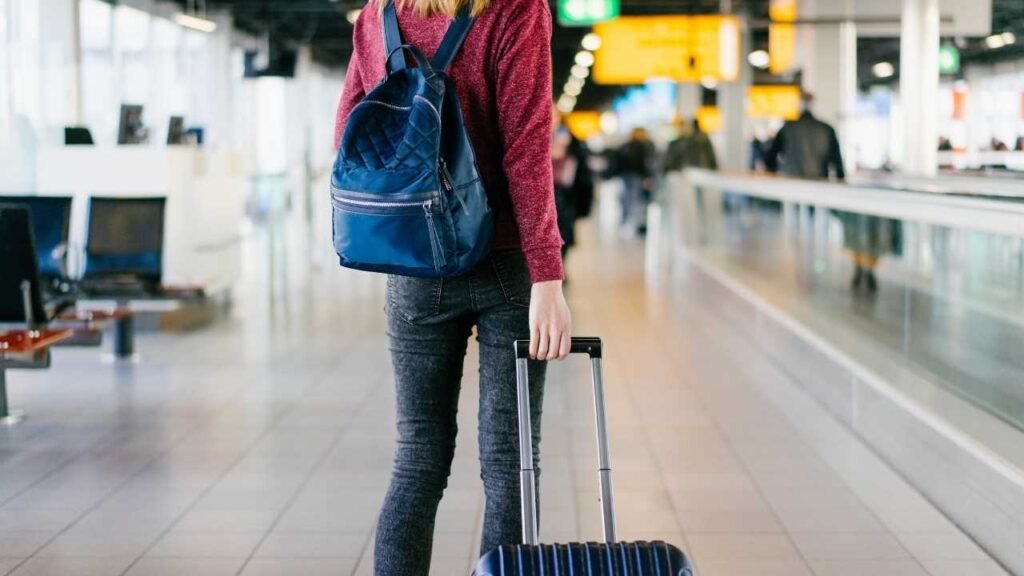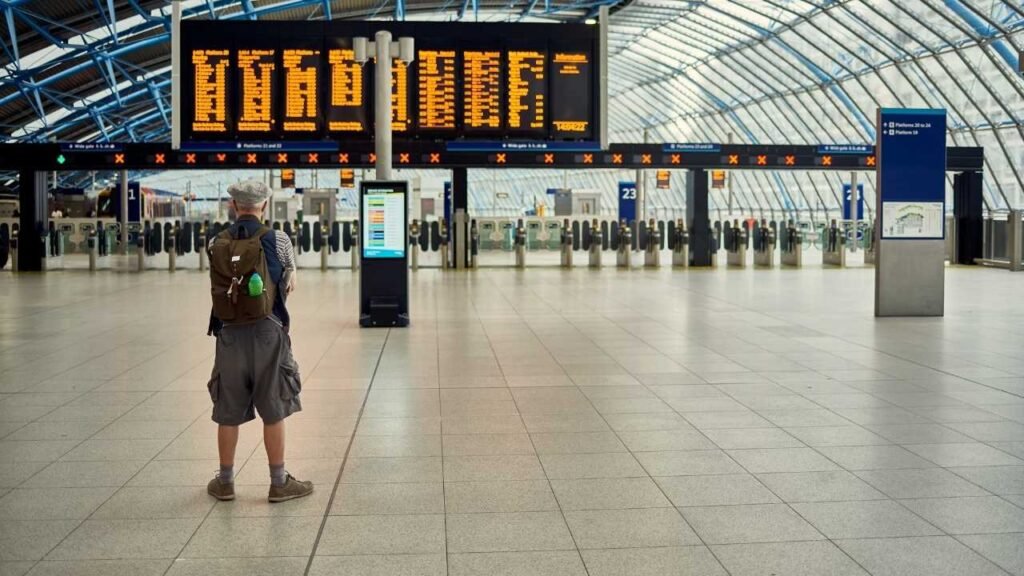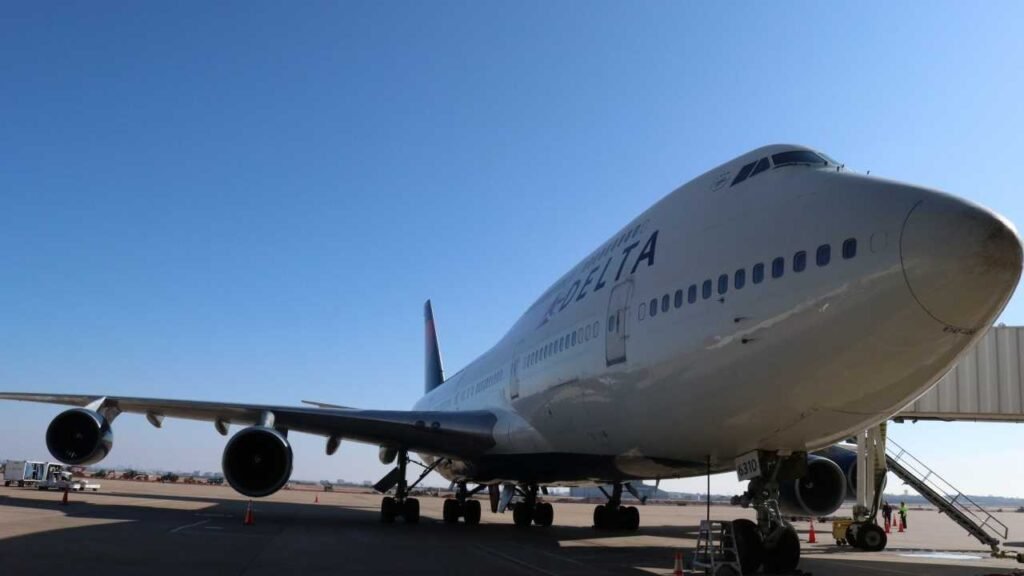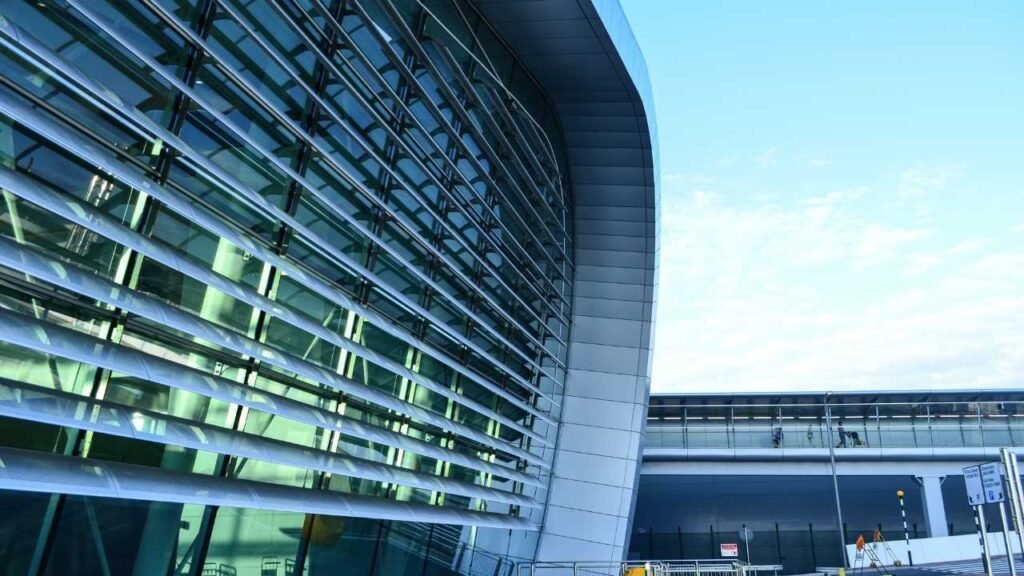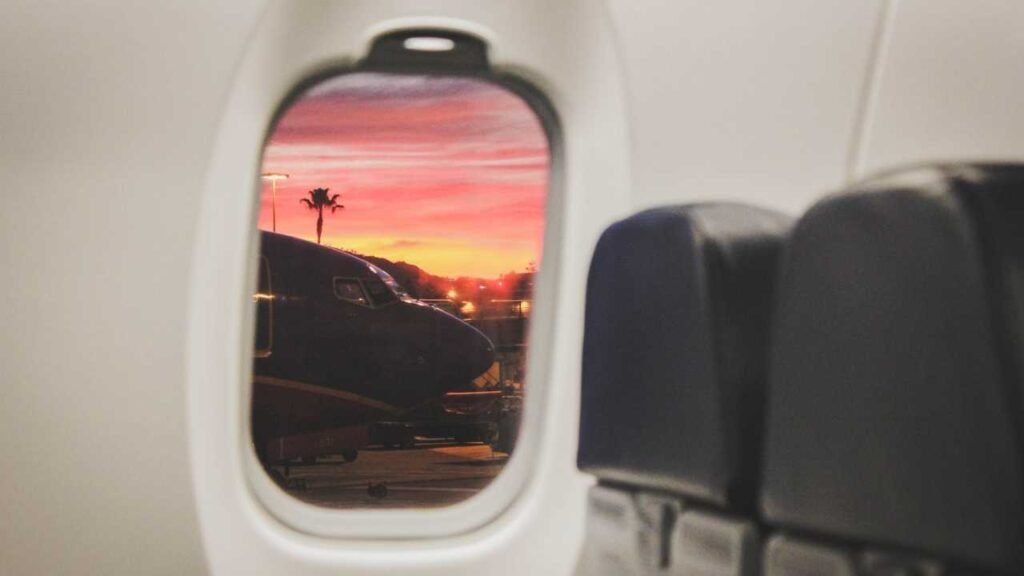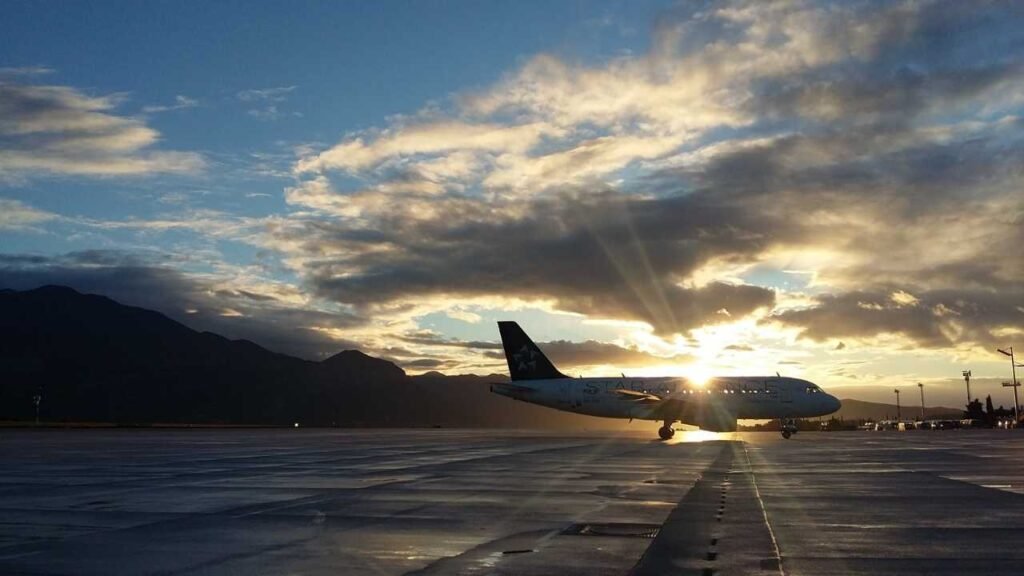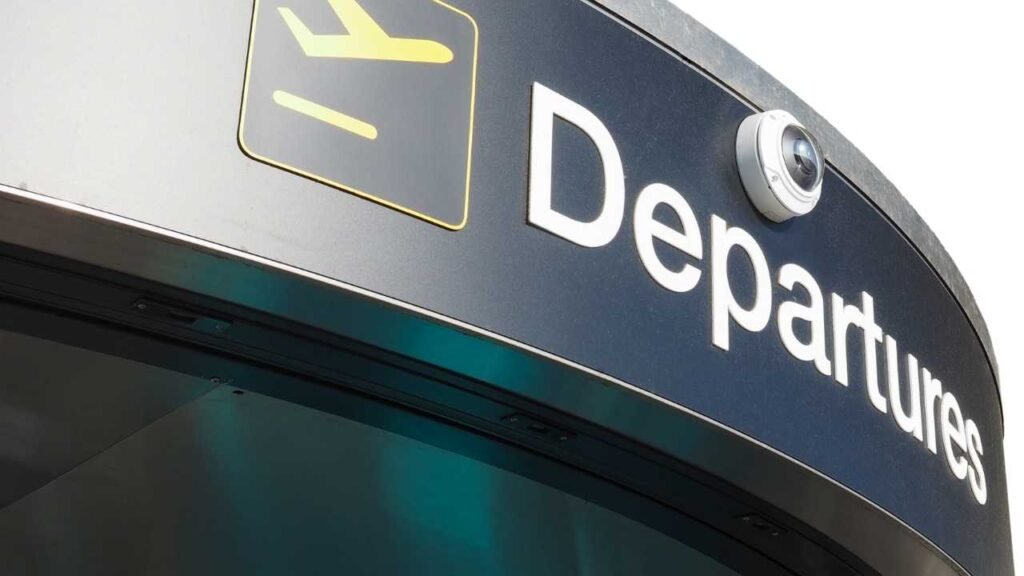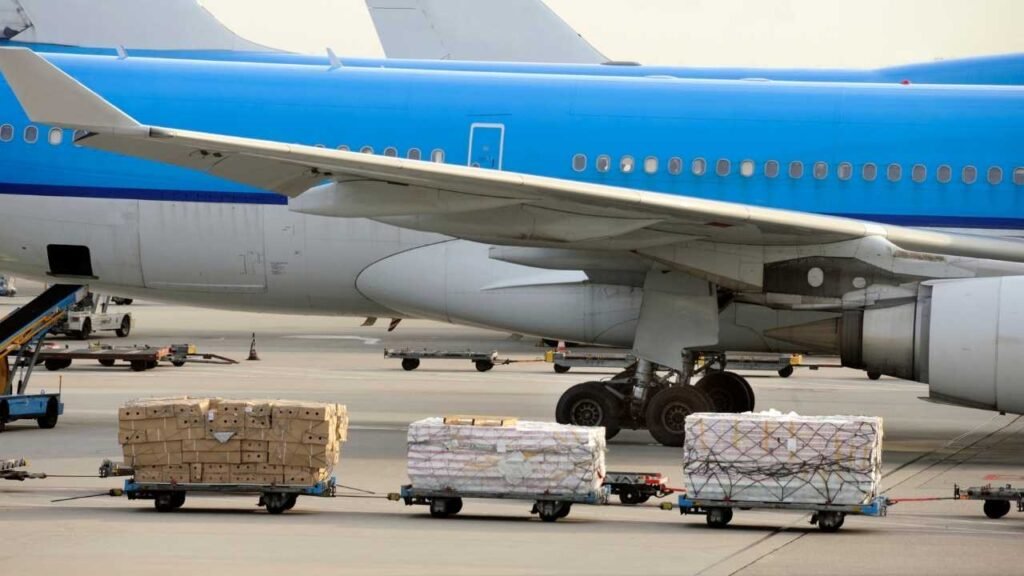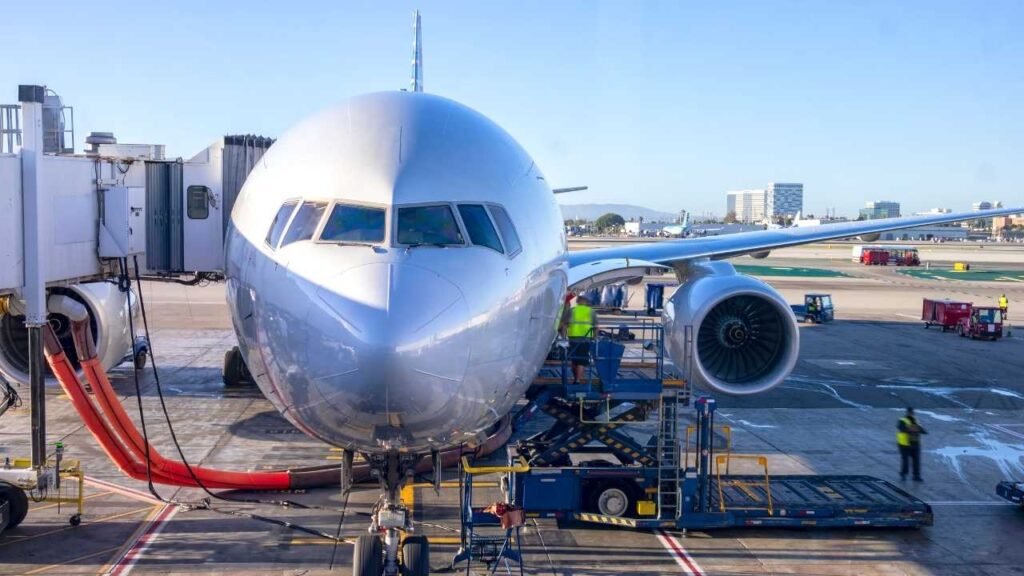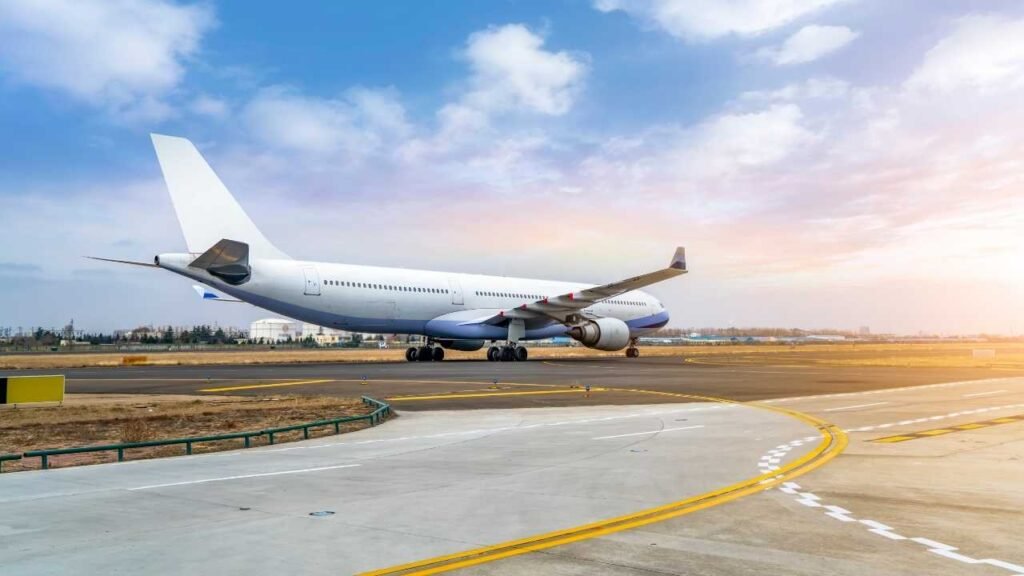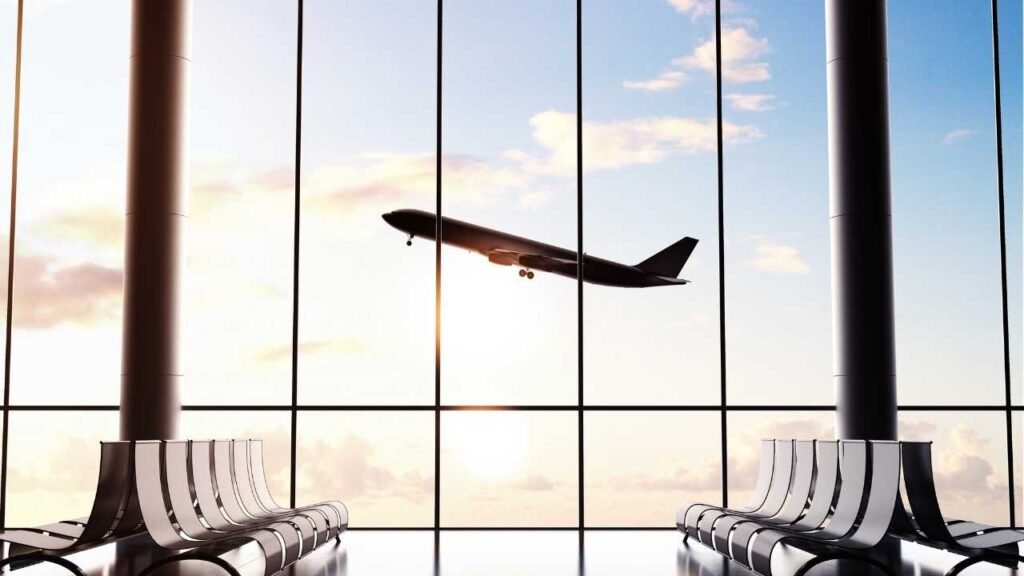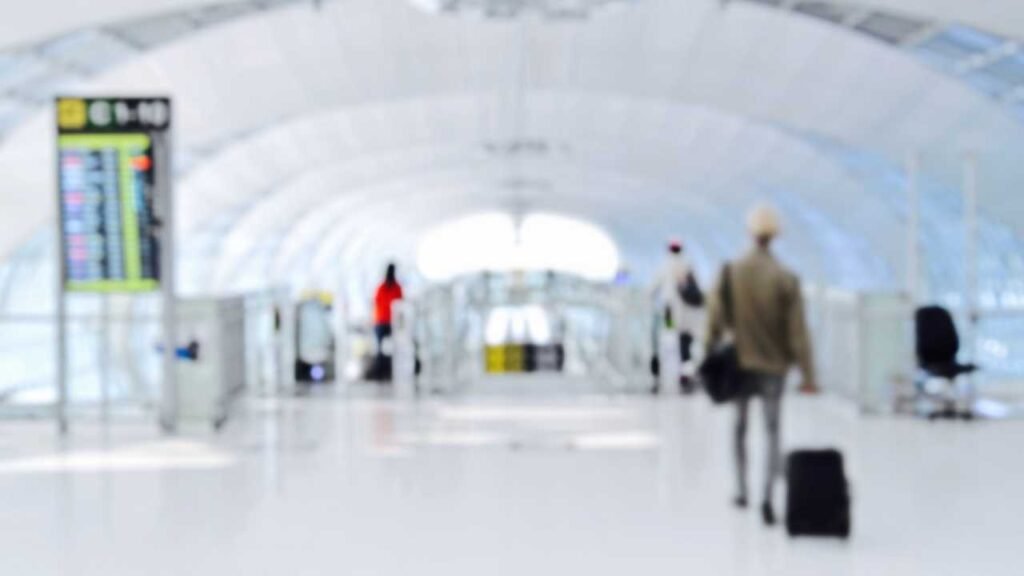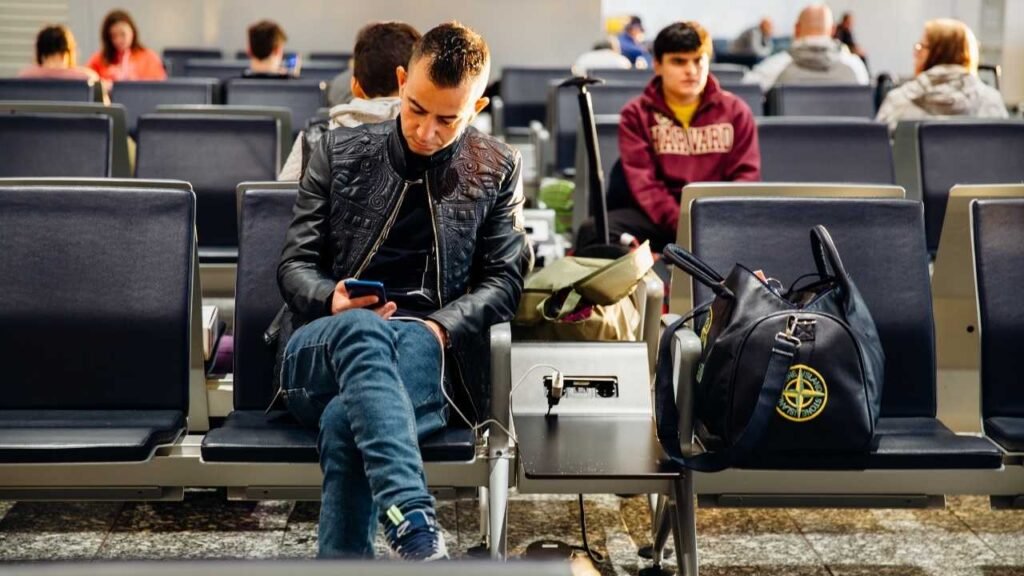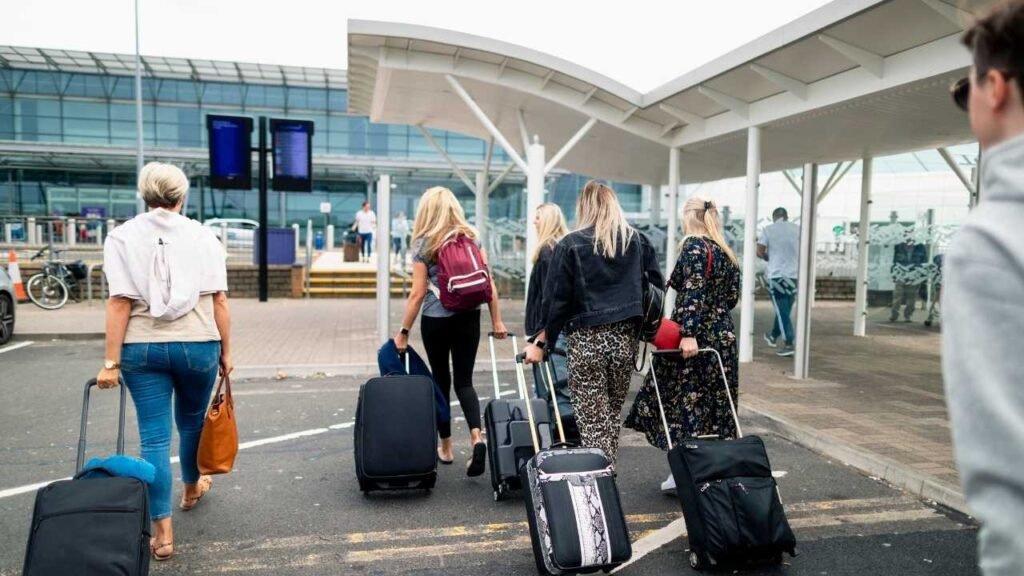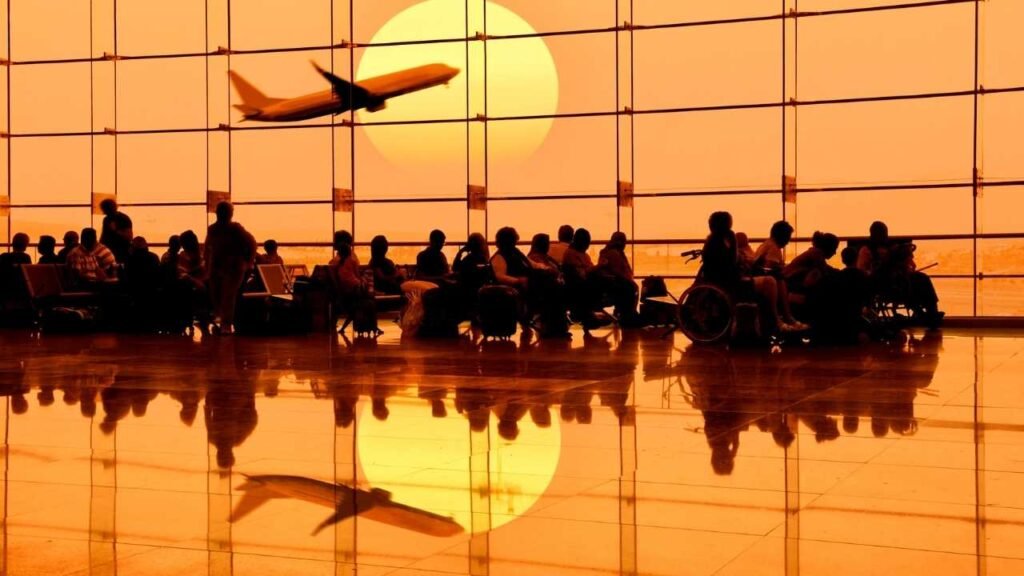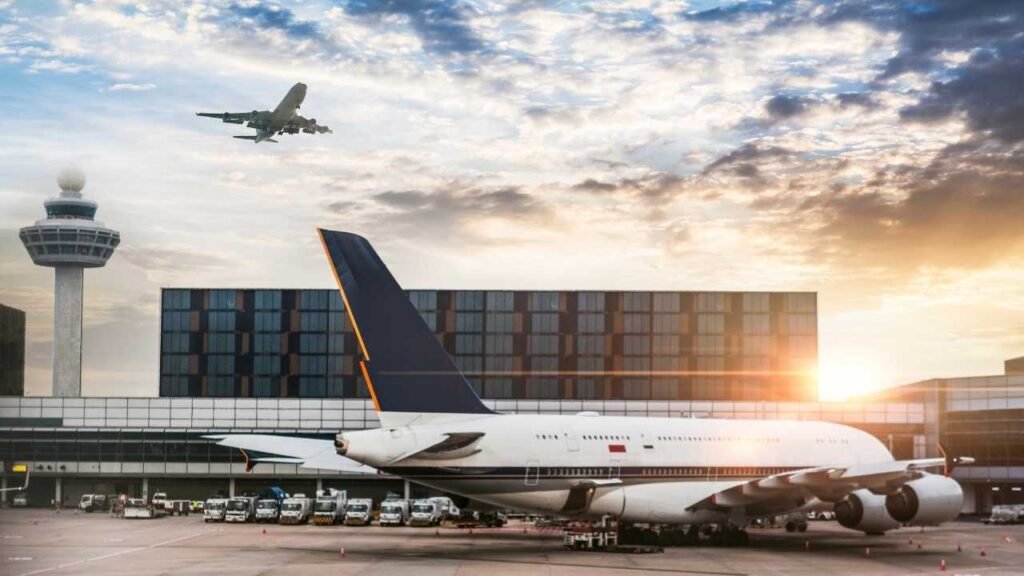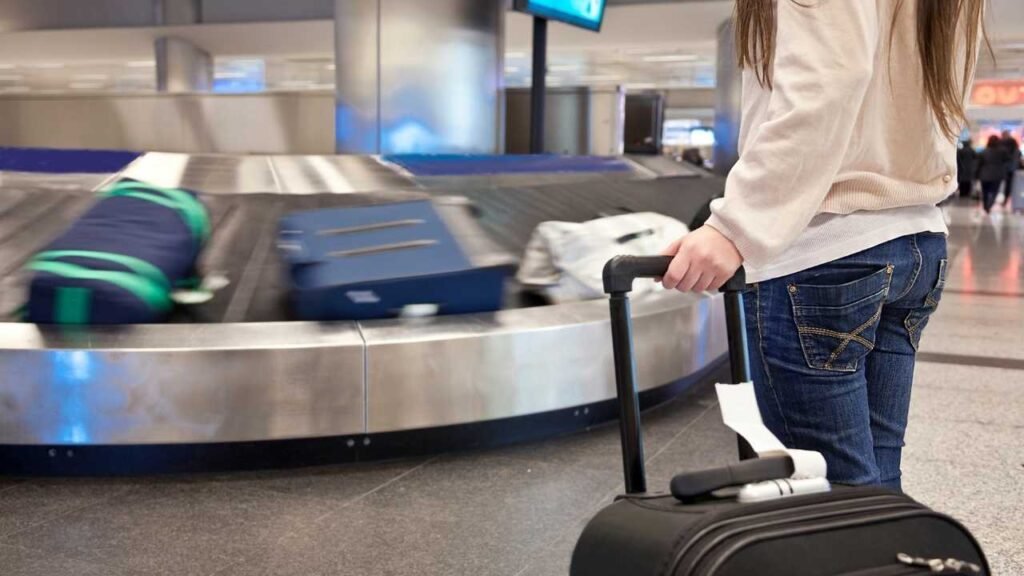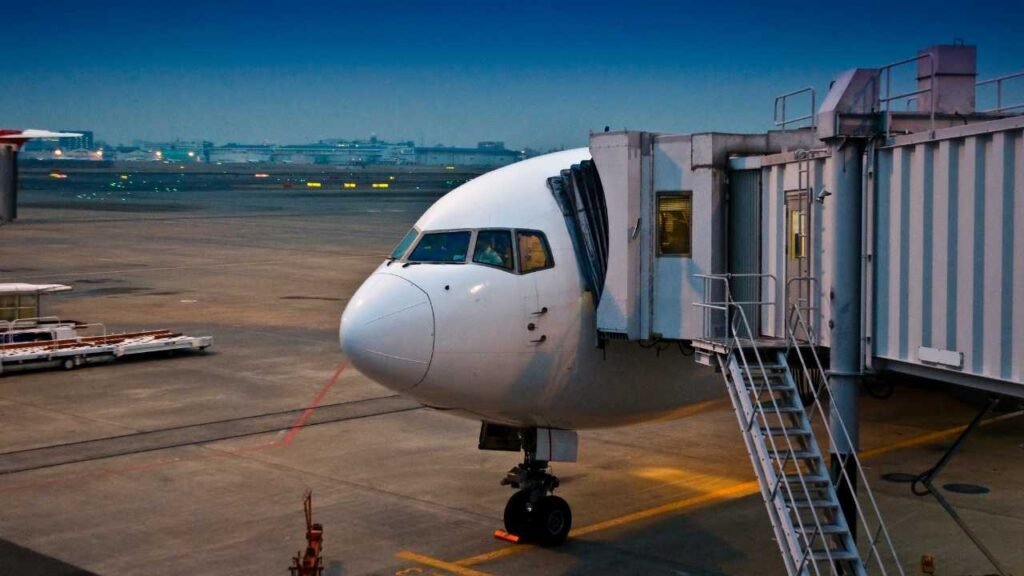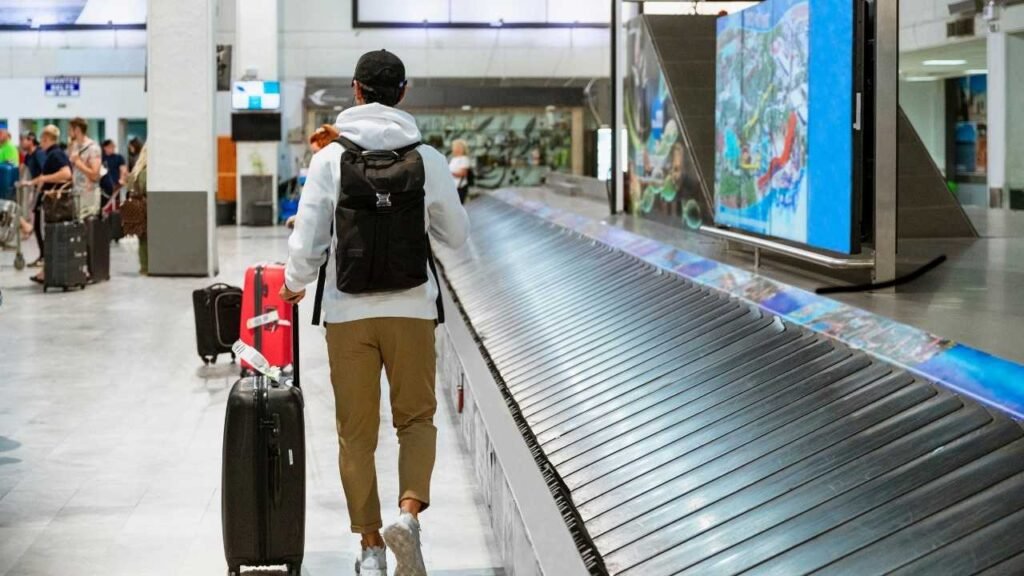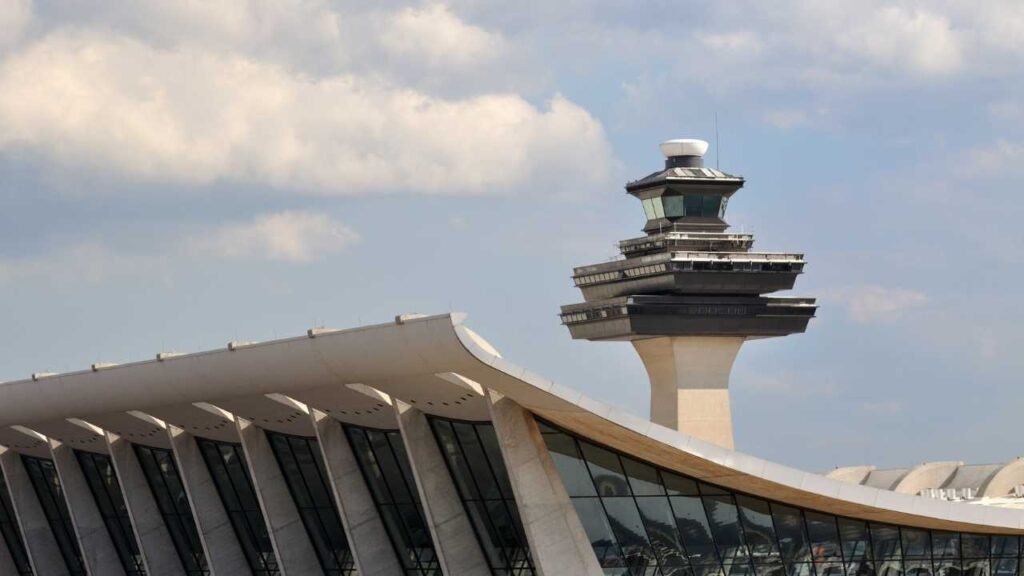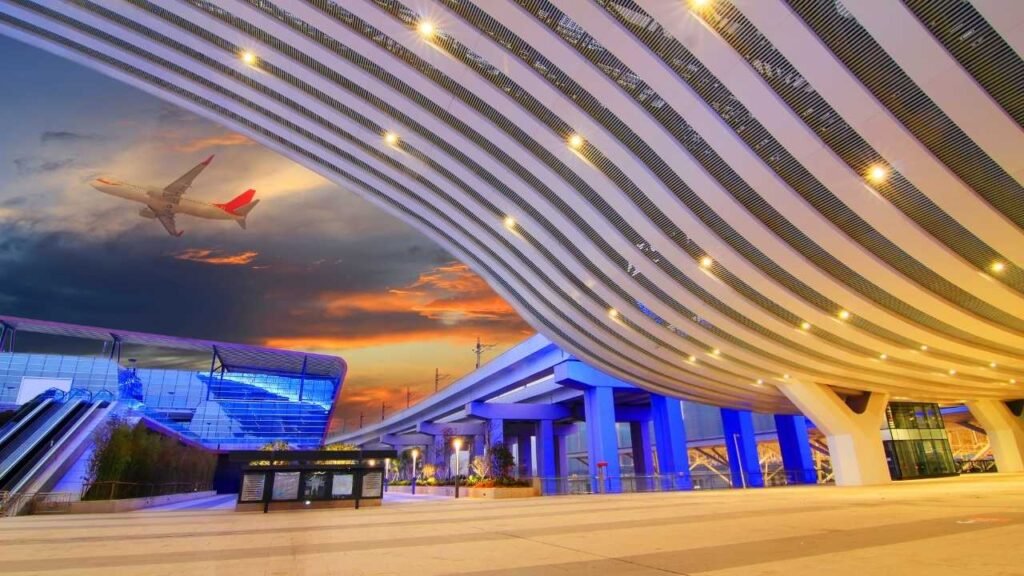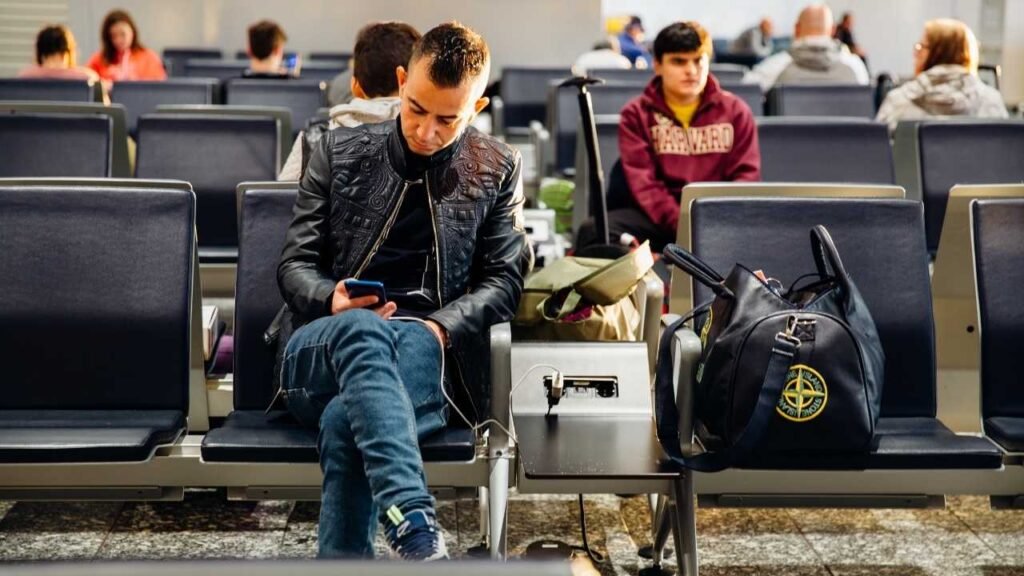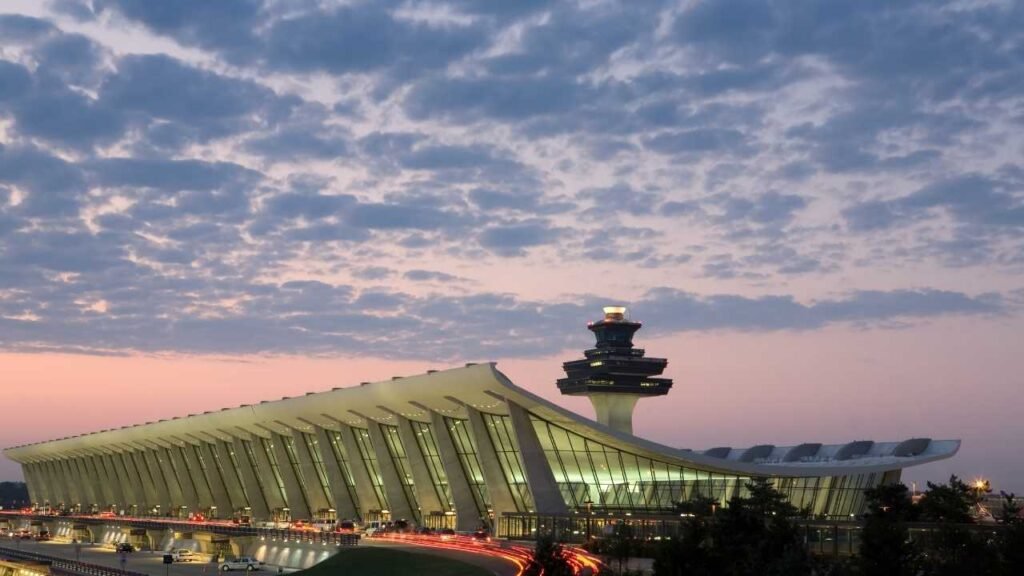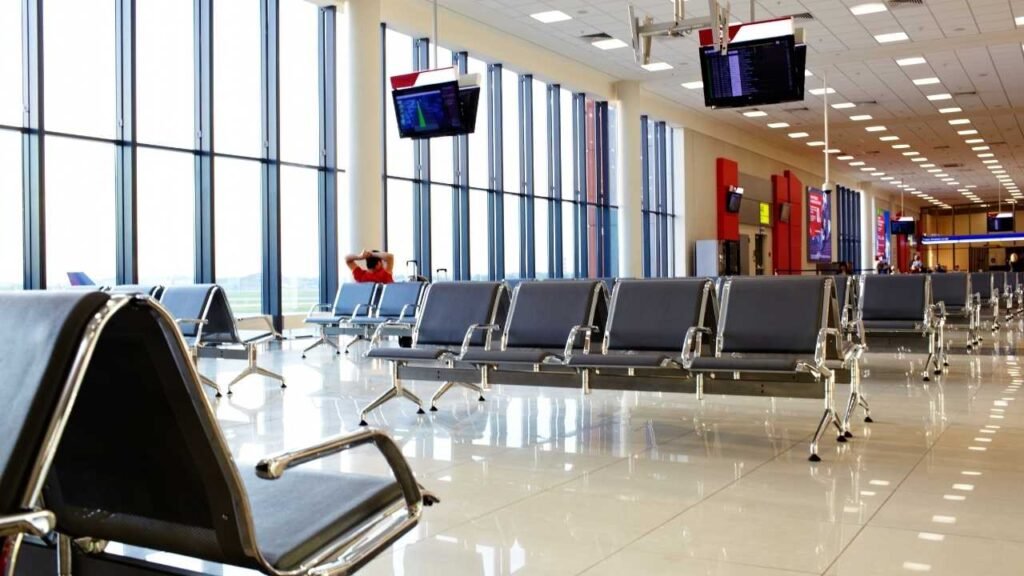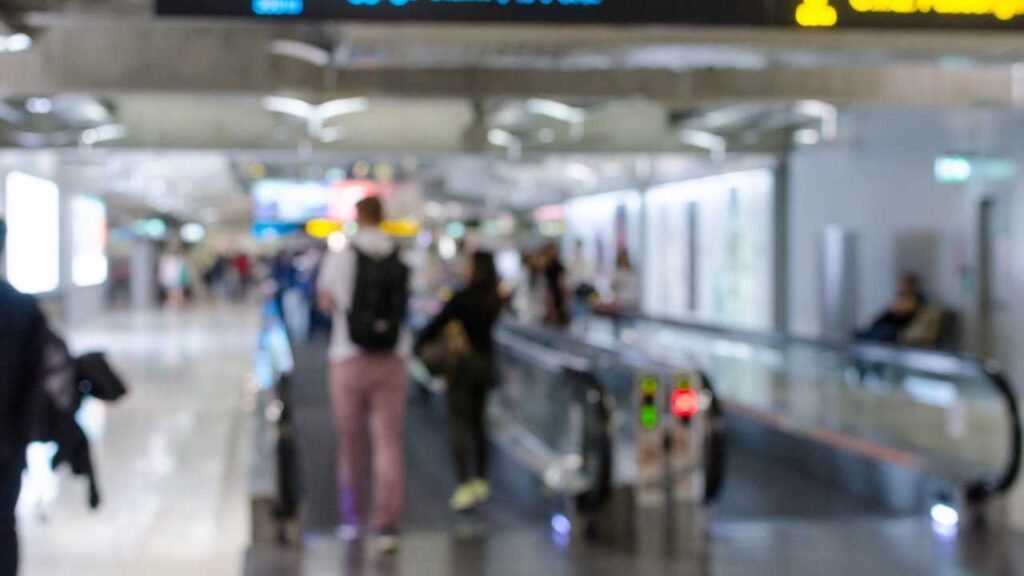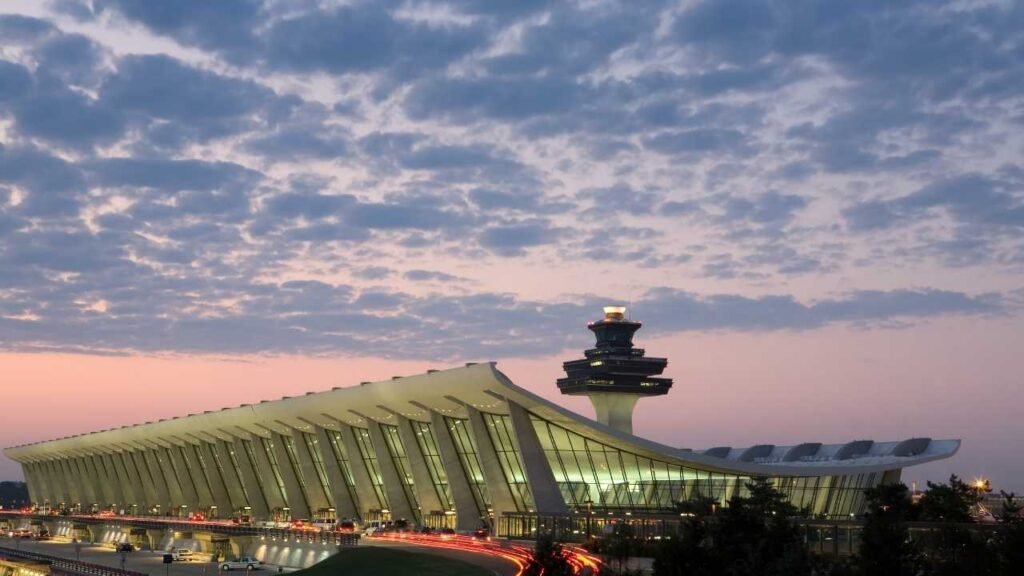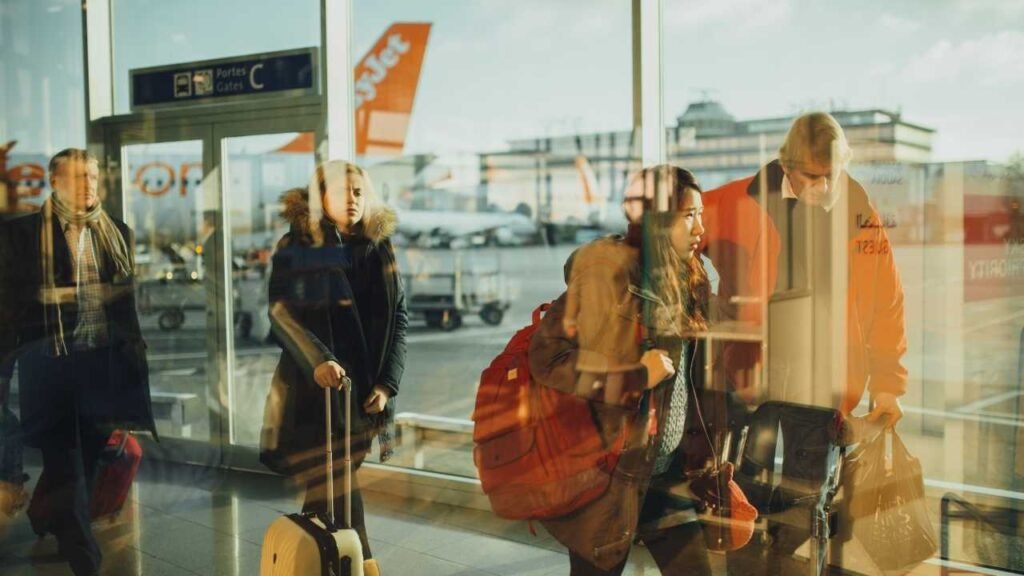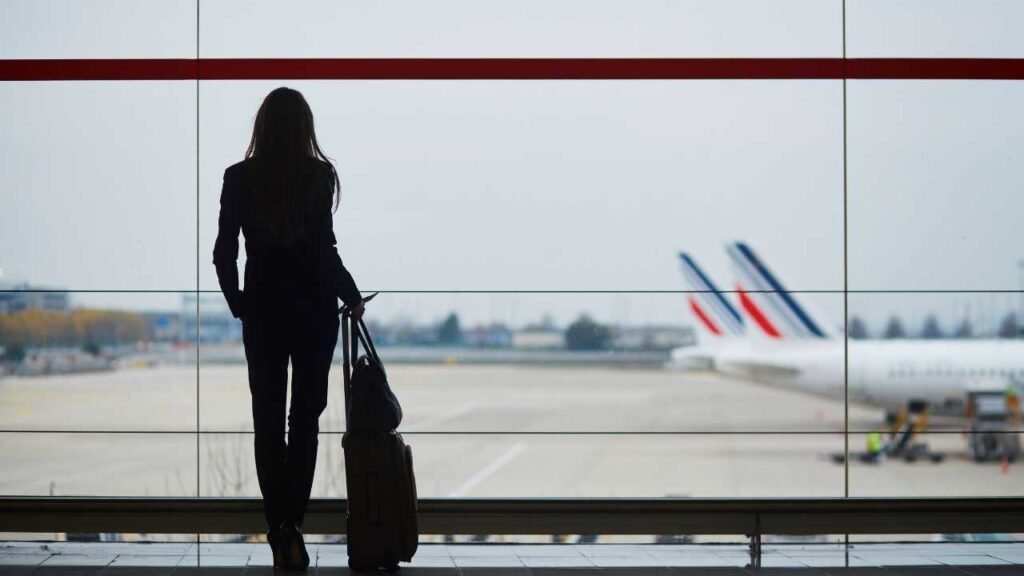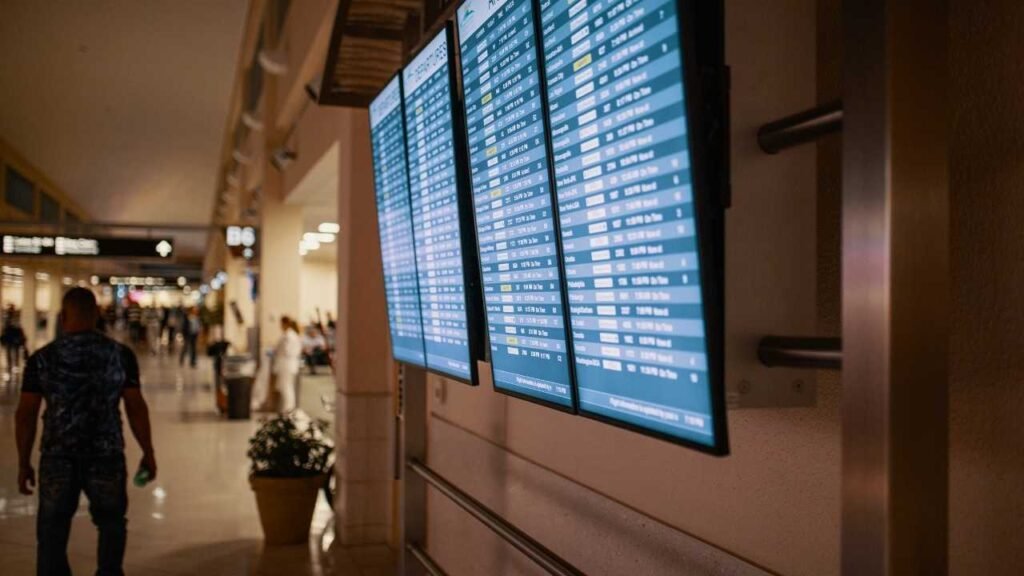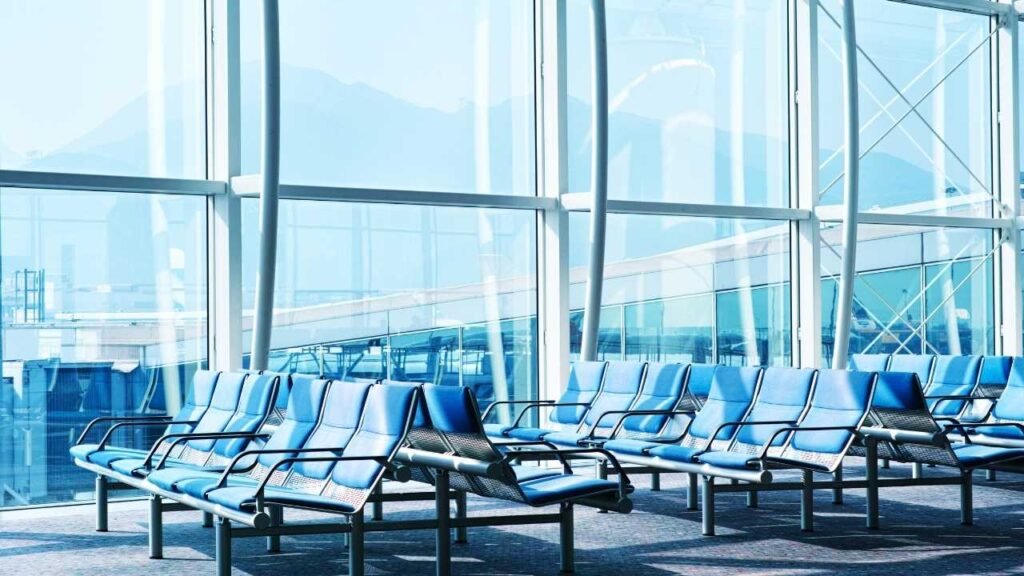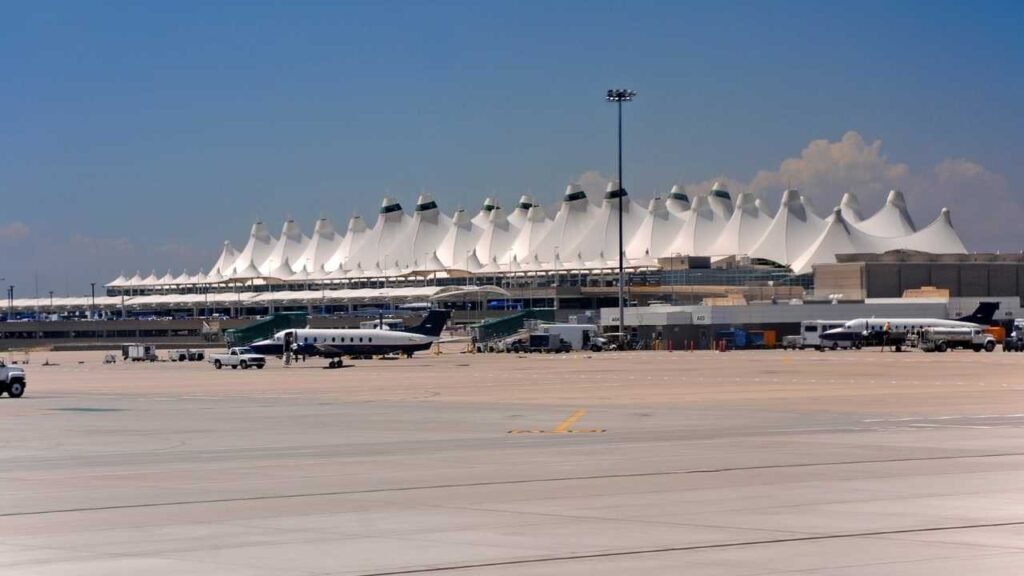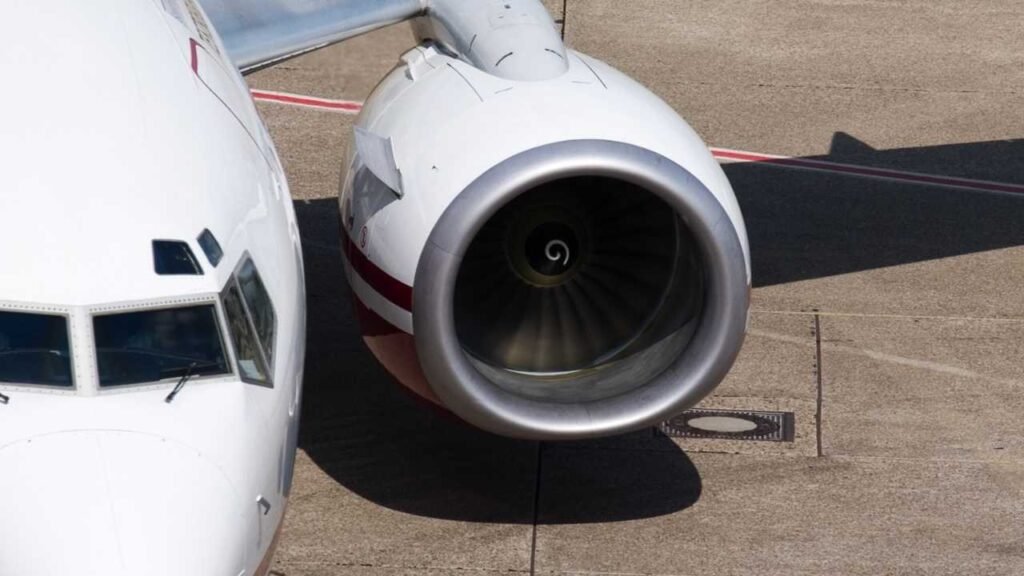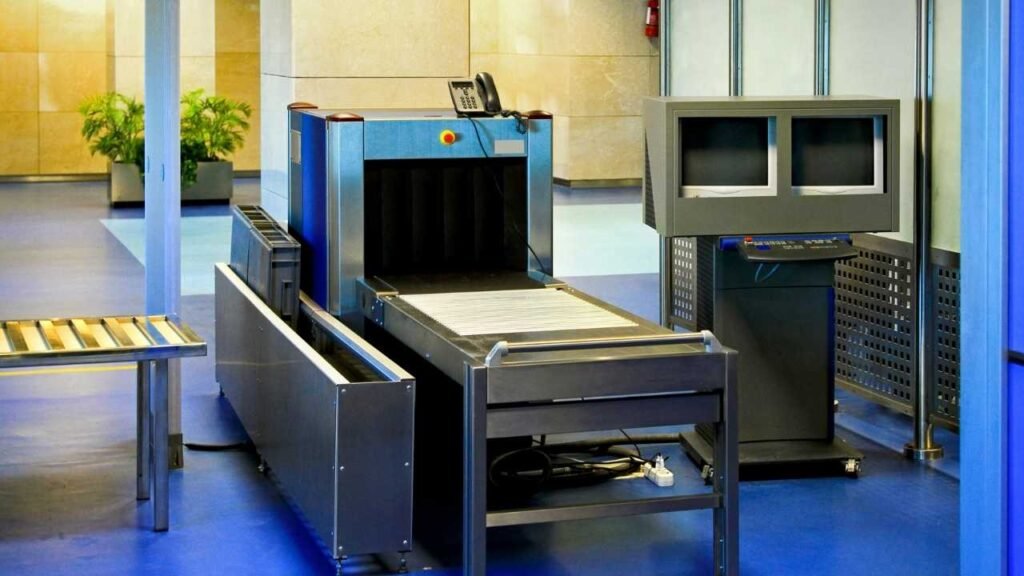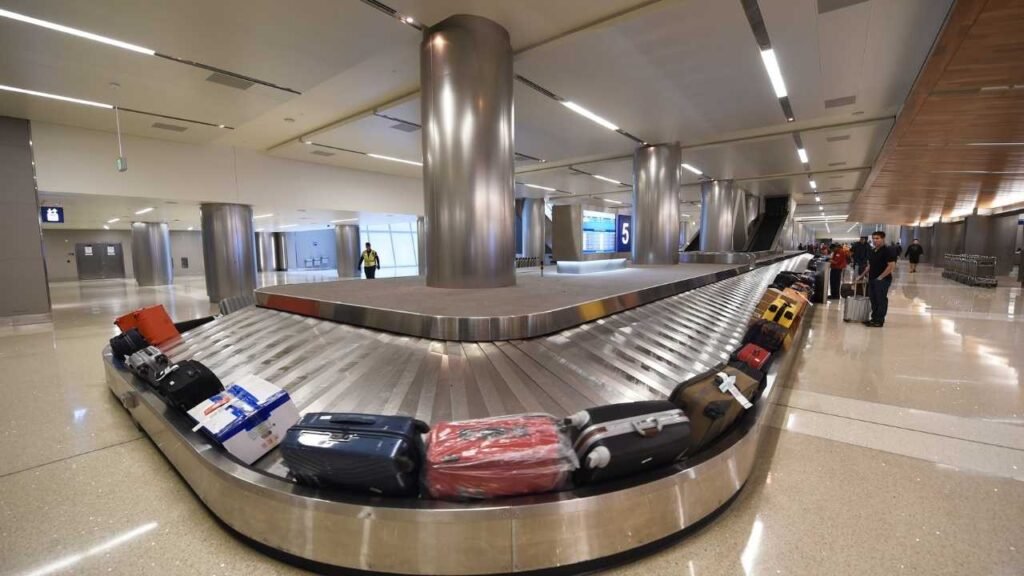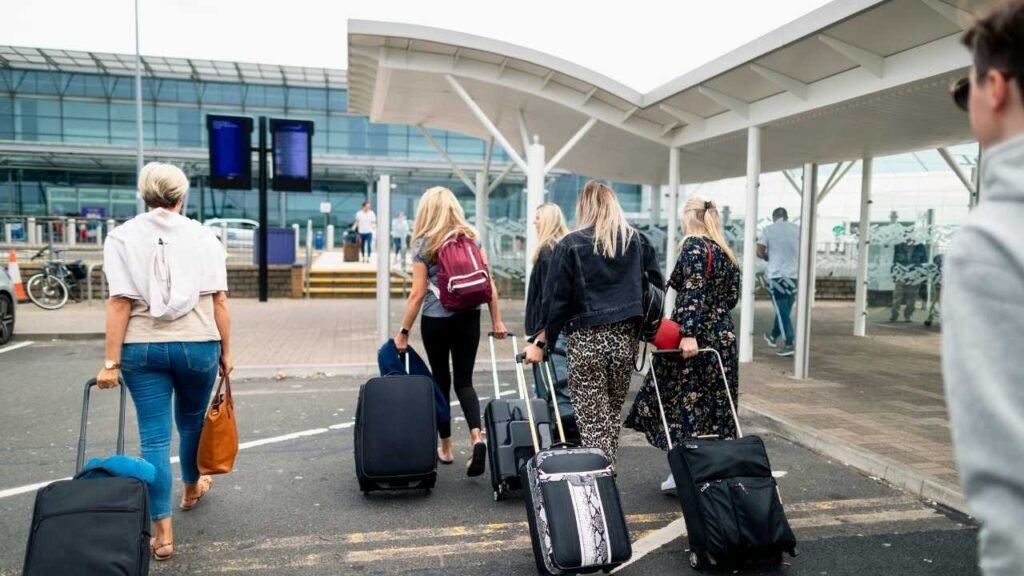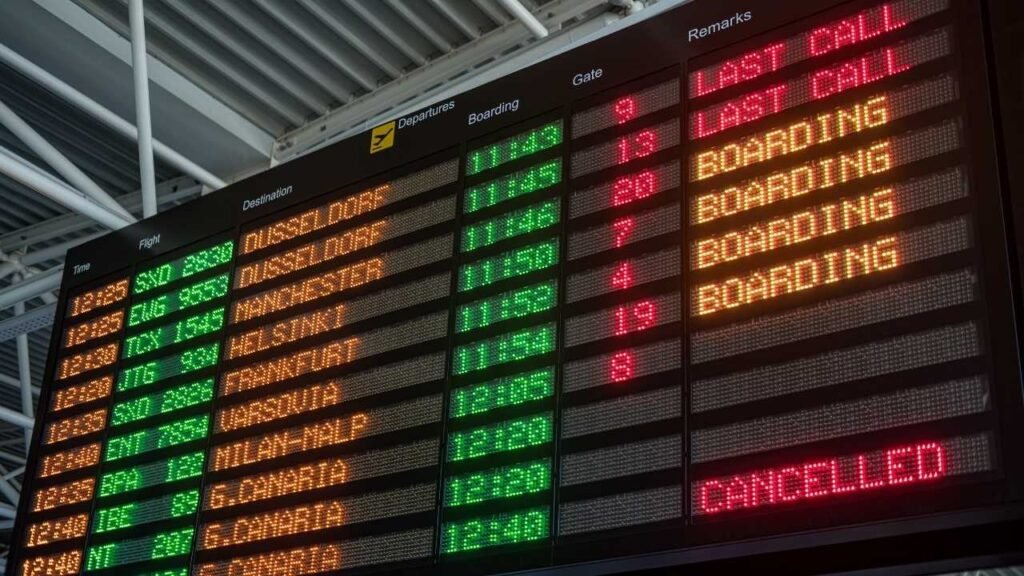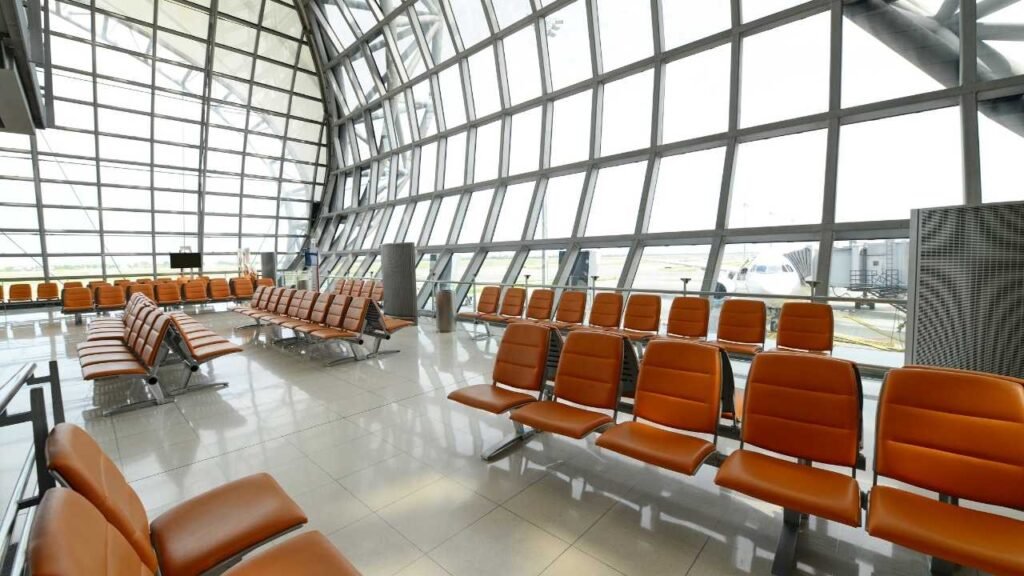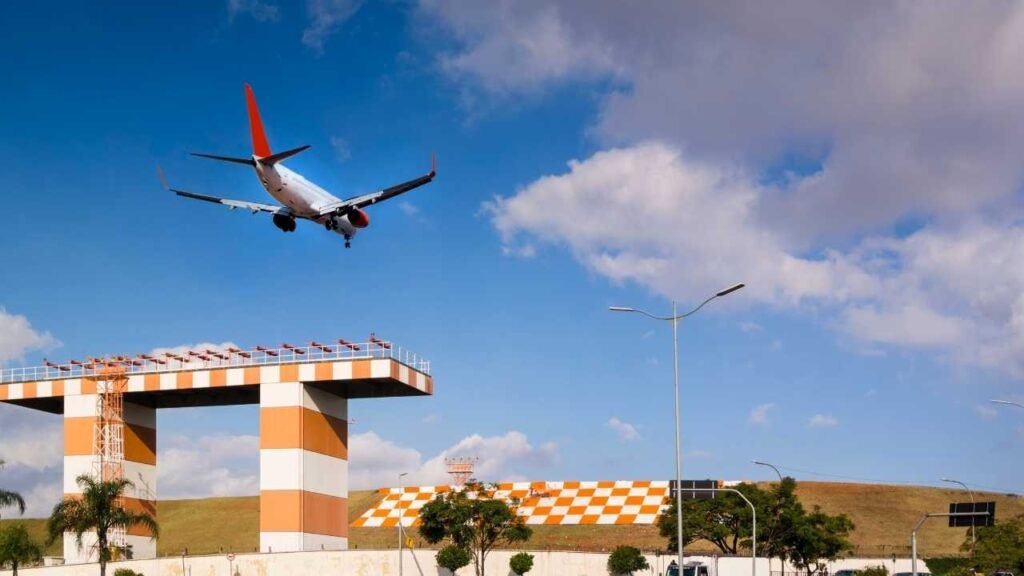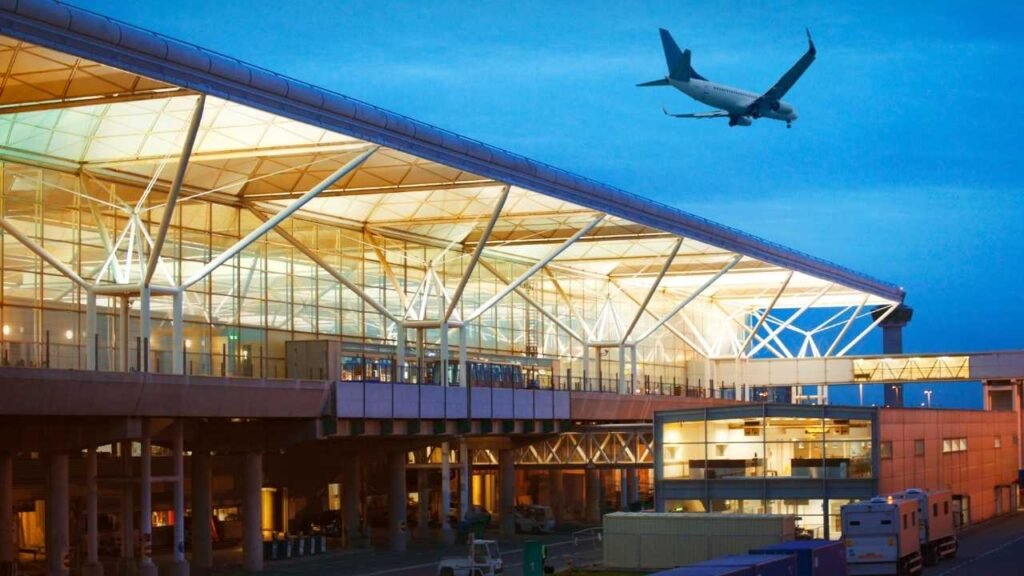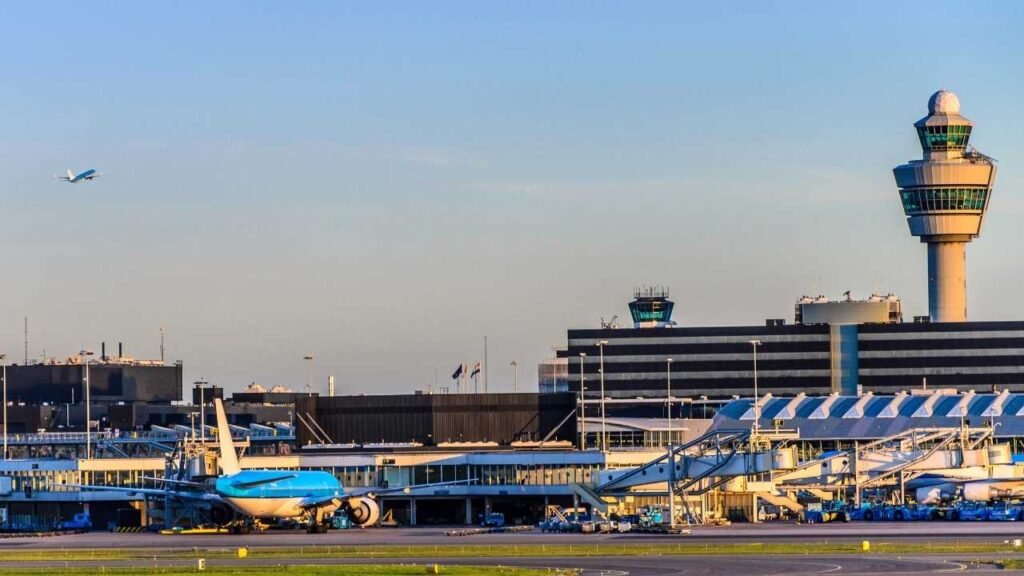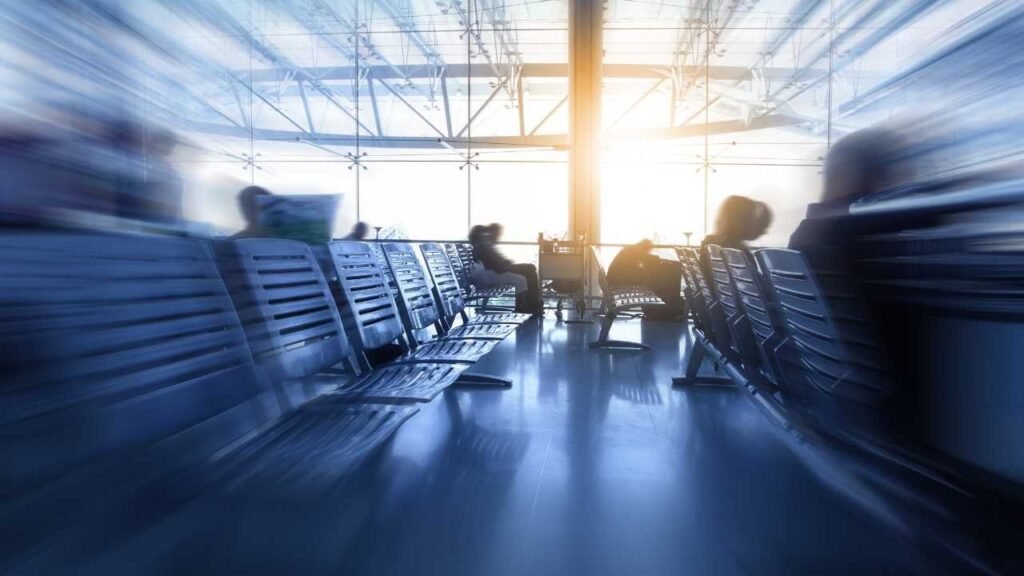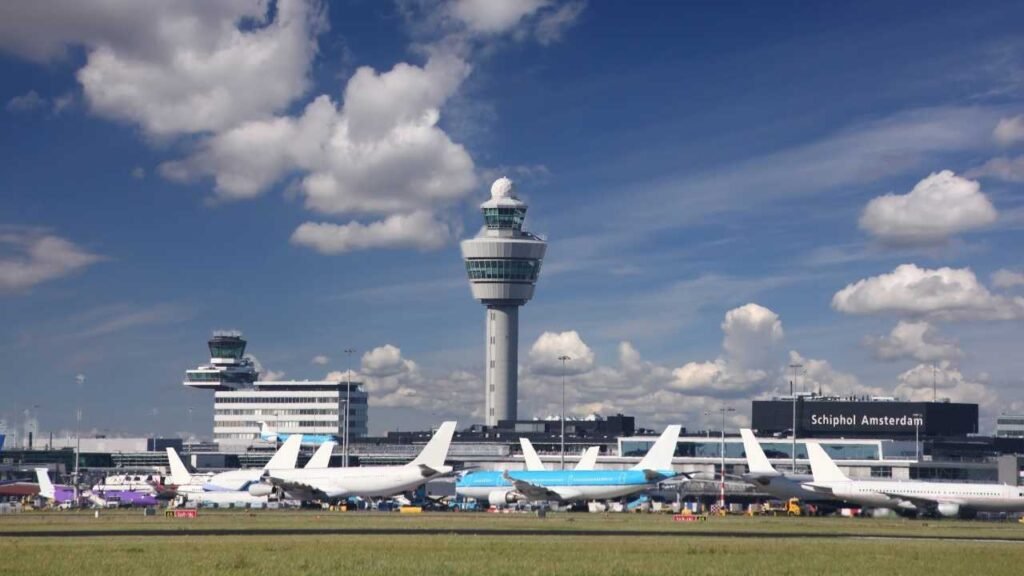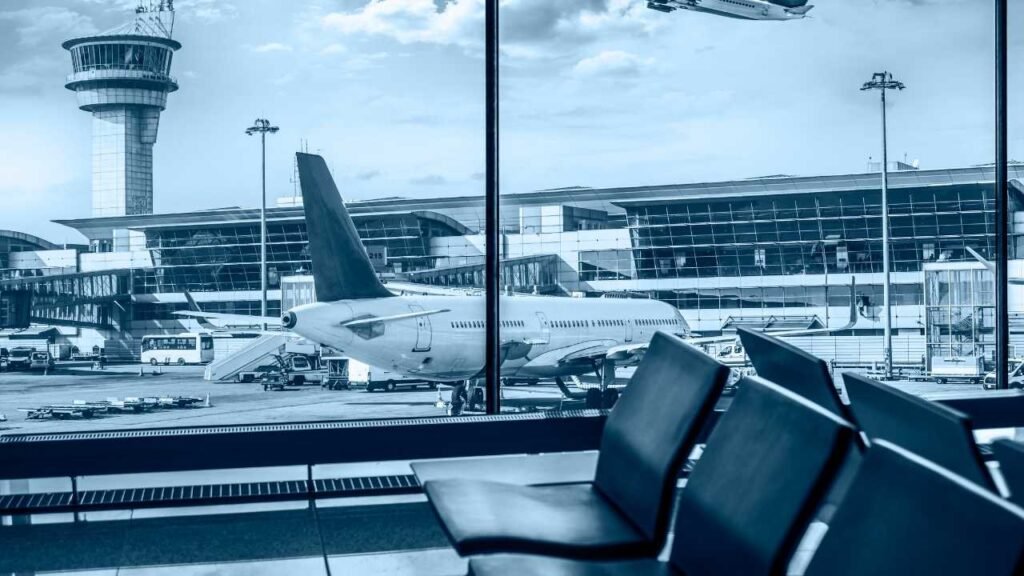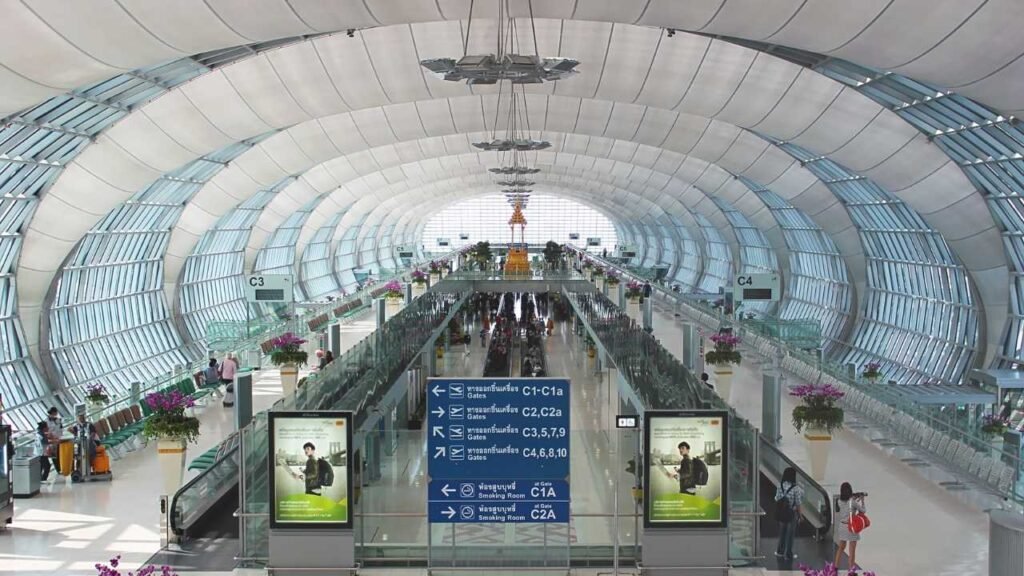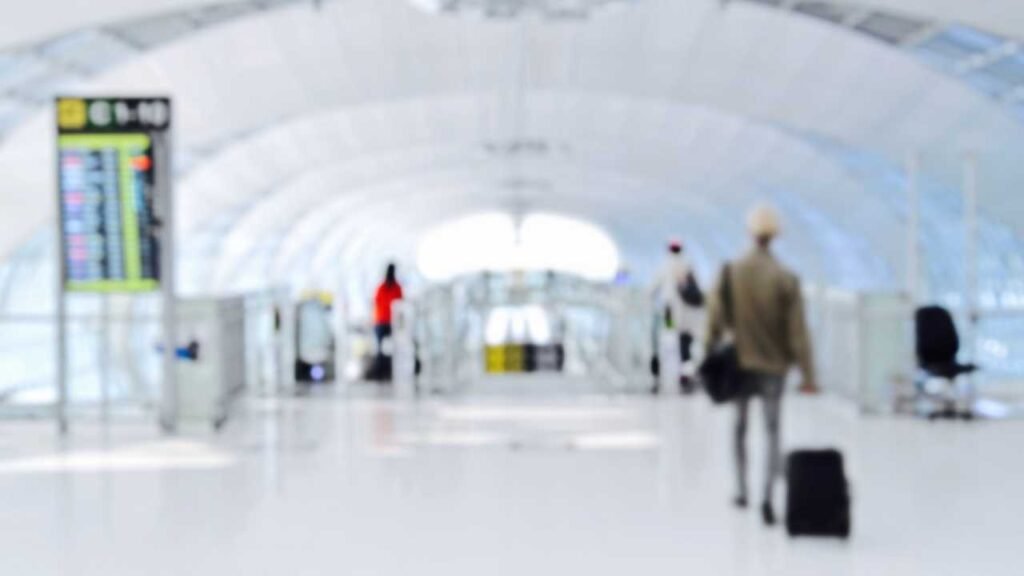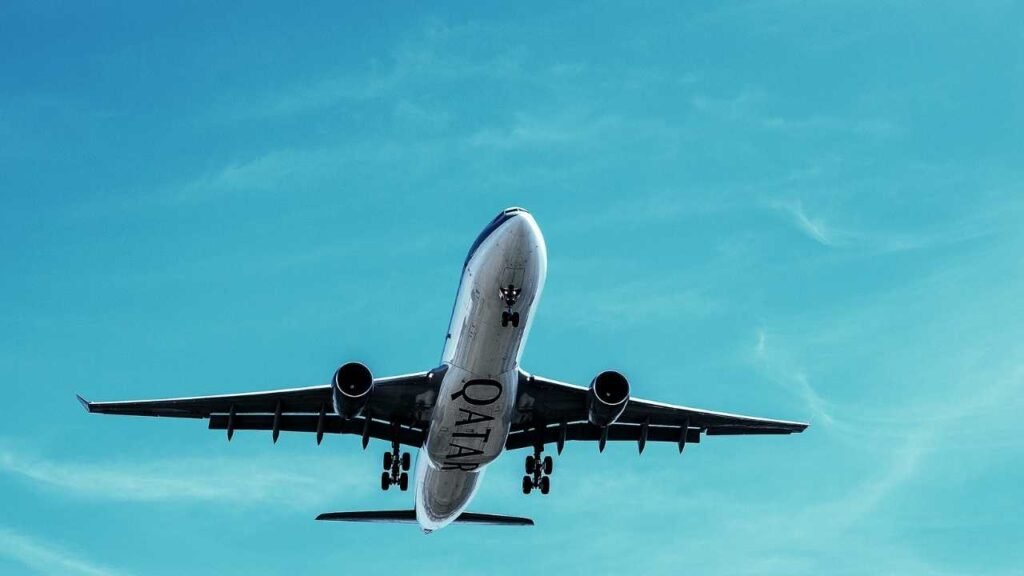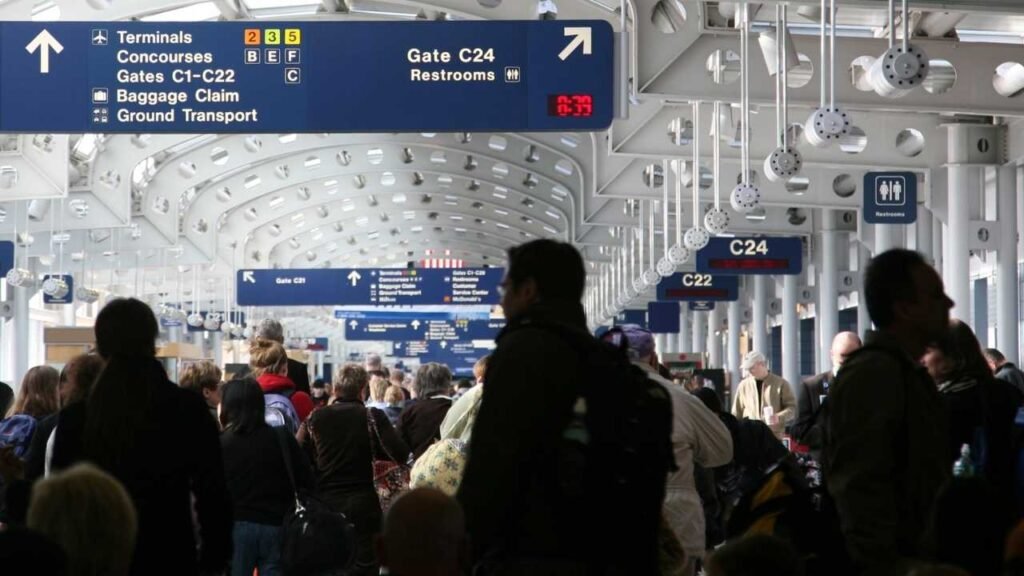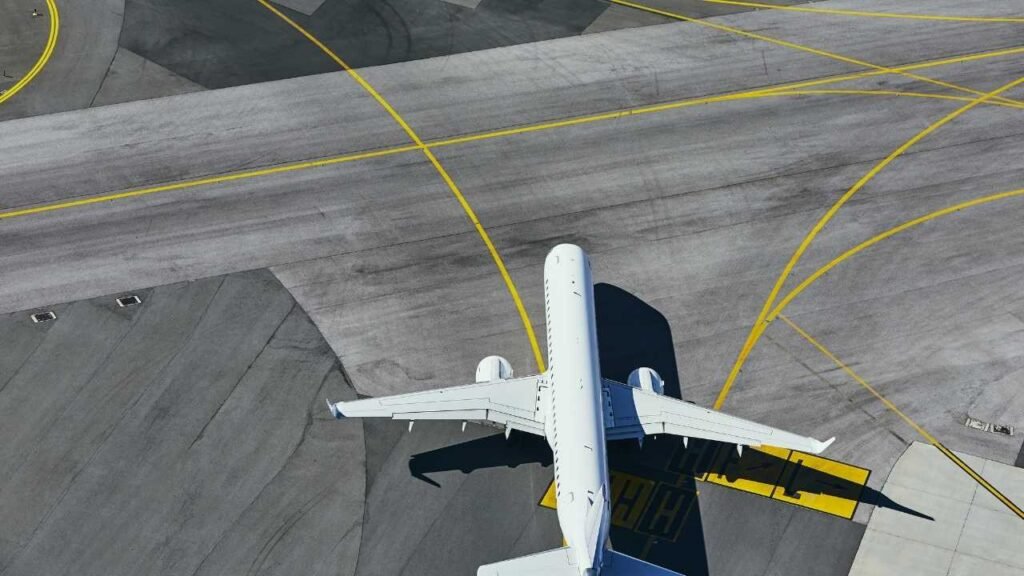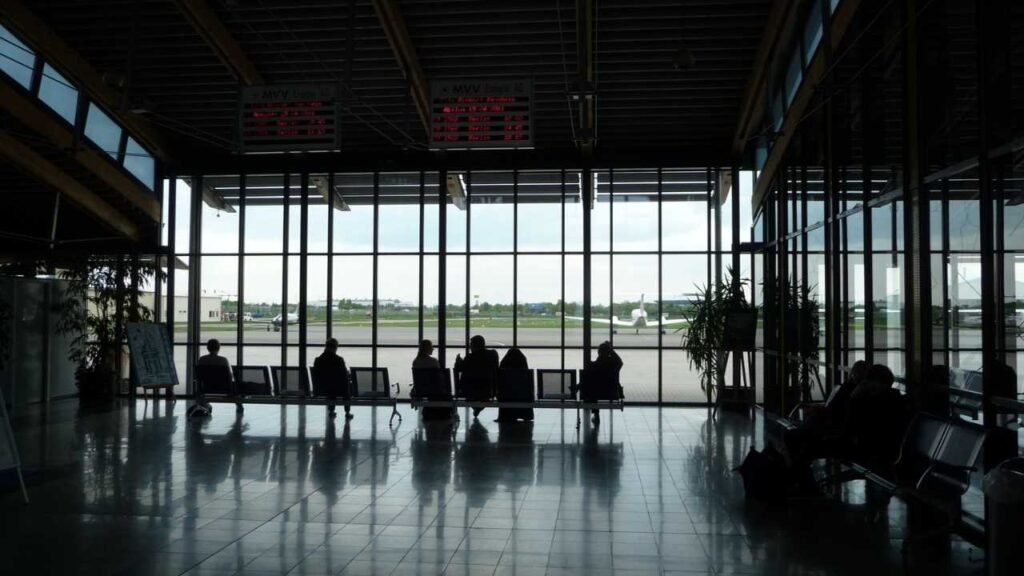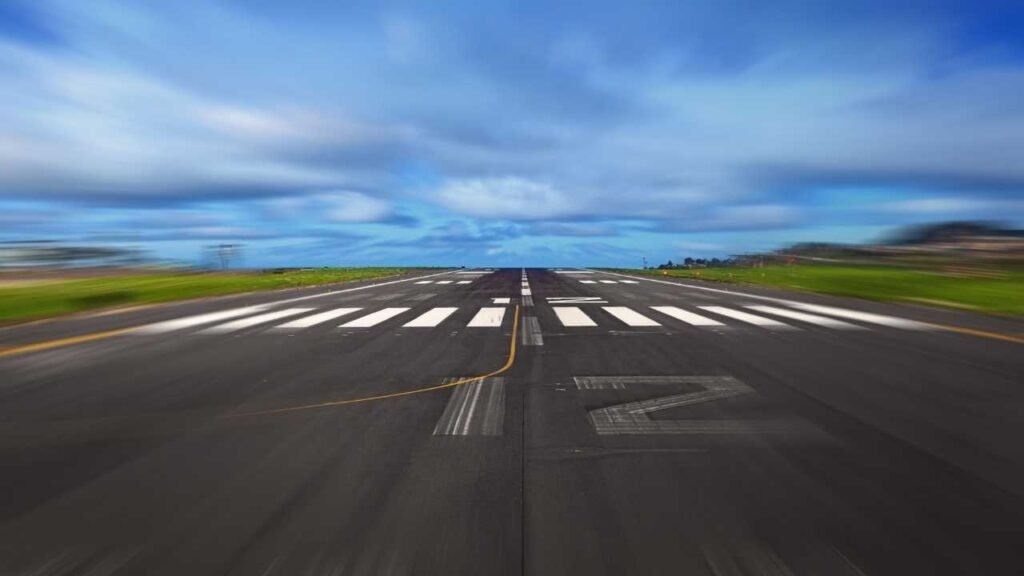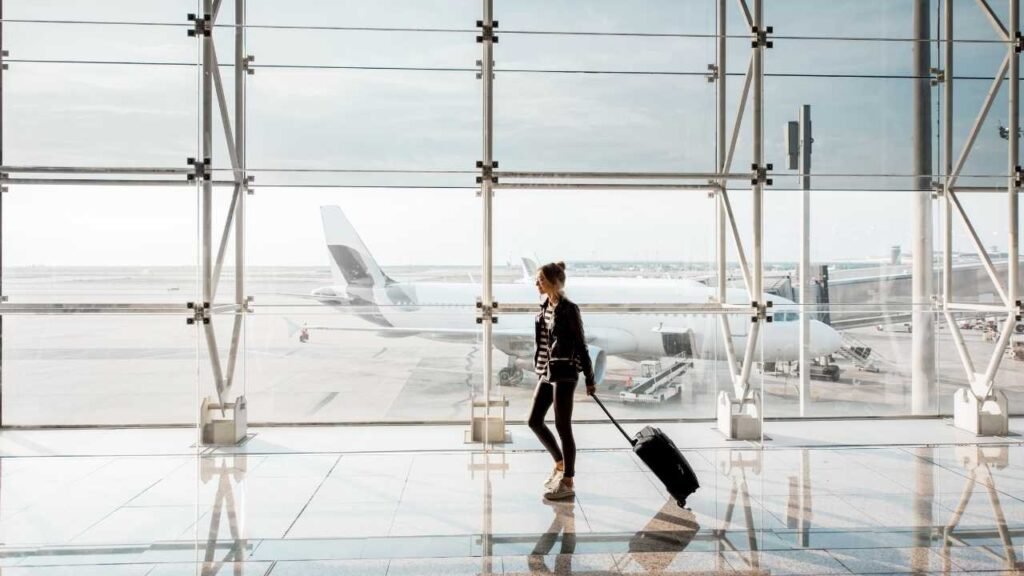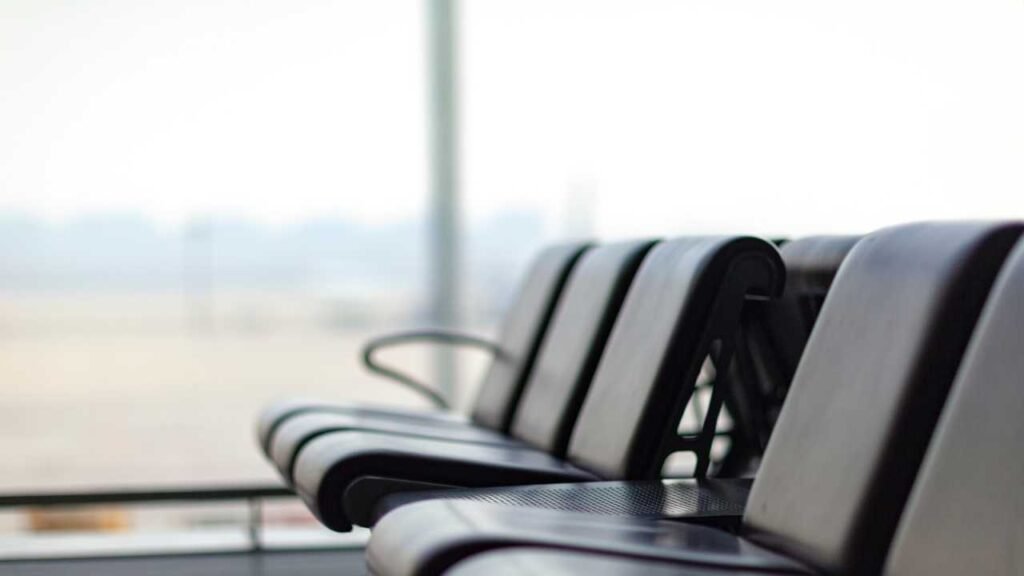- Home
- Dubuque Regional Airport
Dubuque Regional Airport
Injuries and Accidents at Dubuque Regional, Serving Dubuque, Florida
Slip and Fall and Other Accidents at Dubuque Regional Aiport in Dubuque, Florida
Slips, trips, and other mishaps are common in busy terminals like Dubuque Regional. Crowded walkways, spilled drinks and loose mats make hazards hard to spot. If you are hurt, request an incident number, take photos of the scene, and seek medical care promptly so your recovery and any claim start on solid ground.

Frequent Injuries Reported at Dubuque Regional
Slip & Fall Accidents at Dubuque Regional Aiport
Slip and fall accidents remain a leading cause of airport injuries in busy terminals.
Hazards typically stem from slick jet bridge surfaces, which turn a routine step into a fall.
High-risk spots are often moving walkways and escalators, where tight turnarounds increase exposure.
Many incidents are linked with leaks during storms.
Property operators must keep premises reasonably safe under standard negligence law.
Negligence is established through ignored work orders.
Injuries often include soft-tissue damage, sometimes leading to long recoveries.
Right after a fall, ask for a supervisor and save your boarding pass and receipts.
Useful evidence can include copies or photos of warning signage or the lack of it.
Surveillance footage may be retained briefly, so identify camera locations you observed within hours.
Multiple parties can be on the hook, including a janitorial contractor, depending on contract terms.
Comparative fault is weighed against the operator’s negligence, so let the facts speak.
Deadlines to file often range from one to three years, making it important to track the limitation period.
Compensation can include medical bills and rehab, with consistent treatment records supporting negotiations.
When contacted by insurers, decline recorded interviews until you’ve reviewed incident paperwork.
A focused legal review helps secure key video and prepares the claim for litigation if needed.
Vehicle Accidents at Dubuque Regional Airport
Airport vehicles such as utility vehicles at Dubuque Regional in Dubuque, Florida often create dangerous situations.
These crashes frequently happen near loading docks, where visibility may be poor.
Common causes include sudden backing without spotters.
Risk spikes during late-night transfers, when lighting is reduced.
Danger zones often involve pickup lanes packed with rideshares.
Responsibility can fall on a ground-handling contractor for inadequate staffing.
Right after an impact, report the incident immediately and call paramedics if needed.
Helpful evidence includes contact info for witnesses.
Preservation requests should ask to retain all CCTV covering the time window.
Typical injuries may start as soreness and worsen overnight, so follow your treatment plan.
Comparative fault does not void a claim, even if you stepped outside a marked crosswalk.
Time limits may require a formal notice of claim, so act promptly.
Compensation can cover medical bills and rehab, and clear documentation improve outcomes.
If you’re exploring a claim, consult a lawyer experienced with airport operations and vehicle incidents.
Jet Bridge & Boarding Accidents at Dubuque Regional
Boarding areas and jet bridges at Dubuque Regional in Dubuque, Florida can malfunction, causing serious traveler injuries.
Responsibility often falls on airlines, especially when they fail to fix hazards.
Baggage Claim Accidents at Dubuque Regional
The baggage claim area of Dubuque Regional often feels chaotic, which raises safety concerns.
slippery floors near baggage belts injure travelers while passengers wait for their bags.
Risk factors include cleaning left without warning signs.
Crowding limits room to avoid falling items, especially during peak arrivals.
High-risk zones include carousel edges.
Common injuries include foot and ankle trauma from dropped suitcases.
Contributing errors include delayed cleanup of spills.
If a mishap occurs, report it to the baggage services desk and airport staff.
Capture evidence like the bag that fell and its tag.
Act quickly to note pain that worsens after leaving the airport to support future claims.
Potentially responsible parties may include an airline operating the carousel.
Liability often turns on training and staffing levels at the carousel.
Comparative fault may reduce but not eliminate compensation.
Time limits to file vary by jurisdiction, so confirm the applicable period.
Recoverable damages may include future care, and expert opinions strengthen the case
Security Checkpoint Injuries at Dubuque Regional Airport
Security checkpoints at Dubuque Regional can cause injuries, especially when lines are overcrowded.
Common hazards include collisions in crowded lanes, which result in preventable harm.
Bottlenecks make hazards harder to spot, particularly during peak departures.
Contributing factors often include lack of spill cleanup.
Injuries may range from soft tissue injuries that require medical care.
After an incident, request an incident or occurrence number and seek medical evaluation the same day.
Useful evidence can include witness names and contact details.
Video and data sources cleaning schedules and inspection sheets, so email to hold footage for the relevant window.
Responsibility may involve TSA or its contractors, depending on contract terms.
Comparative fault is balanced against the operator’s duty to keep lanes safe, even if you were rushing.
Deadlines to file may require a formal notice of claim, so act promptly.
Compensation can cover lost income and travel costs, and clear causation documentation support negotiations.
Worker Accidents at Dubuque Regional
Employees at Dubuque Regional in Dubuque, Florida face slip and trip risks.
Many of these incidents are avoidable if airport authorities followed safety protocols.
International Airport Accidents Linked to Dubuque Regional Airport
International travelers injured at Dubuque Regional in Dubuque, Florida may struggle to file claims.
Because Dubuque Regional connects Dubuque to international carriers, liability often becomes legally complex.
Escalator & Elevator Accidents at Dubuque Regional
Escalators and elevators inside Dubuque Regional in Dubuque, Florida sometimes stop suddenly, causing serious passenger injuries.
Responsibility may lie with maintenance contractors when safety checks are skipped.
Shuttle Bus & Ground Transportation Accidents at Dubuque Regional Airport
Shuttle buses, trams, and ground transportation vehicles at Dubuque Regional in Dubuque, Florida sometimes collide, injuring passengers.
These accidents often occur on narrow service roads, creating severe injury risks for residents of Florida.
Parking Lot & Curbside Accidents at Dubuque Regional Airport
Parking lots and curbside zones at Dubuque Regional in Dubuque, Florida are common accident zones.
Hazards include poor lighting, leading to slip and fall accidents.
Luggage Cart & Conveyor Belt Accidents at Dubuque Regional Airport
At Dubuque Regional in Dubuque, Florida, runaway luggage carts or jammed conveyor belts can cause crush injuries.
These incidents may result from careless baggage staff.
Food Court & Restaurant Accidents at Dubuque Regional Airport
Restaurants and food vendors inside Dubuque Regional in Dubuque, Florida can cause burn injuries.
Liability often rests with independent food vendors when they ignore safety regulations.
Airport Construction Zone Accidents at Dubuque Regional
Renovation or construction areas inside Dubuque Regional in Dubuque, Florida expose travelers to falling debris.
Injuries here may involve lack of proper barriers.
Disabled Passenger Assistance Accidents at Dubuque Regional
Disabled passengers at Dubuque Regional in Dubuque, Florida may be mishandled during wheelchair or electric cart assistance.
Failures to comply with ADA standards often lead to avoidable harm.
Boarding Stair & Ramp Accidents at Dubuque Regional
Portable boarding stairs and ramps at Dubuque Regional in Dubuque, Florida can be unstable, causing serious injuries.
These accidents are especially common at regional airports.
Lost Luggage & Property-Related Injuries at Dubuque Regional
Lost luggage at Dubuque Regional in Dubuque, Florida is not just inconvenient — it can create safety problems, such as when safety gear is lost.
Travelers may pursue claims for damages linked to lost or delayed luggage.
Airside & Tarmac Accidents at Dubuque Regional
Restricted airside areas at Dubuque Regional in Dubuque, Florida expose workers and sometimes passengers to collisions.
These incidents are high-risk and often fall under negligence claims against contractors or airlines.
How you respond in the first few hours following your fall at Dubuque Regional in Dubuque, Florida can make the difference between a successful claim and one that gets dismissed. Here’s how to protect your rights.
Seek Medical Help Without Delay
Medical care should always be the top priority. After an injury at Dubuque Regional in Dubuque, Florida, it’s essential to see a doctor immediately. Even if the injury feels minor, serious conditions such as head trauma, back injuries, or sprains may become serious if untreated. Request airport paramedics or go to the urgent care facility in Dubuque, Florida and make sure you have your condition officially recorded. This documentation will serve as vital evidence when negotiating with insurers.
Collect All Possible Evidence
One of the most essential steps after an accident at Dubuque Regional in Dubuque, Florida is to record the scene. Use your mobile device to take photos of the dangerous area such as broken tiles. Make sure to capture the area in detail and include lack of warning signs. Write down the gate, terminal, or concourse number and anything unusual you noticed. If there are witnesses who saw the incident, politely request their phone number or email address. This proof will strengthen your case when your lawyer pursues compensation on your behalf.
Call for Airport Accident Legal Support
Get Legal Help After Your Accident Once you’ve documented the scene at Dubuque Regional in Dubuque, Florida, the next step is to contact us for legal representation. Airports and their legal teams will act quickly to protect their own interests, and without a lawyer you may be pressured into a small settlement. A qualified attorney can: Gather witness statements and camera footage Determine whether the airport, airline, or contractor is responsible File claims within strict legal timeframes Protect you against low-ball settlement offers Call our accident support line now for a free consultation. By contacting us today, you can understand your case value and make sure your accident at Dubuque Regional in Dubuque, Florida leads to fair compensation.
Notify Airport Authorities Immediately
After an accident at Dubuque Regional in Dubuque, Florida, it’s very important that you make the accident known to airport authorities. Go directly to gate agents, or call the airport’s passenger assistance phone number if you need urgent reporting support. Always request an incident report, and make sure it includes your contact information as well as the nature of your injury. This document serves as official proof that the accident occurred inside Dubuque Regional, and it can help your lawyer build a stronger case. If the airport provides a case number, write it down and keep it safe.
Hold Onto Medical Bills and Travel Expenses
After an injury at Dubuque Regional in Dubuque, Florida, it’s vital to preserve all documents connected to your case. This includes rehabilitation costs, as well as hotel charges. Keep copies of any reference number or ticket provided by the airport along with your contact details that you gave at the time of the report. If you lost time from work, make sure to save pay stubs to show how the accident at Dubuque Regional affected your income. Maintaining a clear paper trail of expenses and correspondence will help prove the financial impact of the accident. Without this proof, the airport, airline, or their insurers may argue that damages were not connected to the incident.
Be Careful What You Say After the Accident
After an injury at Dubuque Regional in Dubuque, Florida, it’s essential that you avoid making statements that can be used against you. Airline staff, airport security, or insurance representatives may try to get your version of events while you’re still injured. Anything you admit could later be taken out of context. Avoid signing any paperwork without first getting legal advice. Instead, provide only basic details and let your attorney handle all detailed questions. By remaining cautious, you protect your rights and allow your lawyer to manage all communications.
Frequent Ask Questions About Accidents in {aiport_name} Airport
Which types of incidents are considered an accident at Dubuque Regional Airport?
An accident at Dubuque Regional Airport can include far more than just a simple fall. You may have experienced, injuries on broken or uneven tiles. Even areas like restaurants and retail shops inside Dubuque Regional Airport can cause injuries. Ultimately, any situation where a traveler is harmed due to negligence, it may be classified as an compensable accident under the law.
Who can be held responsible after an accident at Dubuque Regional Airport?
Responsibility depends on how and where the accident happened. In many cases, Dubuque Regional Airport management may be directly at fault. But that’s not always the only party. Vendors, shop owners, and food courts inside Dubuque Regional Airport can also be held accountable if their negligence created unsafe conditions. In many situations, multiple companies are involved, and they may share legal responsibility. This is why having a lawyer is essential.
What should I do immediately after I’m injured at Dubuque Regional Airport?
Make sure you see a doctor immediately, even if your injuries seem minor. Early treatment also protects your health if hidden injuries exist. Next, report the accident to Dubuque Regional Airport staff. If possible, get a copy of the report or at least note who you spoke to. Record the hazard that caused your fall or injury before it’s cleaned up or repaired. If others saw what happened, ask for their names and phone numbers. Do not wait weeks to call an attorney. Having a lawyer step in early ensures your rights are protected.
Is it really necessary to have an attorney if I was hurt at Dubuque Regional Airport?
It’s highly recommended. Dubuque Regional Airport and its contractors will fight hard to avoid paying you. Airports count on injured passengers not knowing their rights. Experienced attorneys know how to uncover records the airport won’t hand over willingly. You only pay if your case is successful. In short, having a lawyer maximizes your chances of getting real compensation instead of being ignored.
Am I allowed to hold the airline accountable if my accident happened while boarding or deplaning at Dubuque Regional Airport?
Yes. Airlines are responsible for passenger safety during boarding and deplaning. If a jet bridge malfunctions, if there’s no assistance for disabled passengers, or if unsafe procedures are followed, the airline can be at fault. An experienced attorney will determine if one or multiple parties should be sued. Bottom line: if your accident happened while entering or exiting the plane at Dubuque Regional Airport, there’s a strong chance the airline is legally responsible.
What damages can I recover after an accident at Dubuque Regional Airport?
When you’re injured at Dubuque Regional Airport, the law allows you to pursue compensation. You can claim compensation for current and future healthcare needs. Lost wages are also recoverable if your injuries kept you from working. This covers physical pain, emotional distress, and the overall impact on your quality of life. If you require ongoing care or special equipment, that can be part of your settlement. An experienced lawyer will calculate the full scope of your losses.
Are accidents at Dubuque Regional Airport treated differently?
Generally, yes — airport accident cases involve unique challenges. Airports often involve government entities, multiple contractors, and airlines. Sometimes you need to file a notice of claim before suing a government-run airport. Additionally, large airports have insurance companies and legal teams who fight claims aggressively. Airports are high-security, high-liability environments.
Can I still recover if Dubuque Regional Airport claims I caused my own injury?
Don’t be surprised if they claim you ignored signs or weren’t watching where you were going. You could still win money even if the airport proves you were partly responsible. For example, if you slipped on an unmarked wet floor but were looking at your phone, a court may assign partial fault but still hold Dubuque Regional Airport liable. The key is having a lawyer who knows how to fight back. Blame-shifting is a strategy to avoid paying, not proof you don’t have a case.
Do I have to pay upfront to hire a lawyer for an accident at Dubuque Regional Airport?
Most airport accident lawyers work on a contingency fee basis. The attorney’s fee comes out of the settlement or verdict, not your pocket. Most firms clearly explain their contingency percentage. You get powerful legal support without worrying about cost. At the end of the day, legal representation usually results in far higher settlements, even after attorney fees are deducted.
